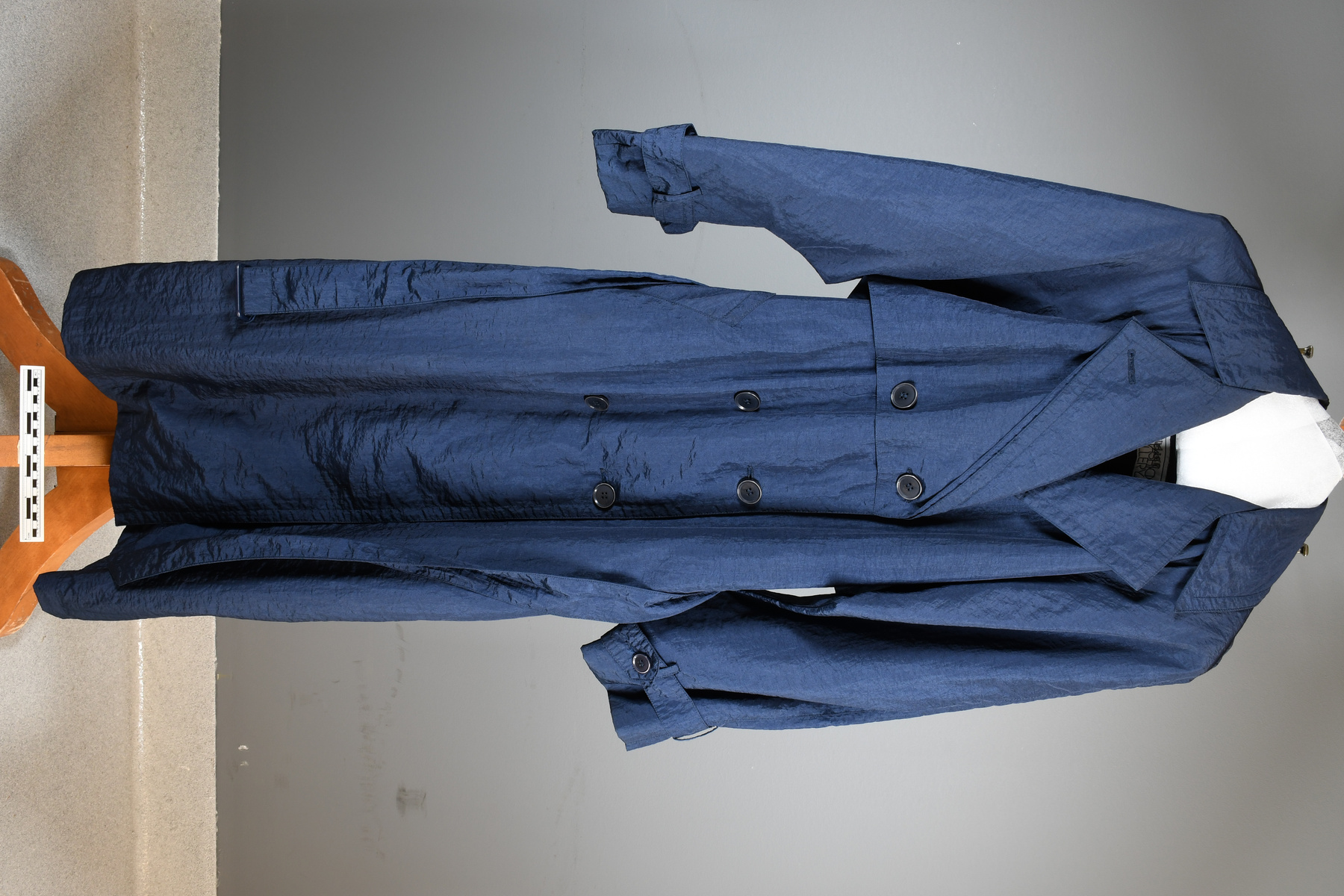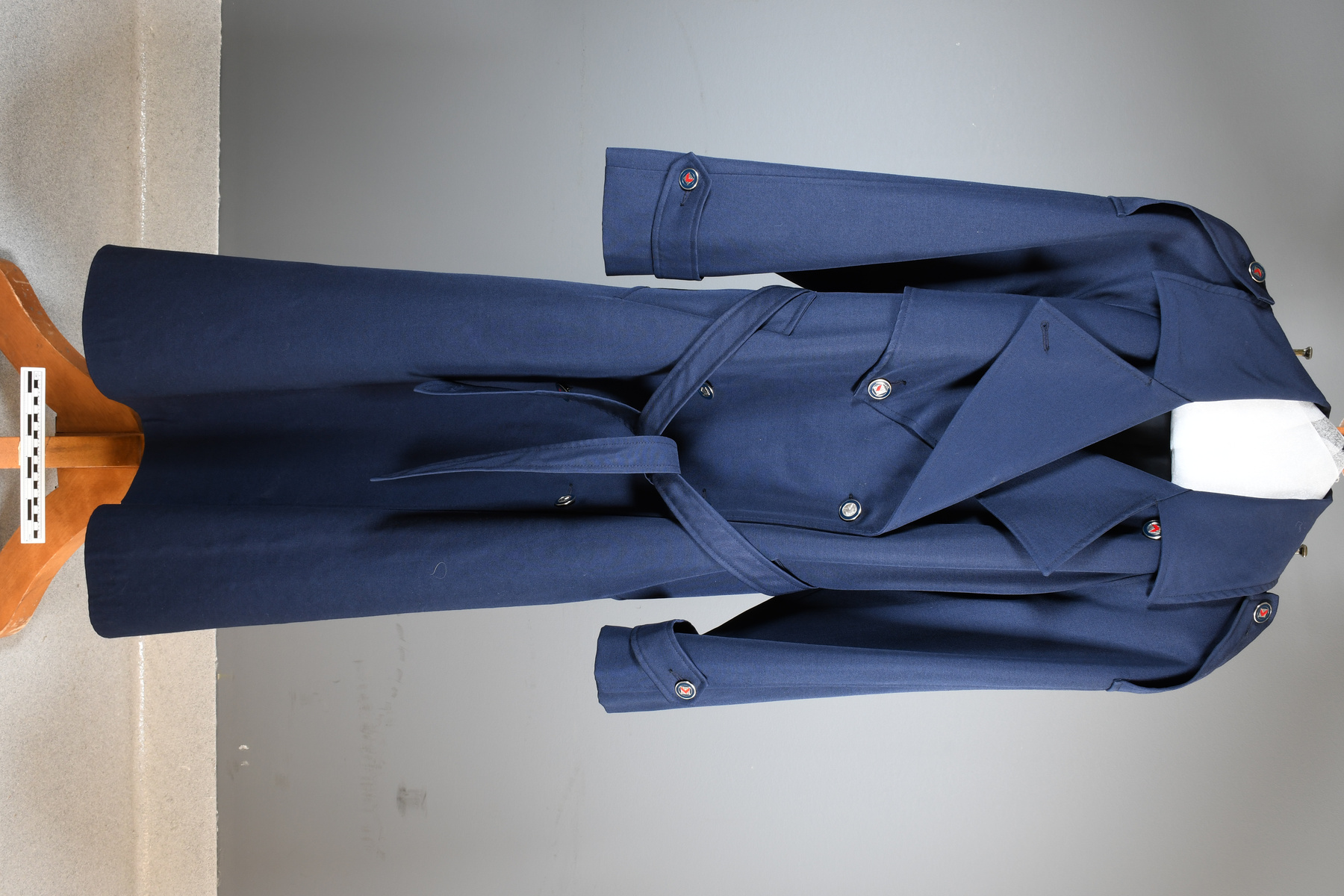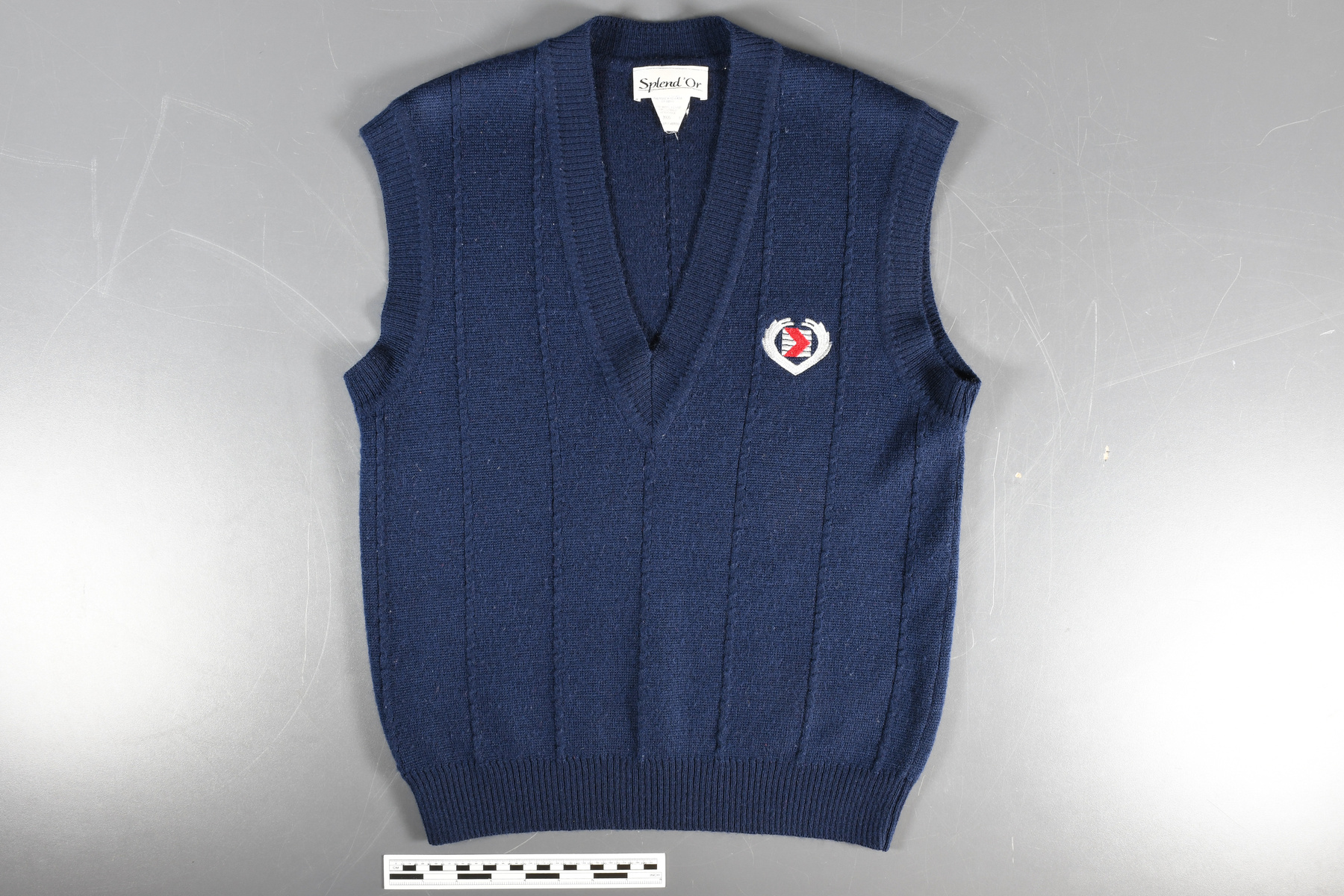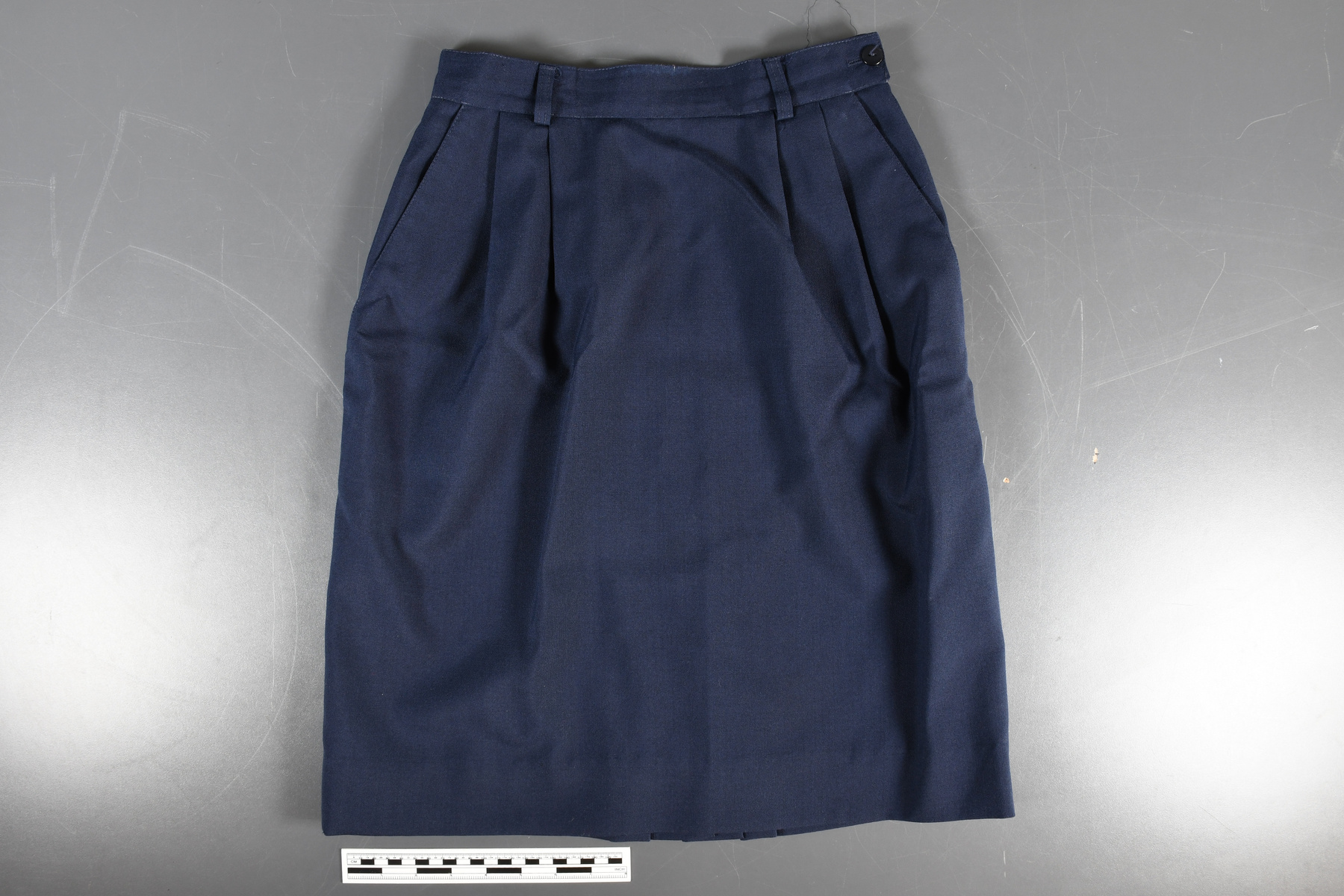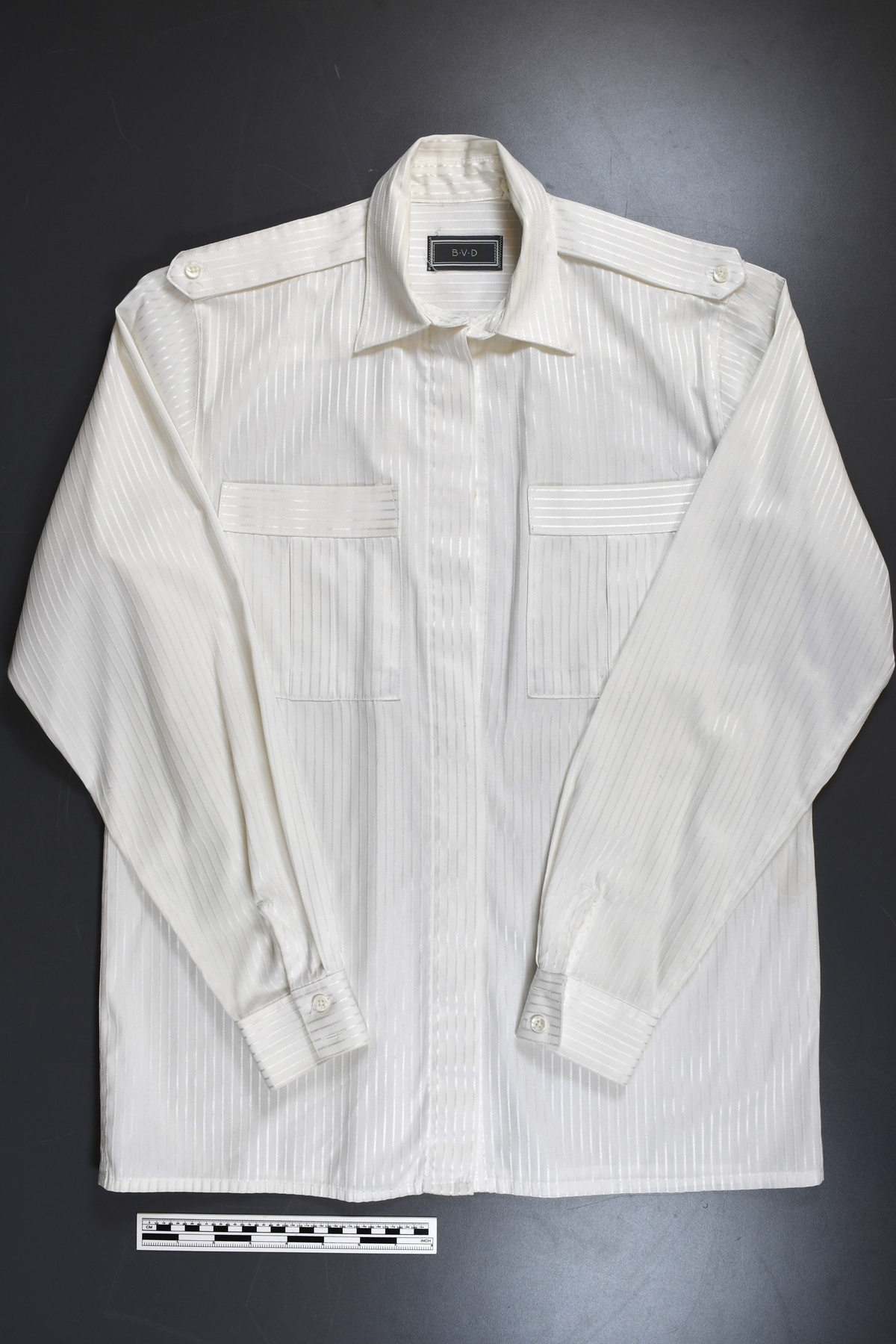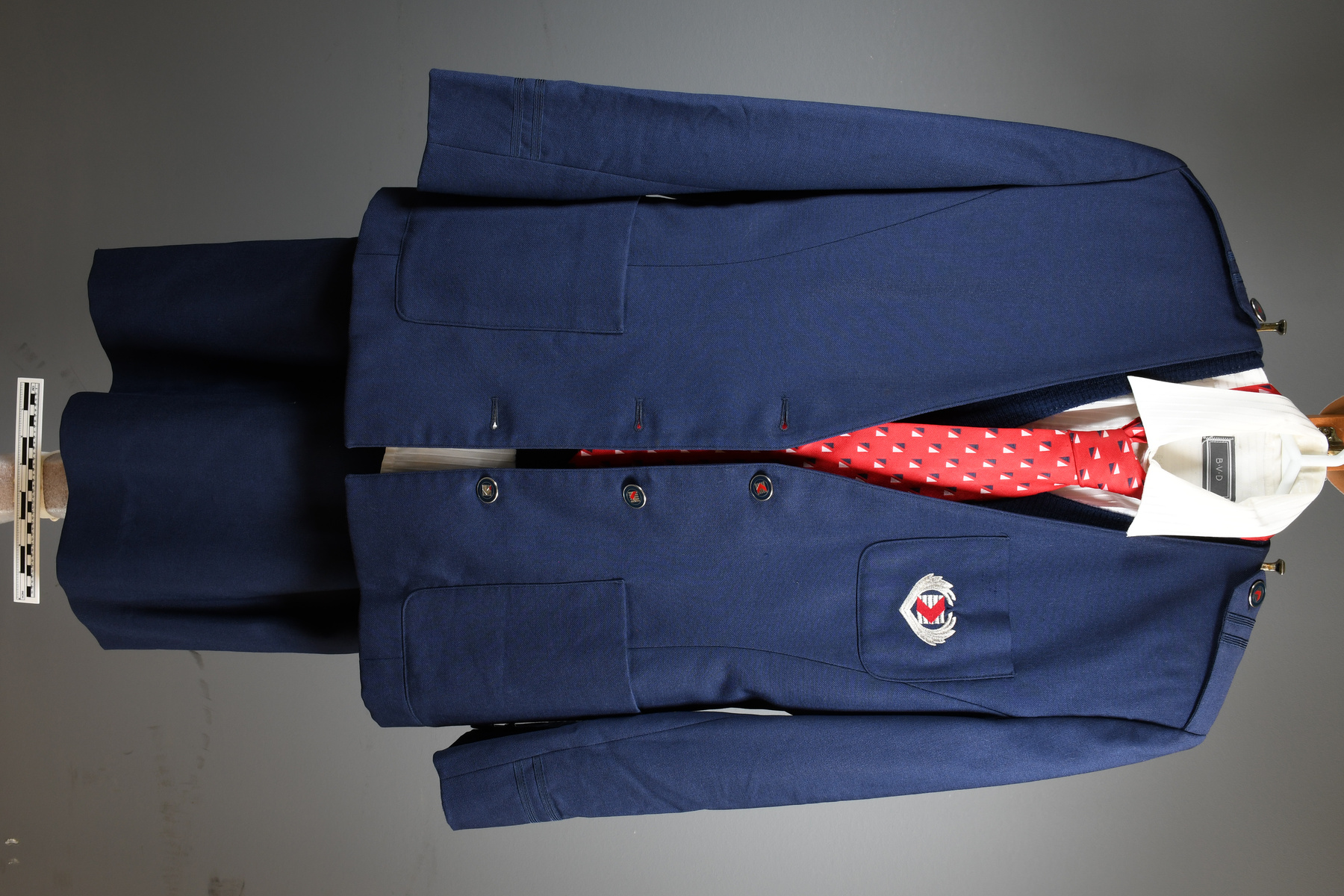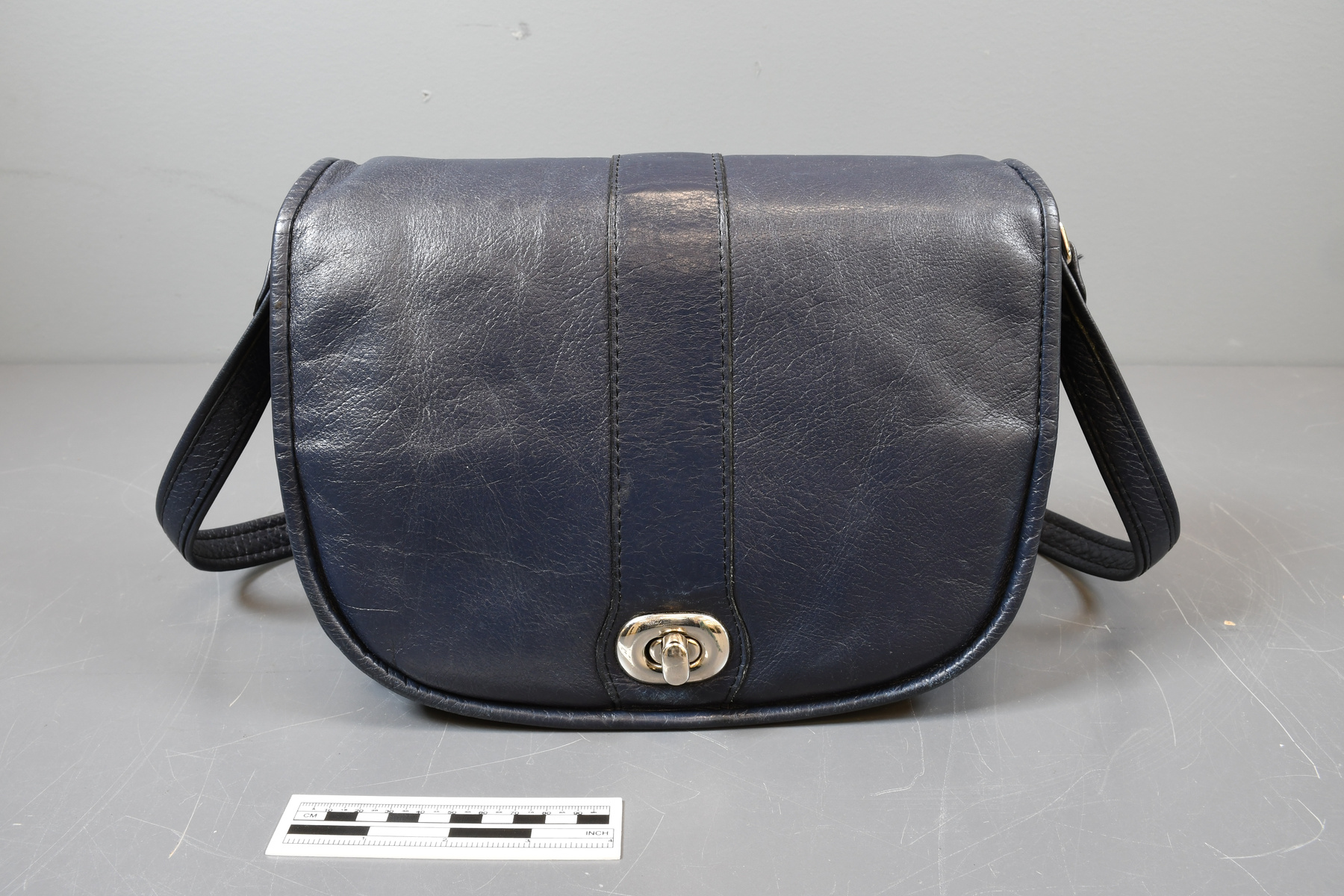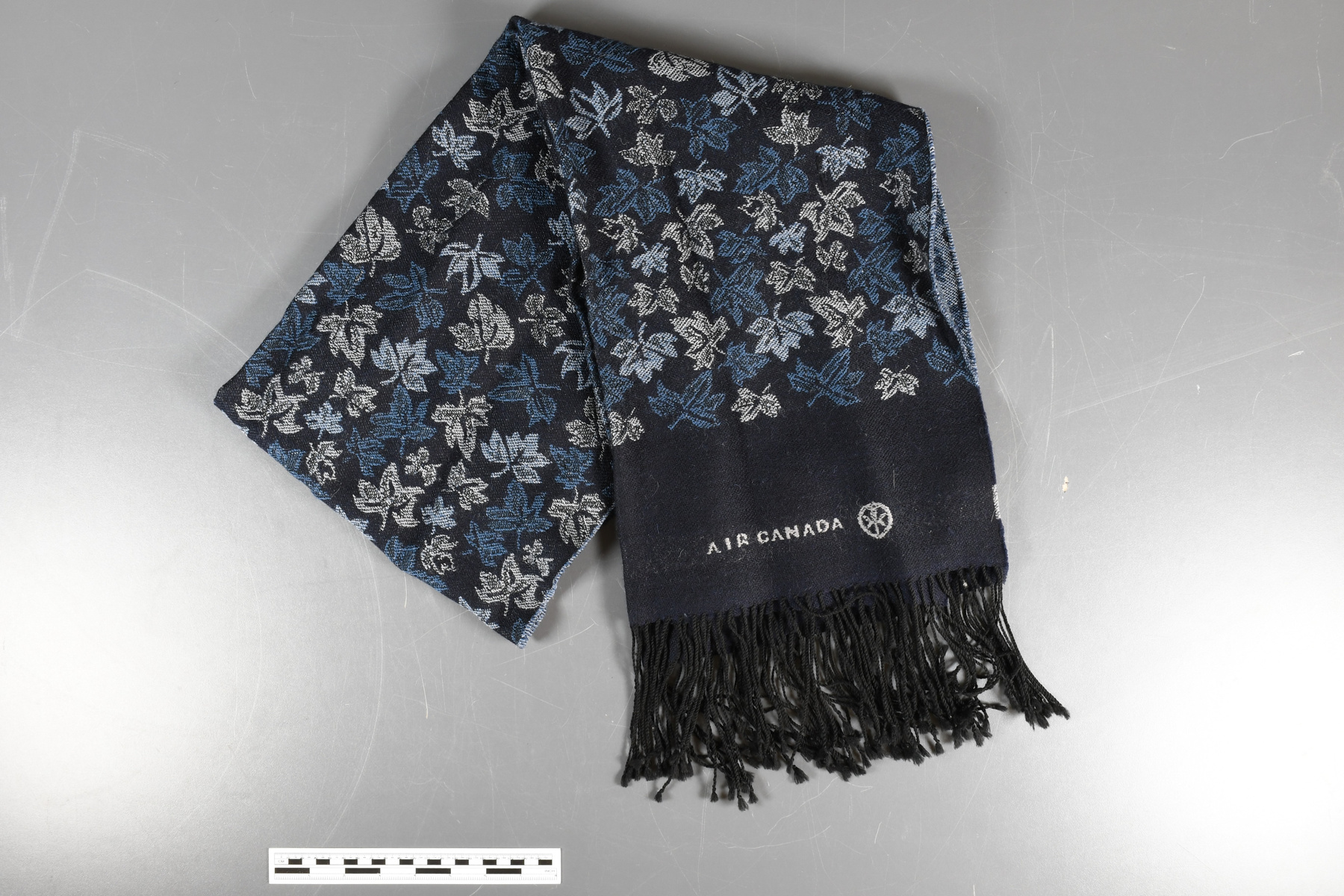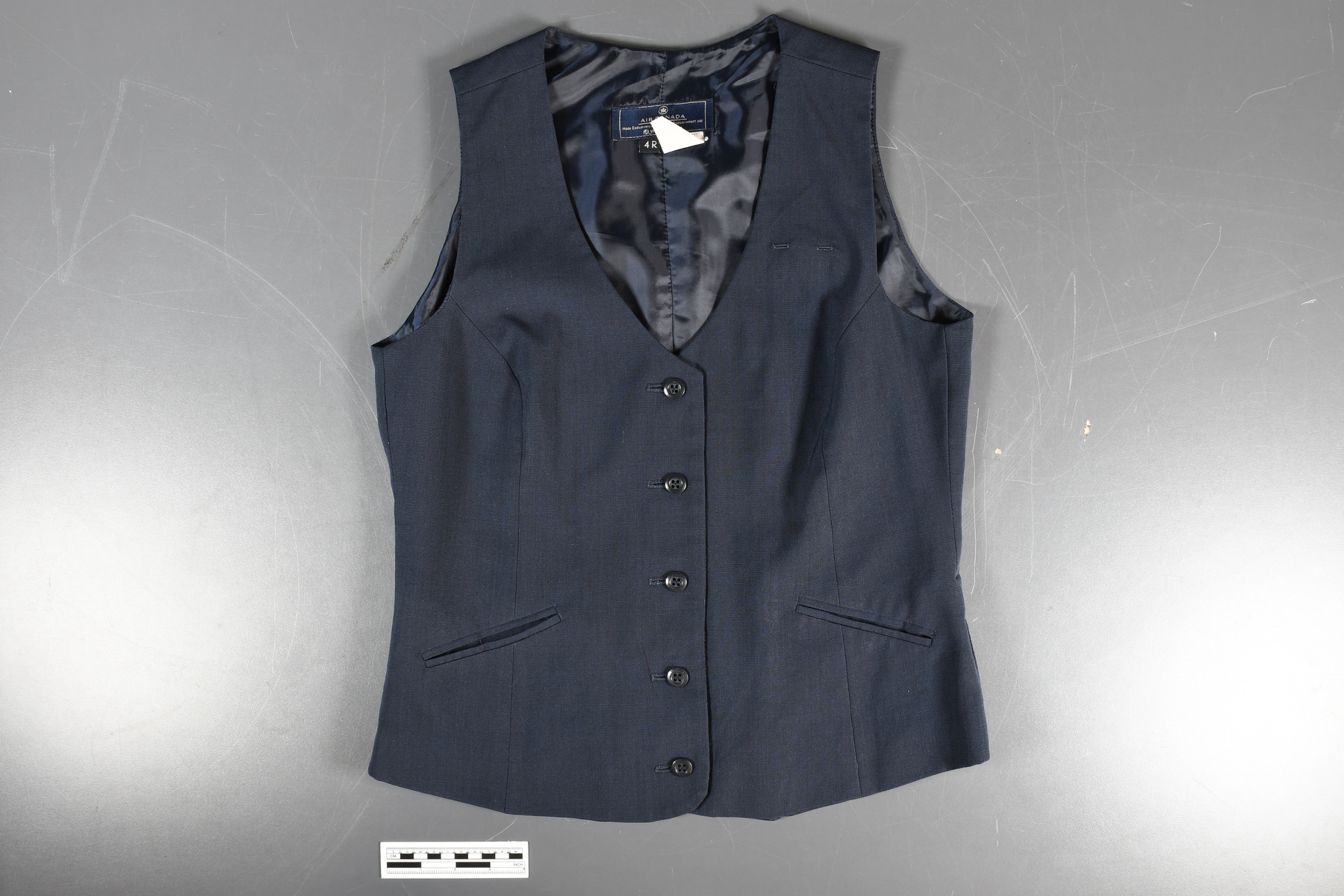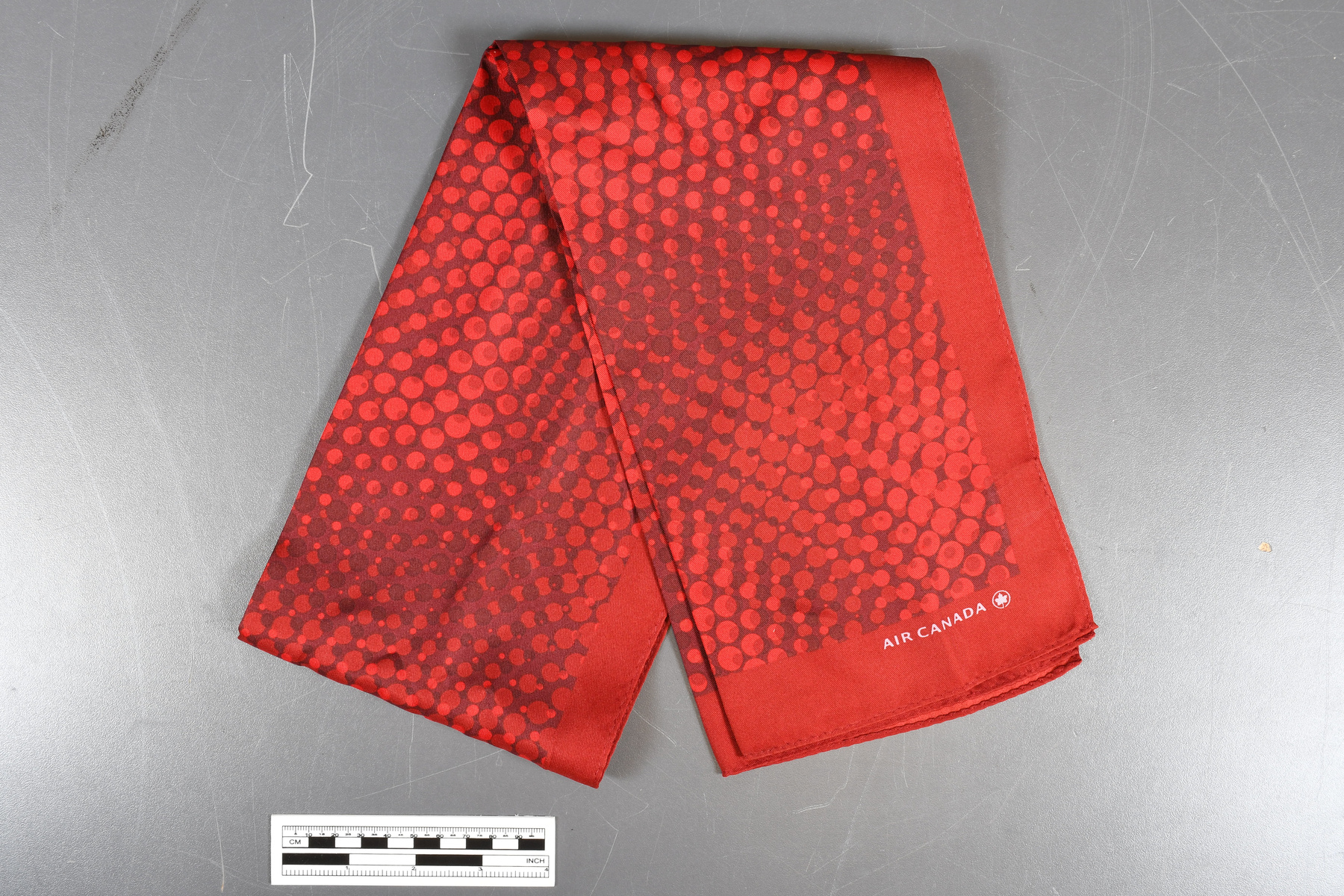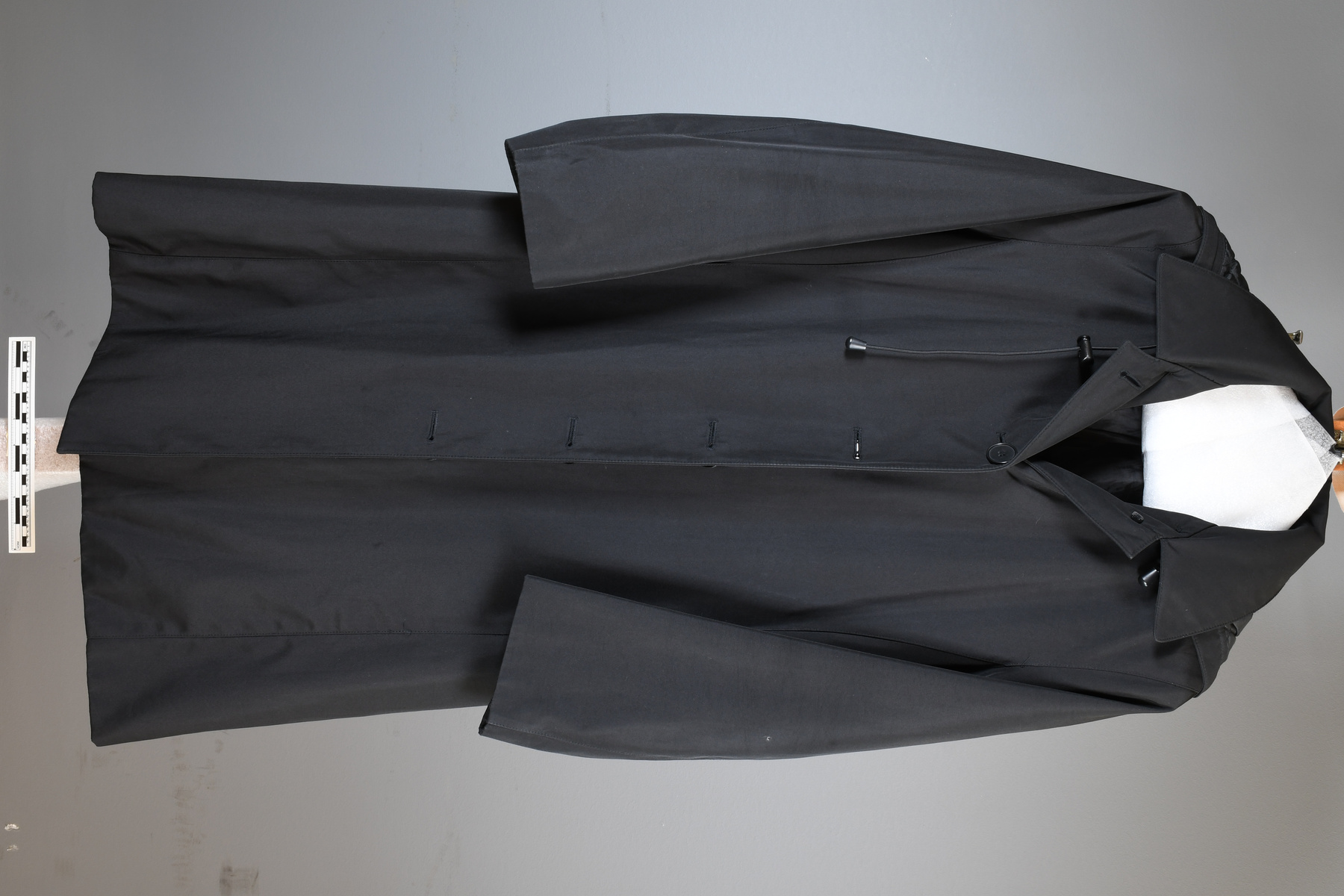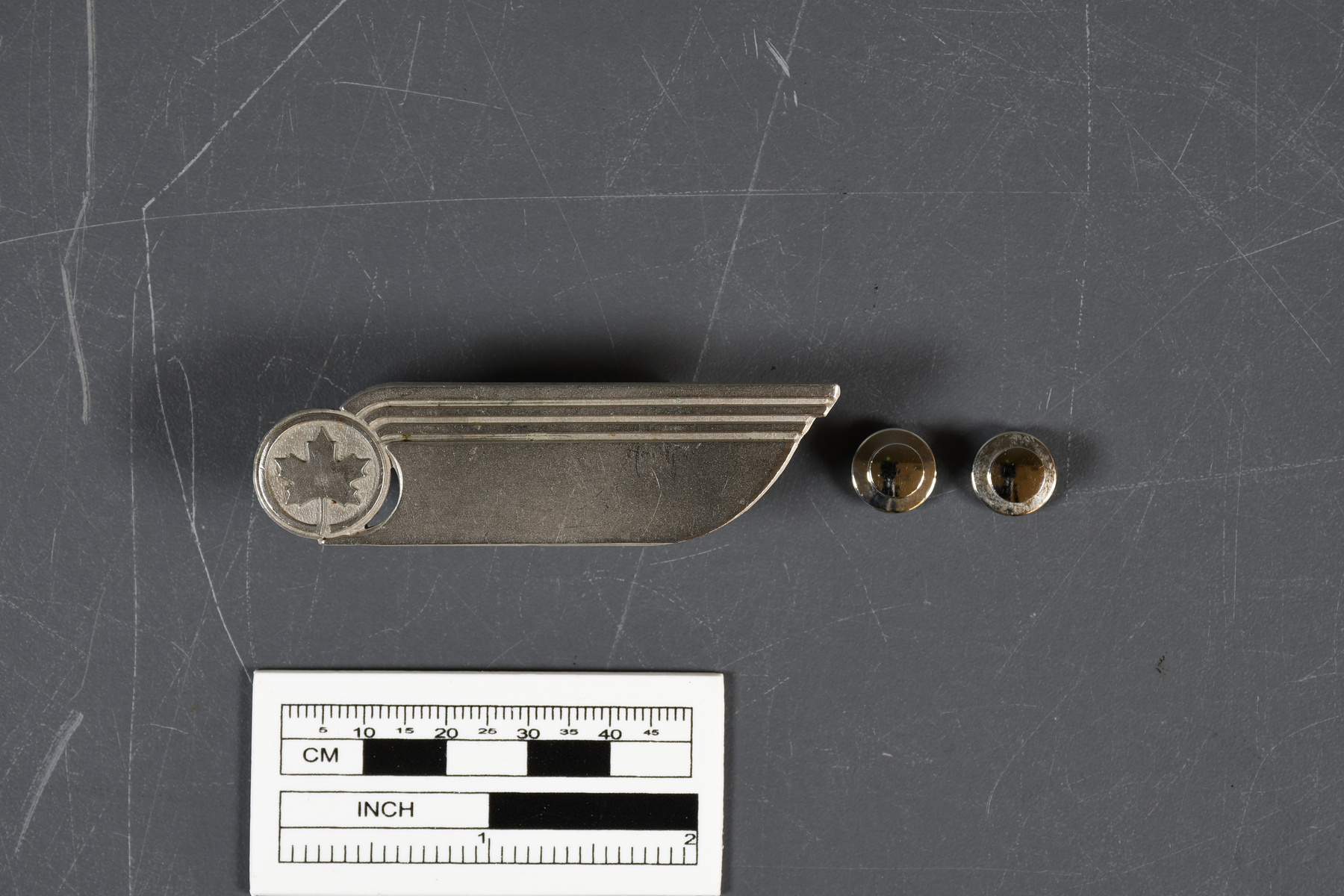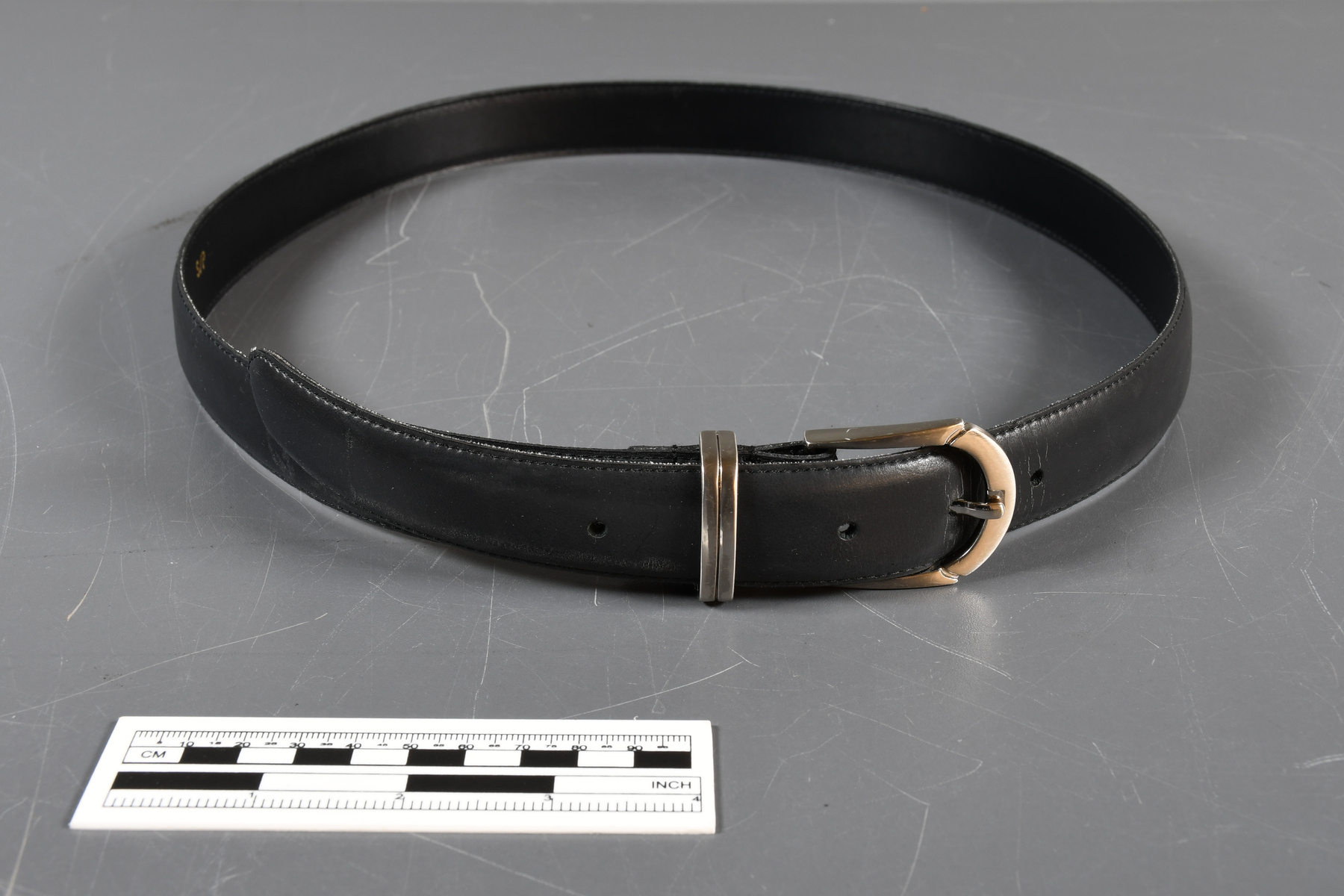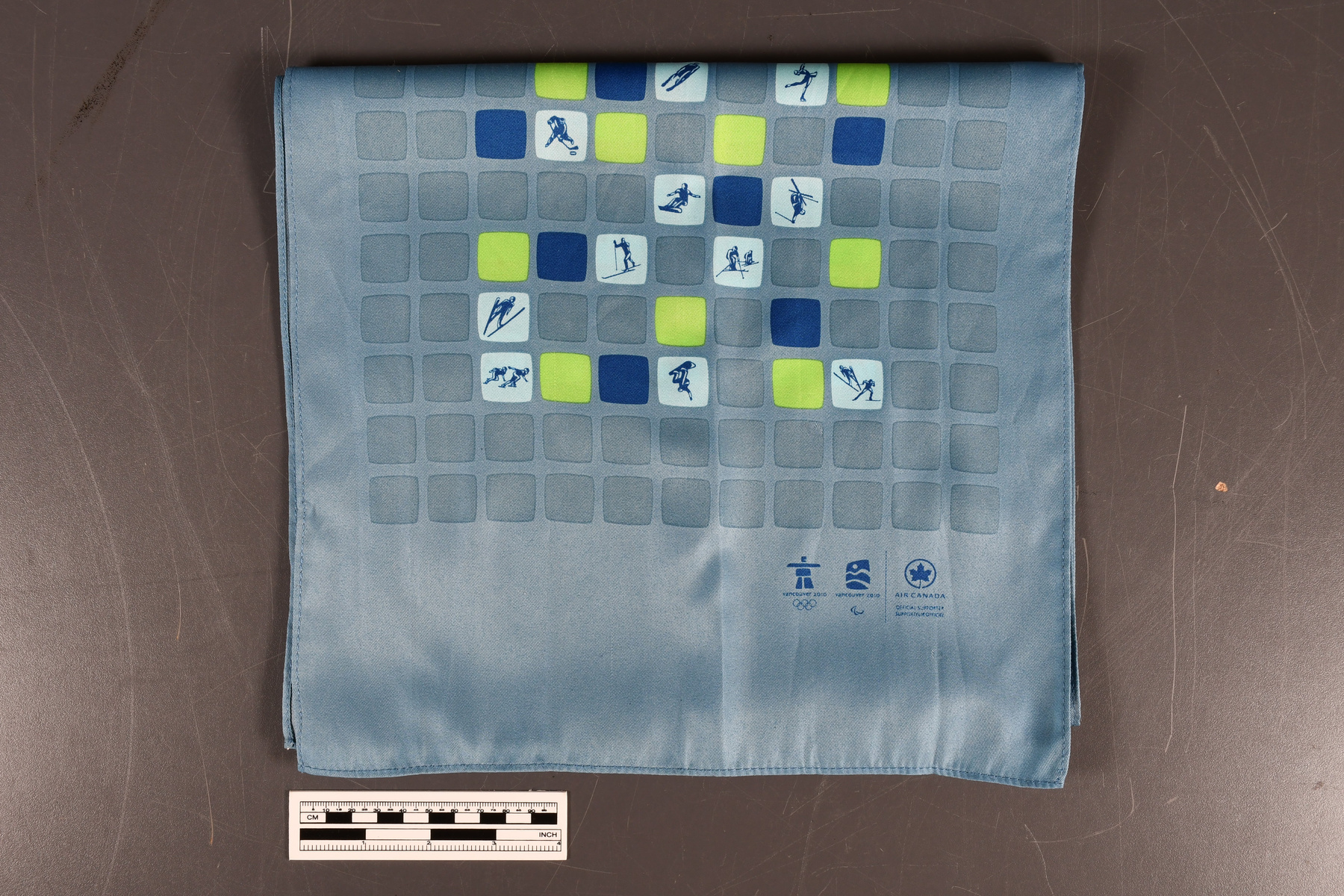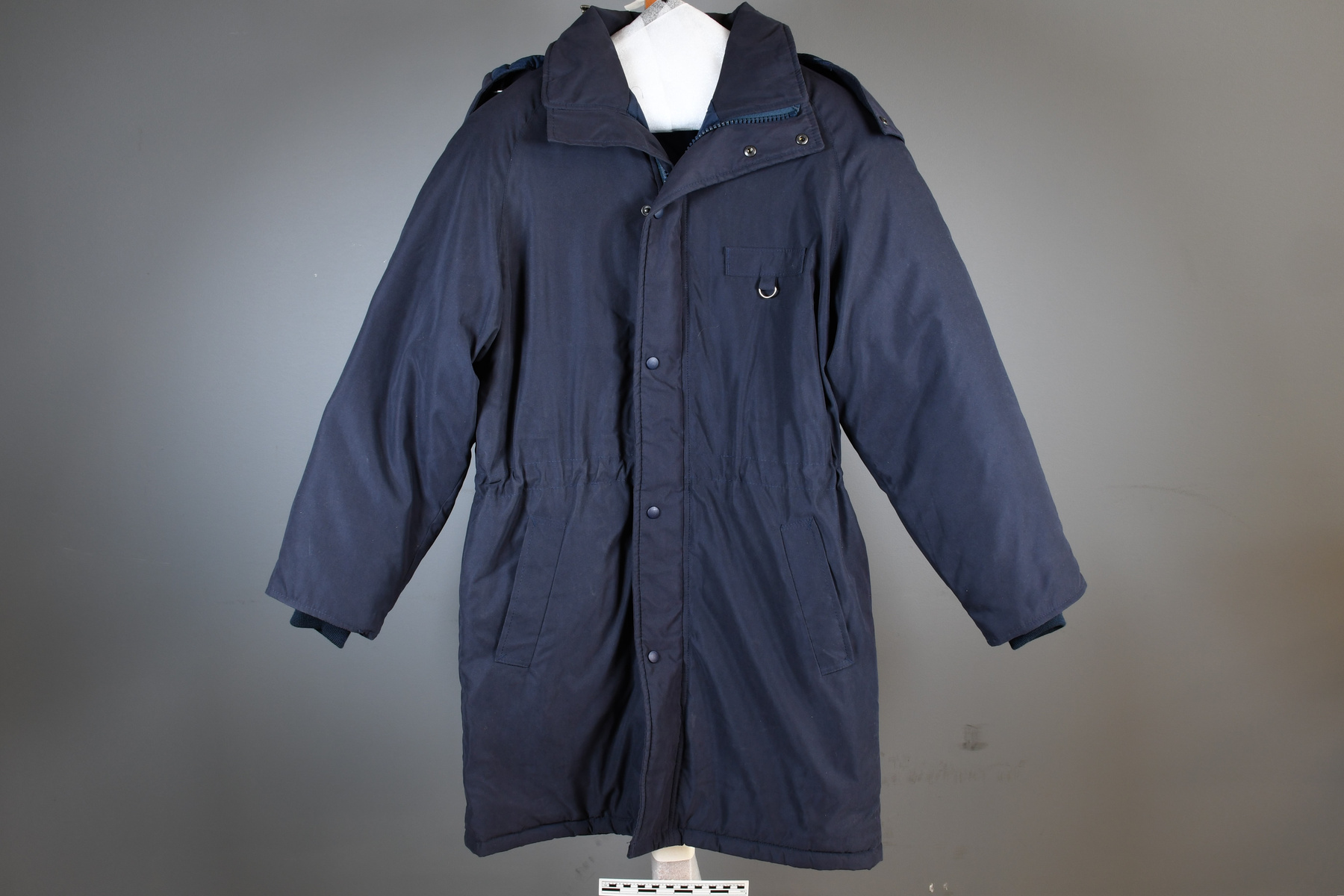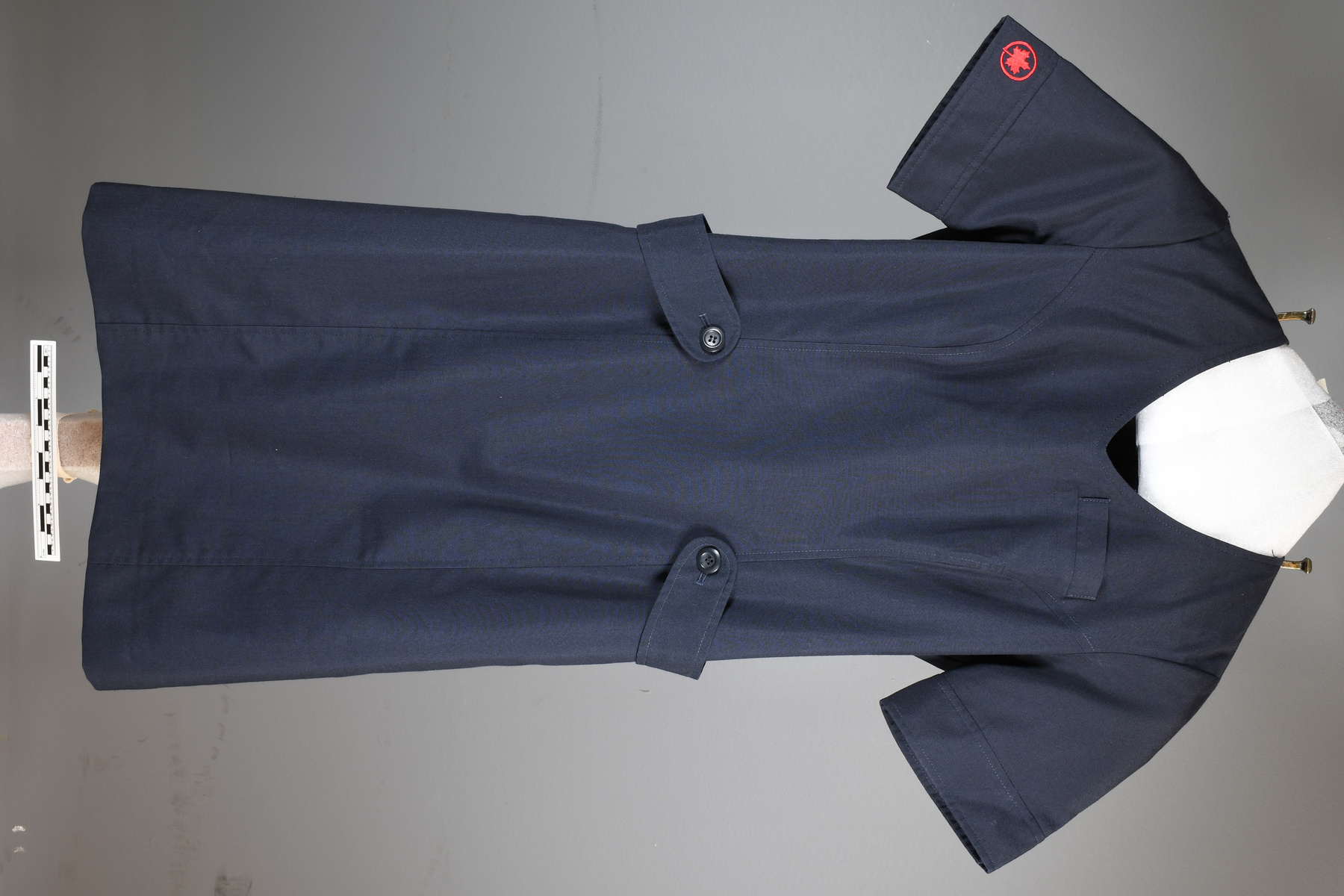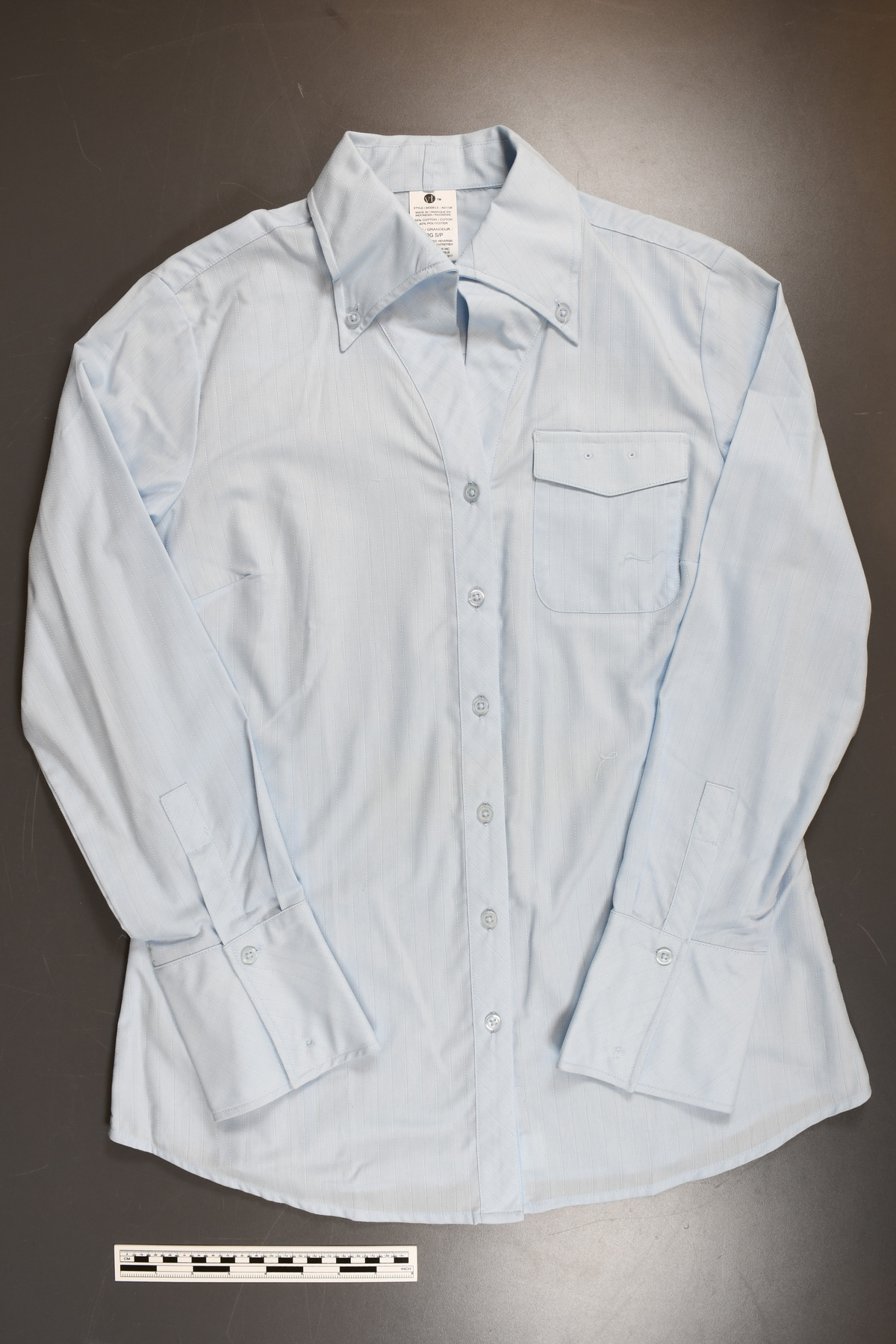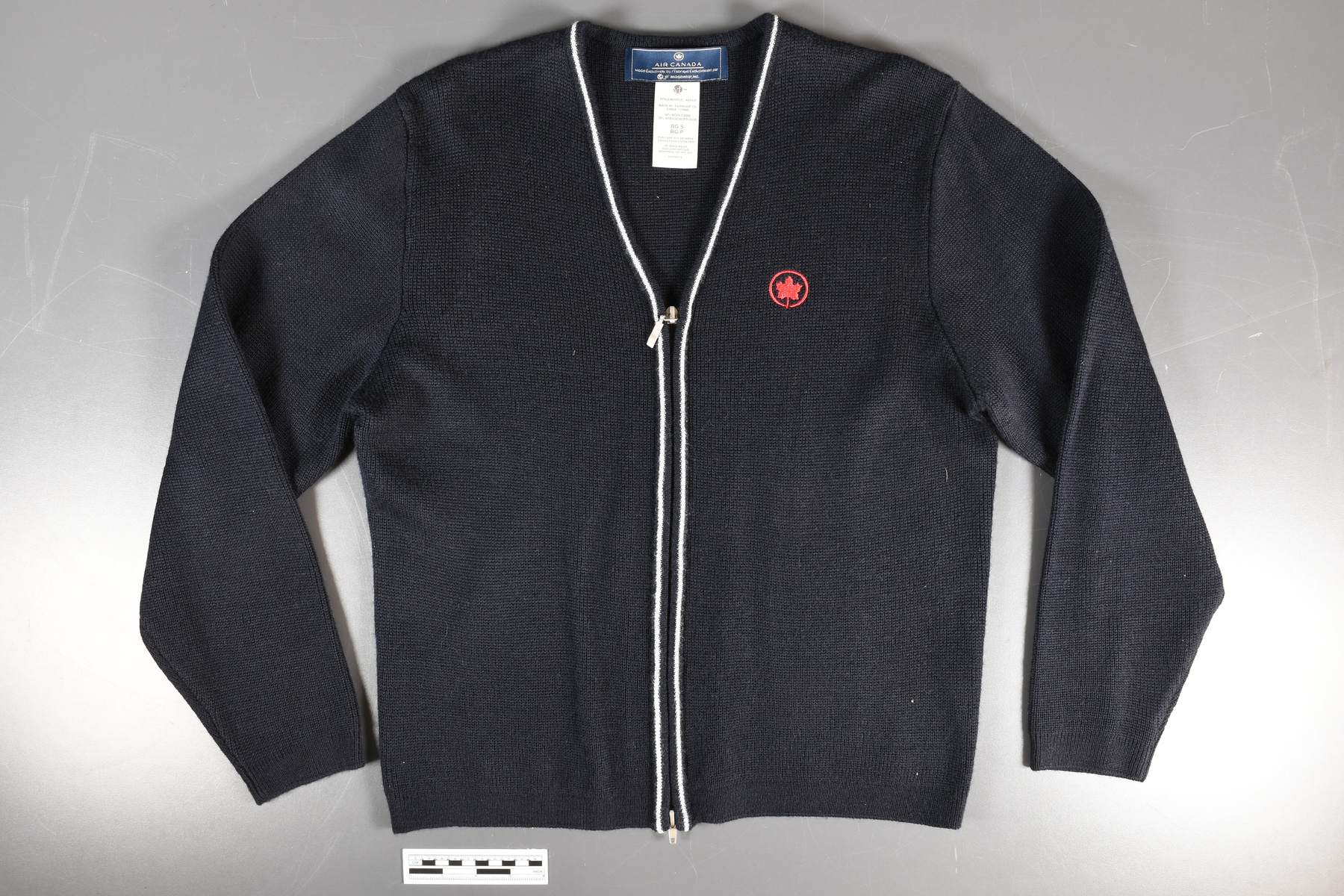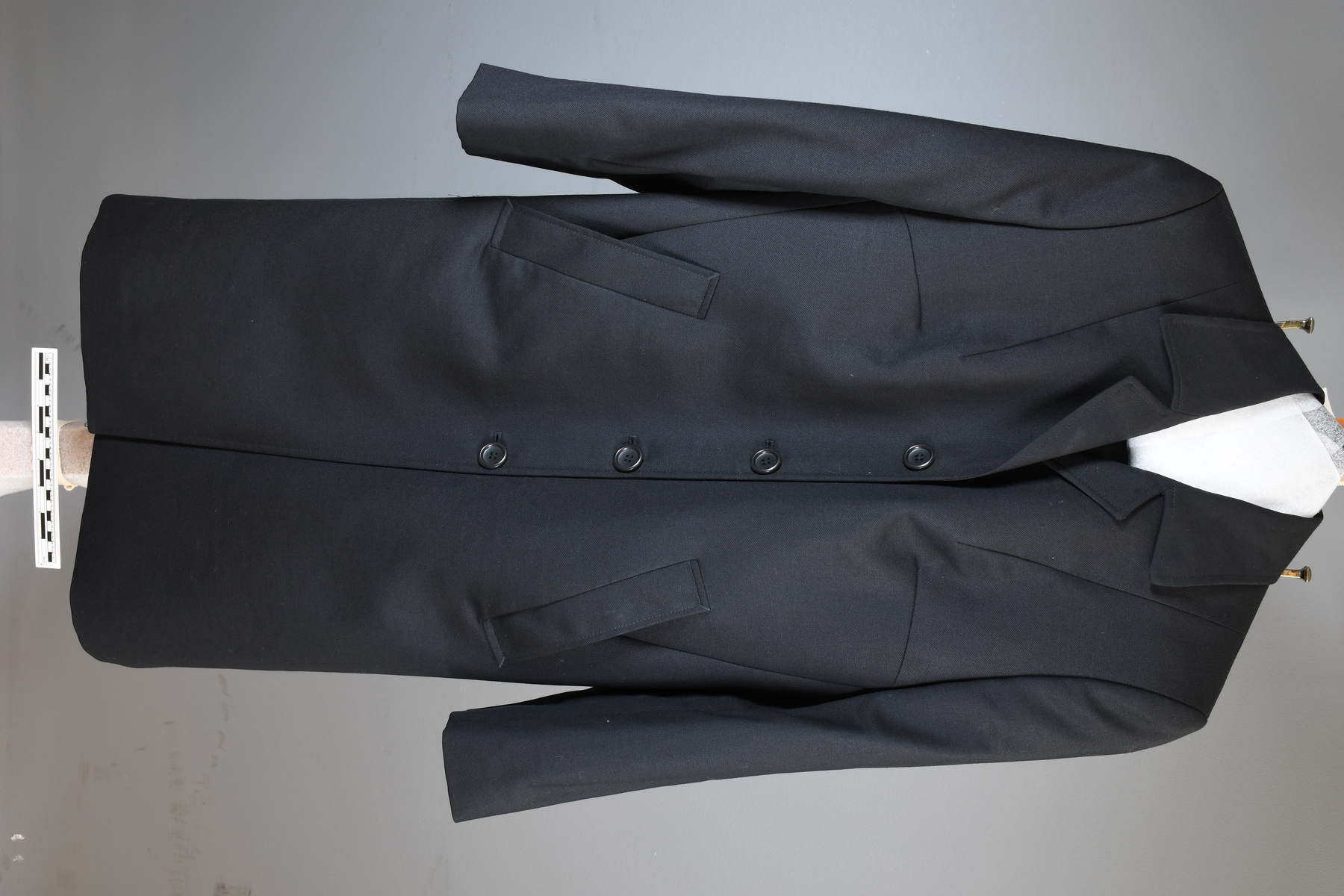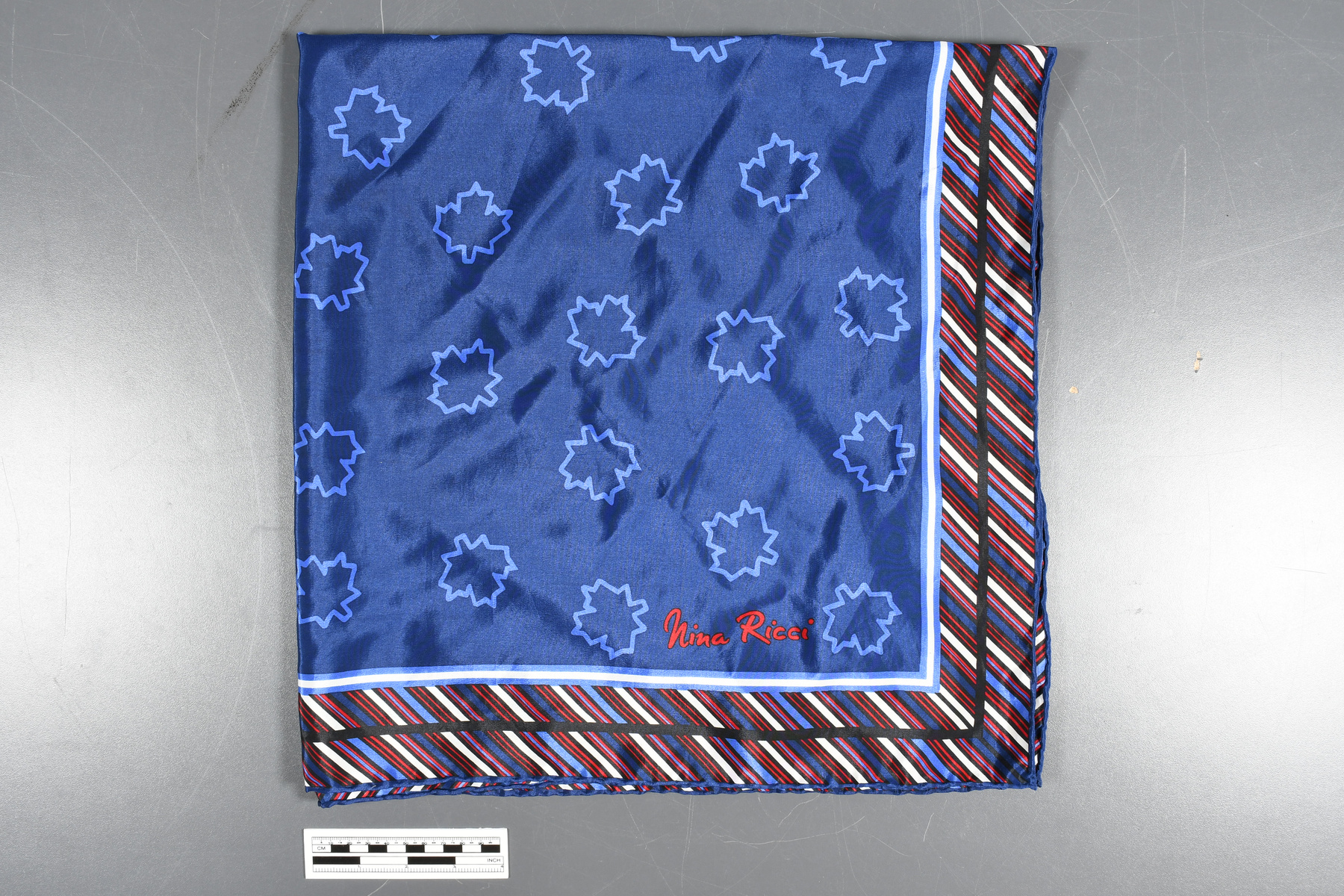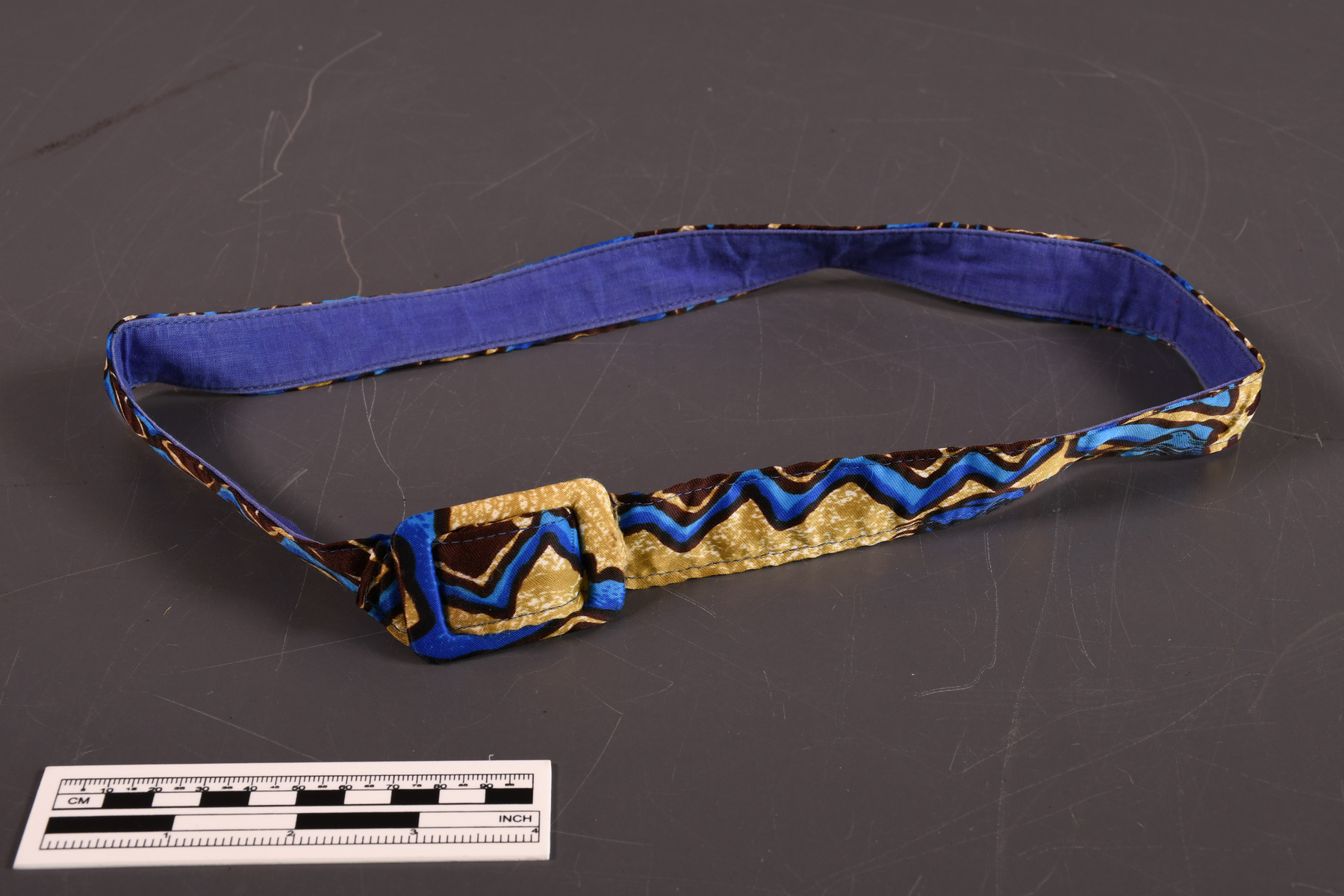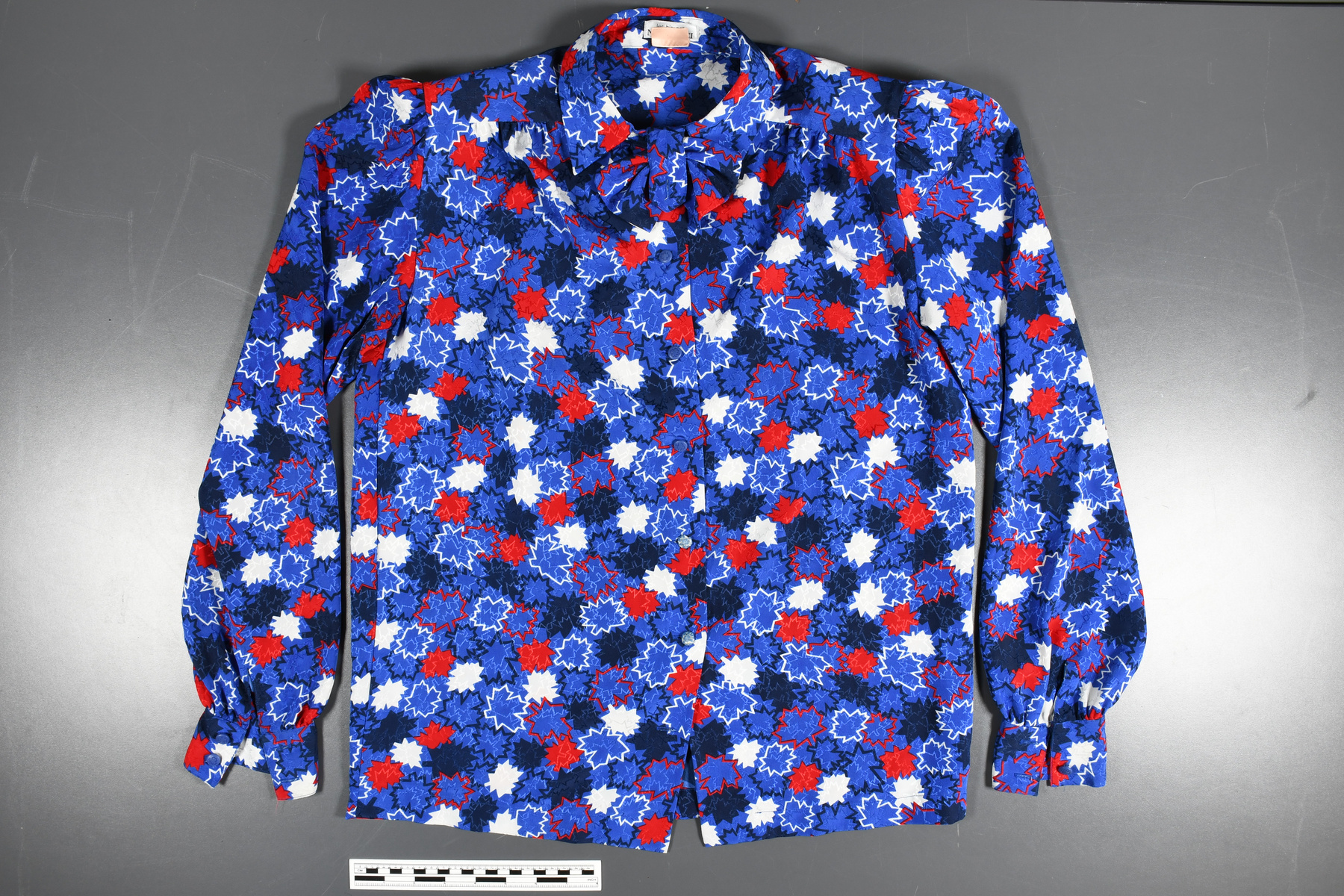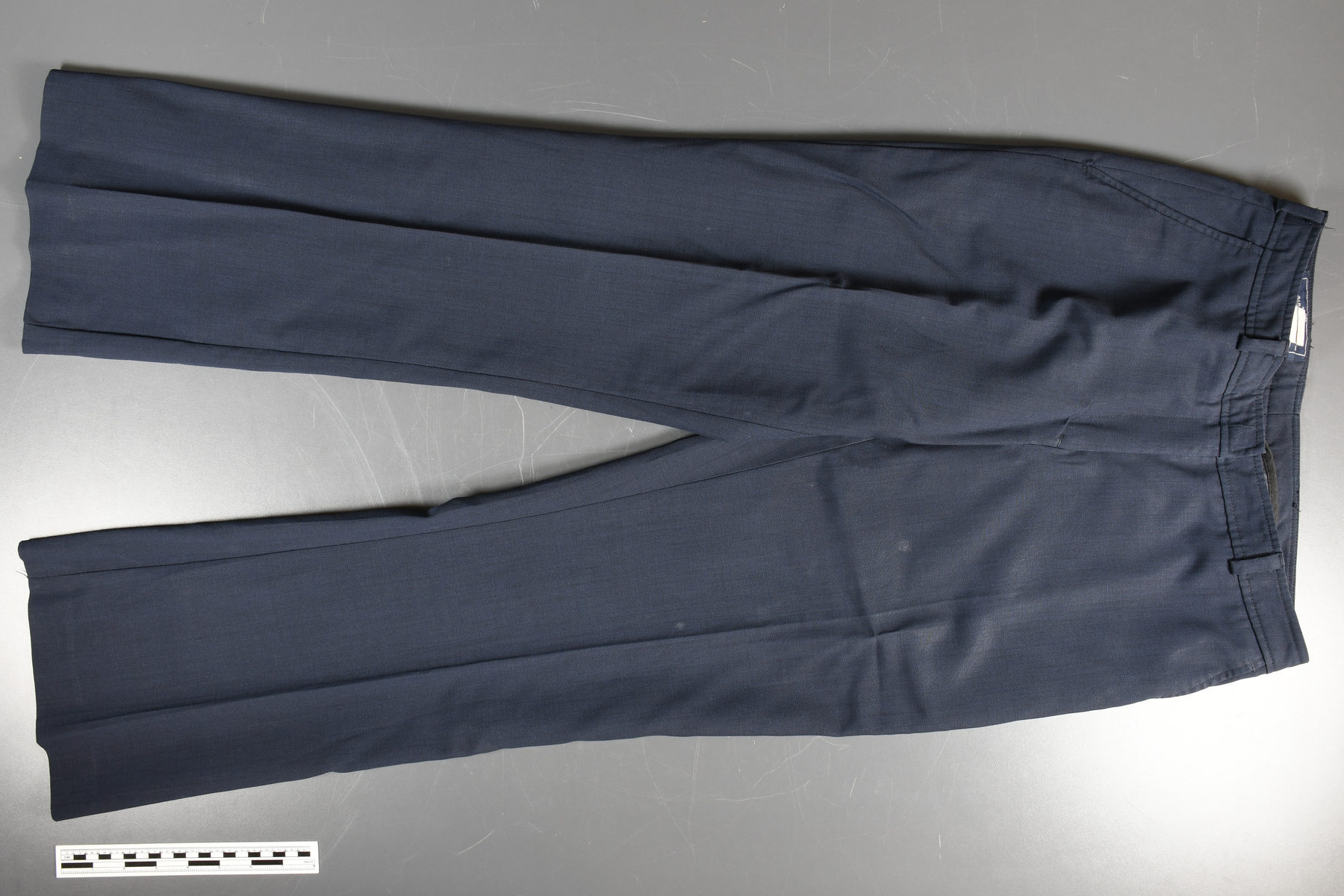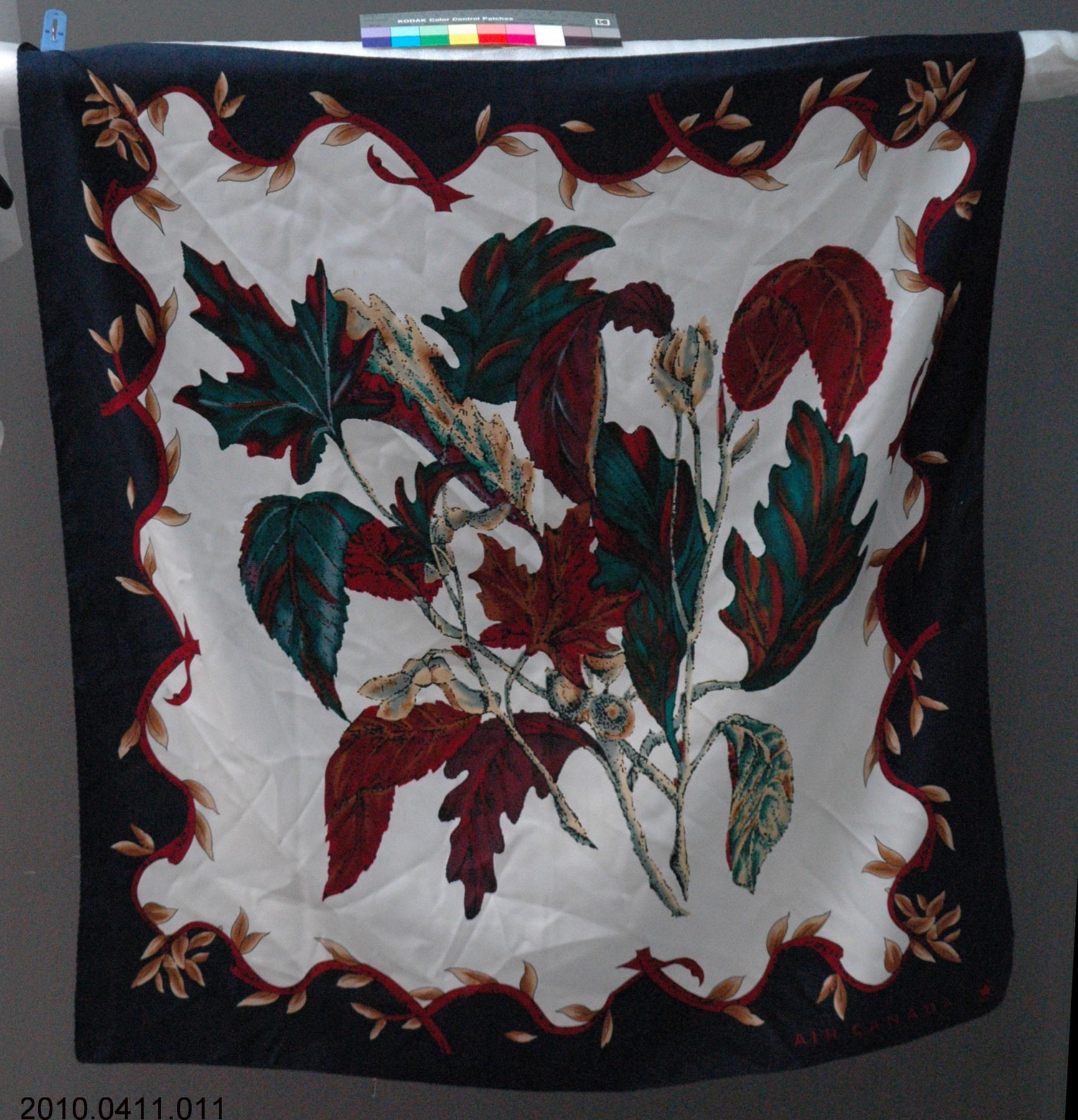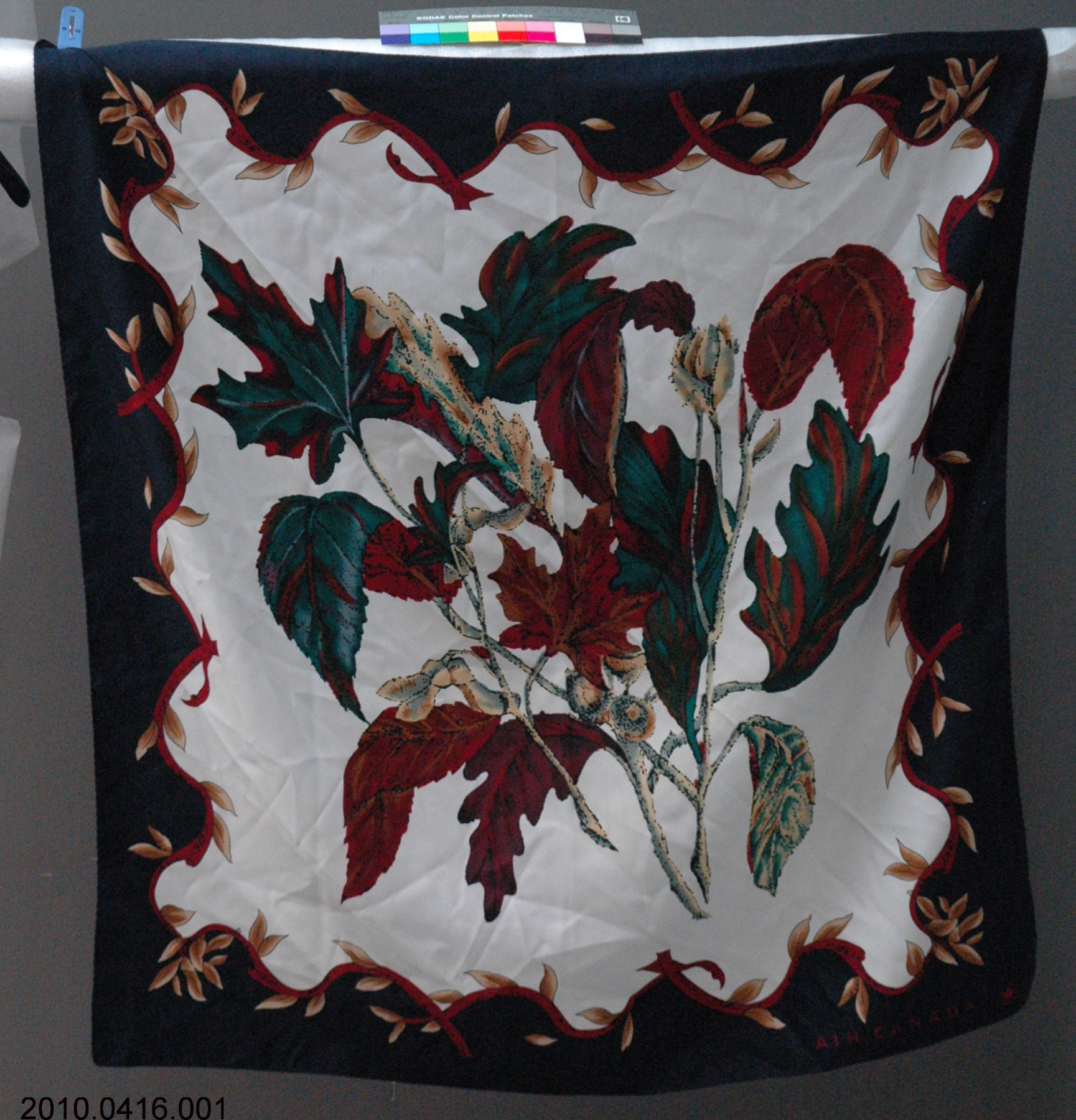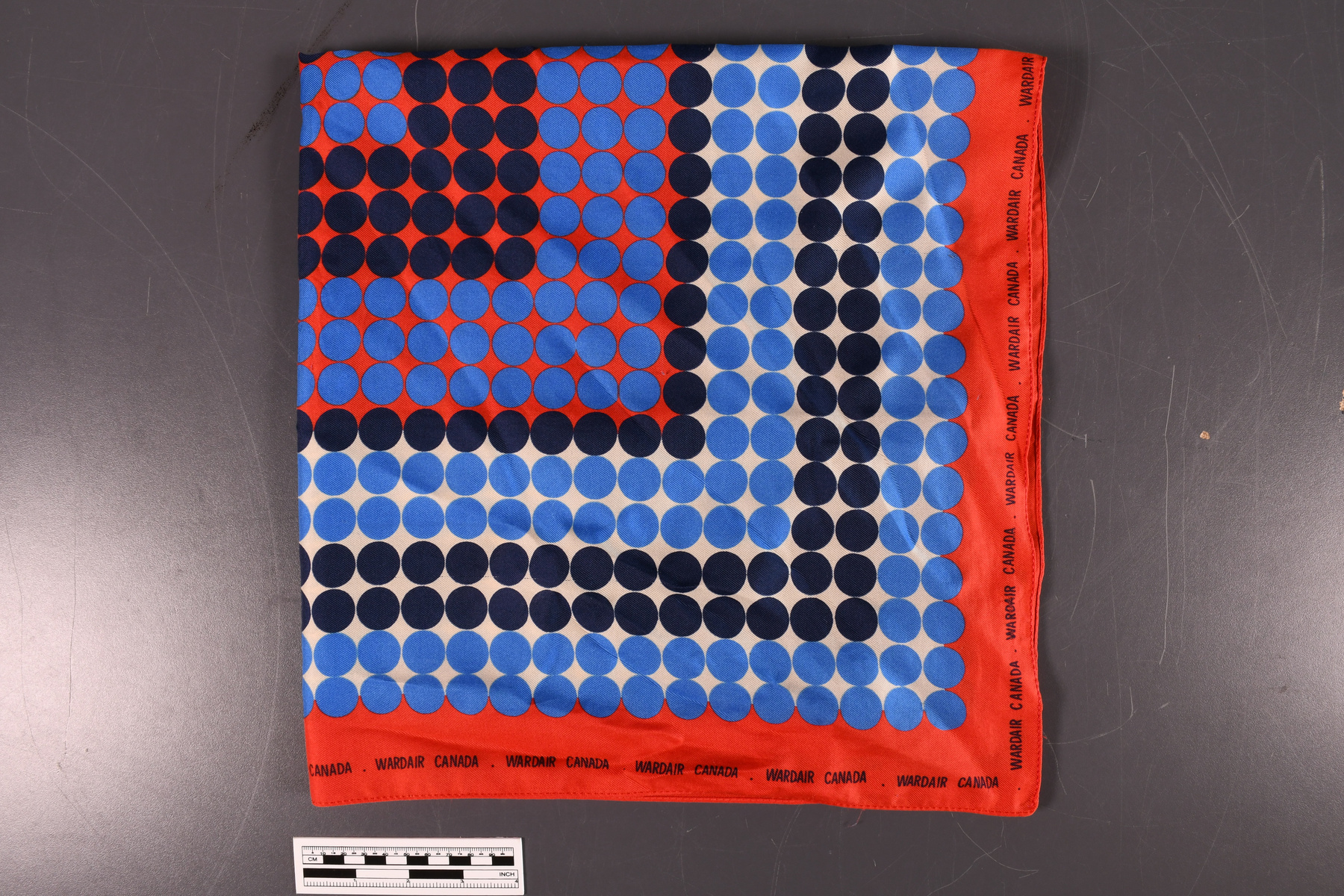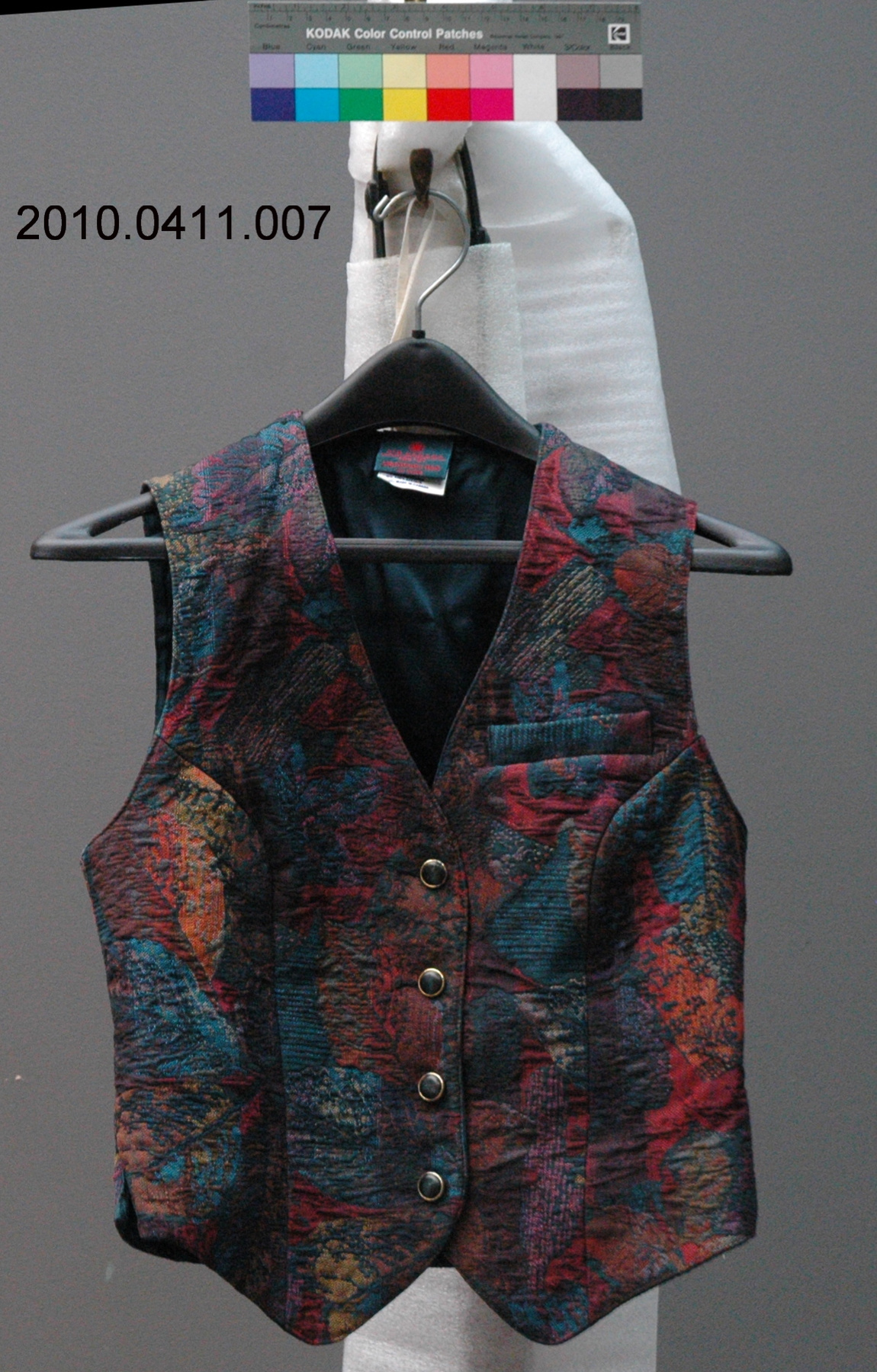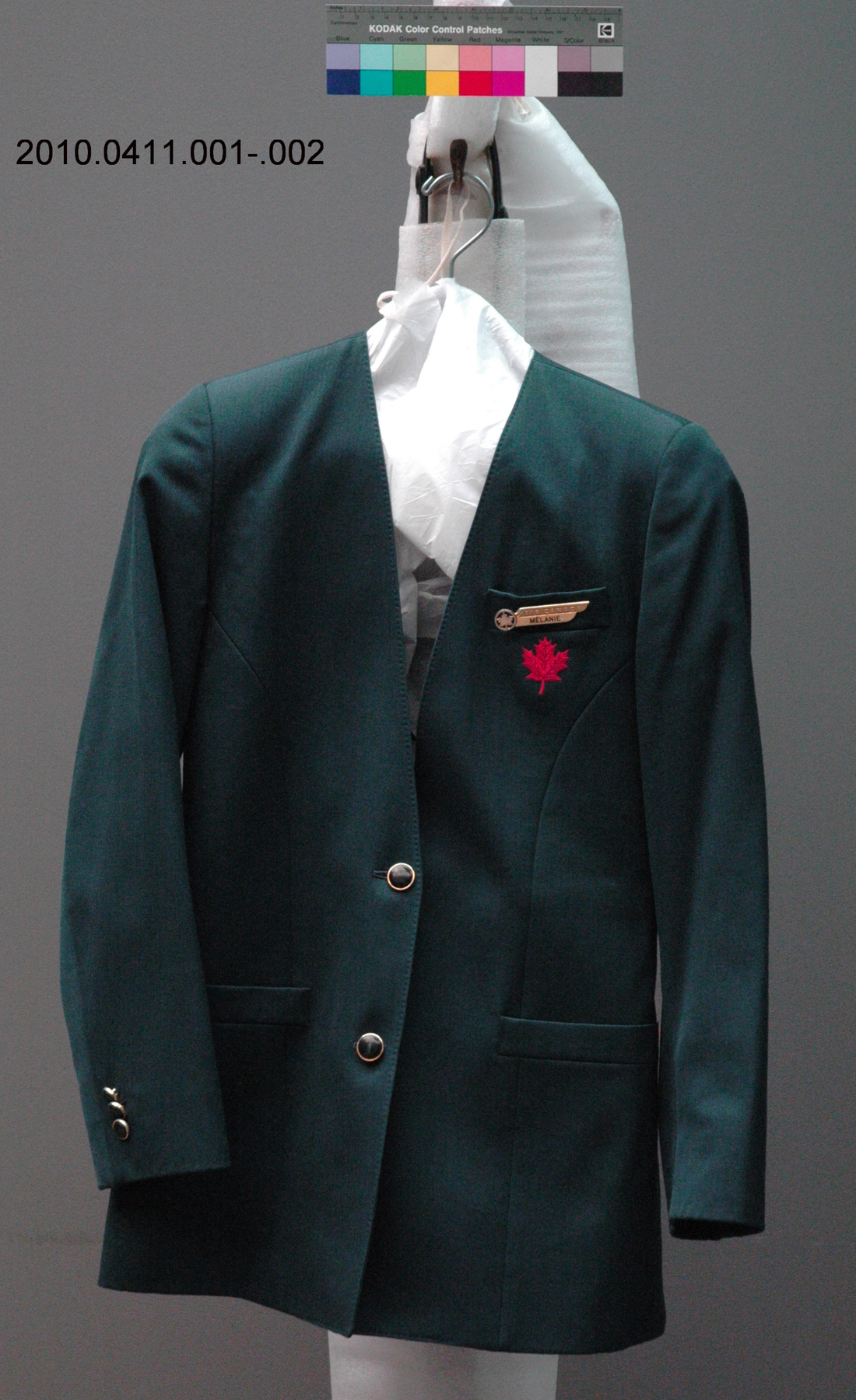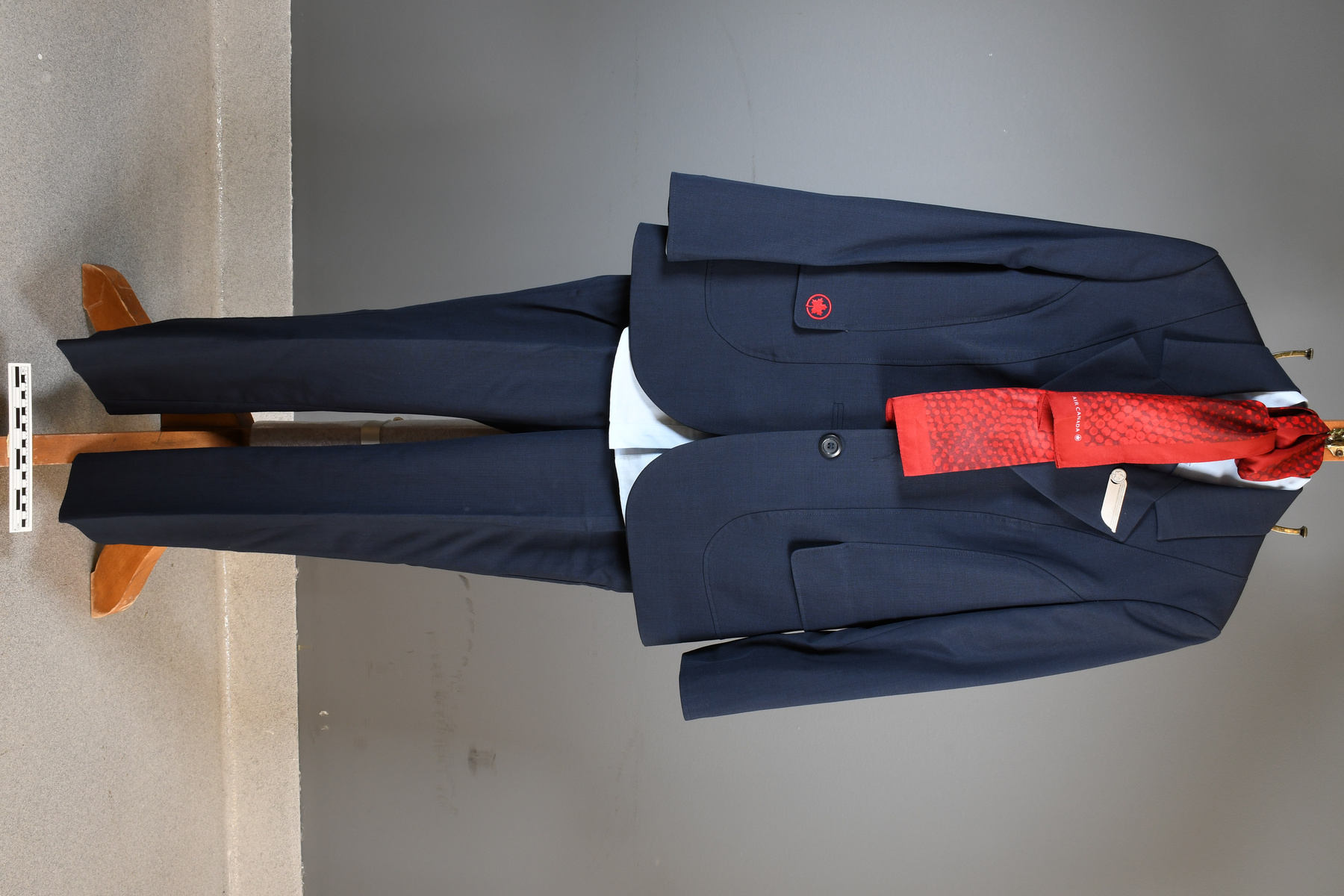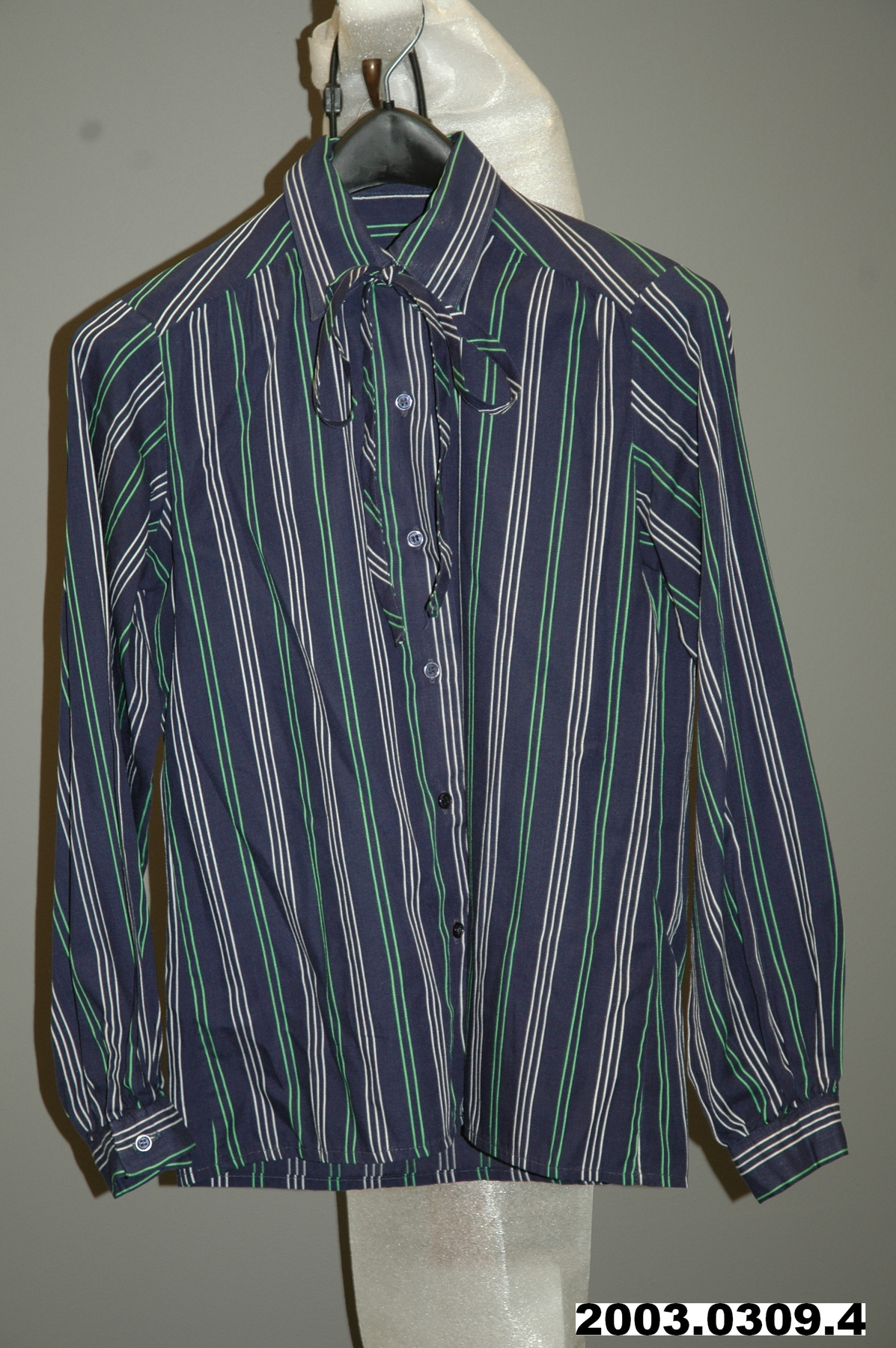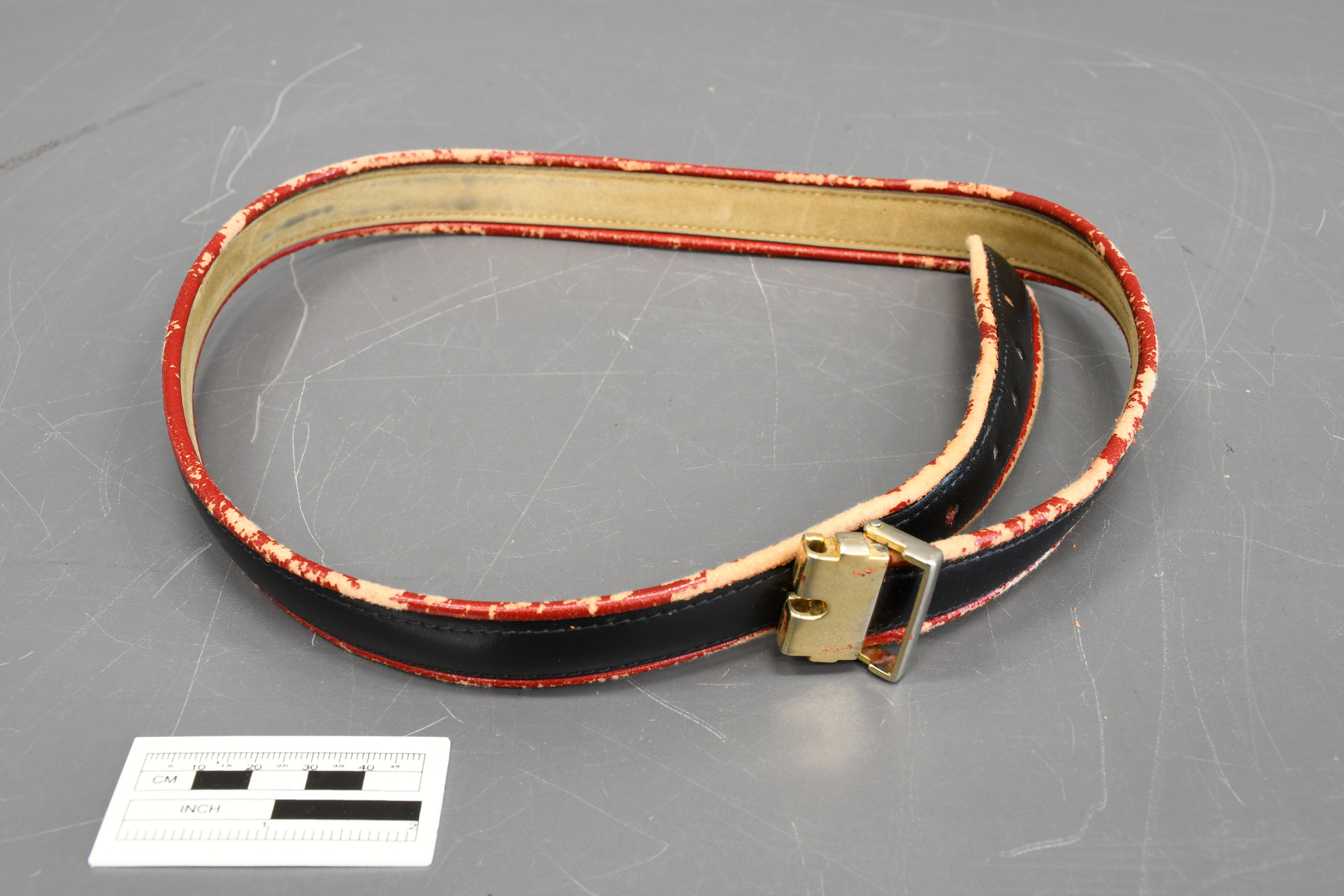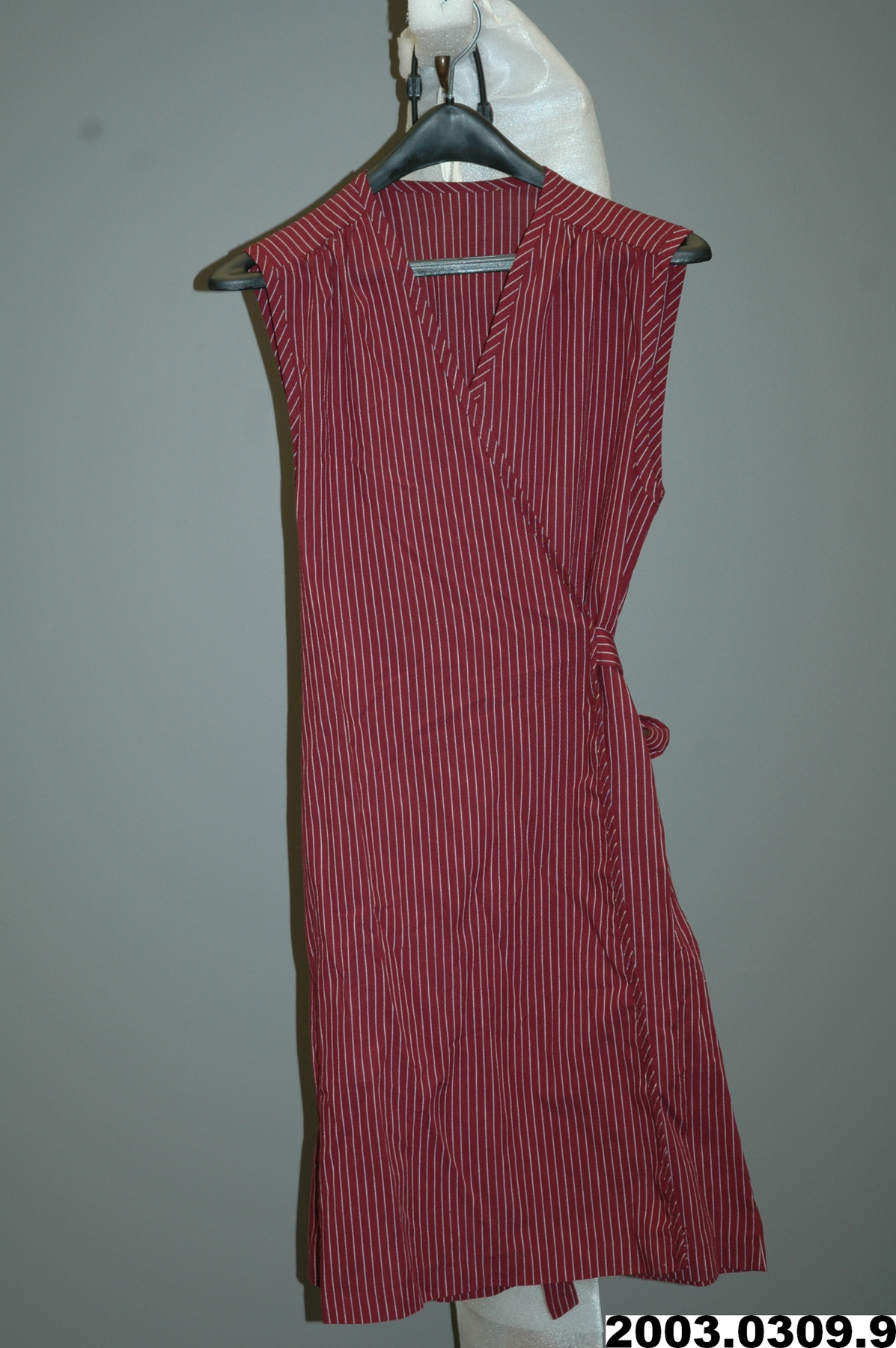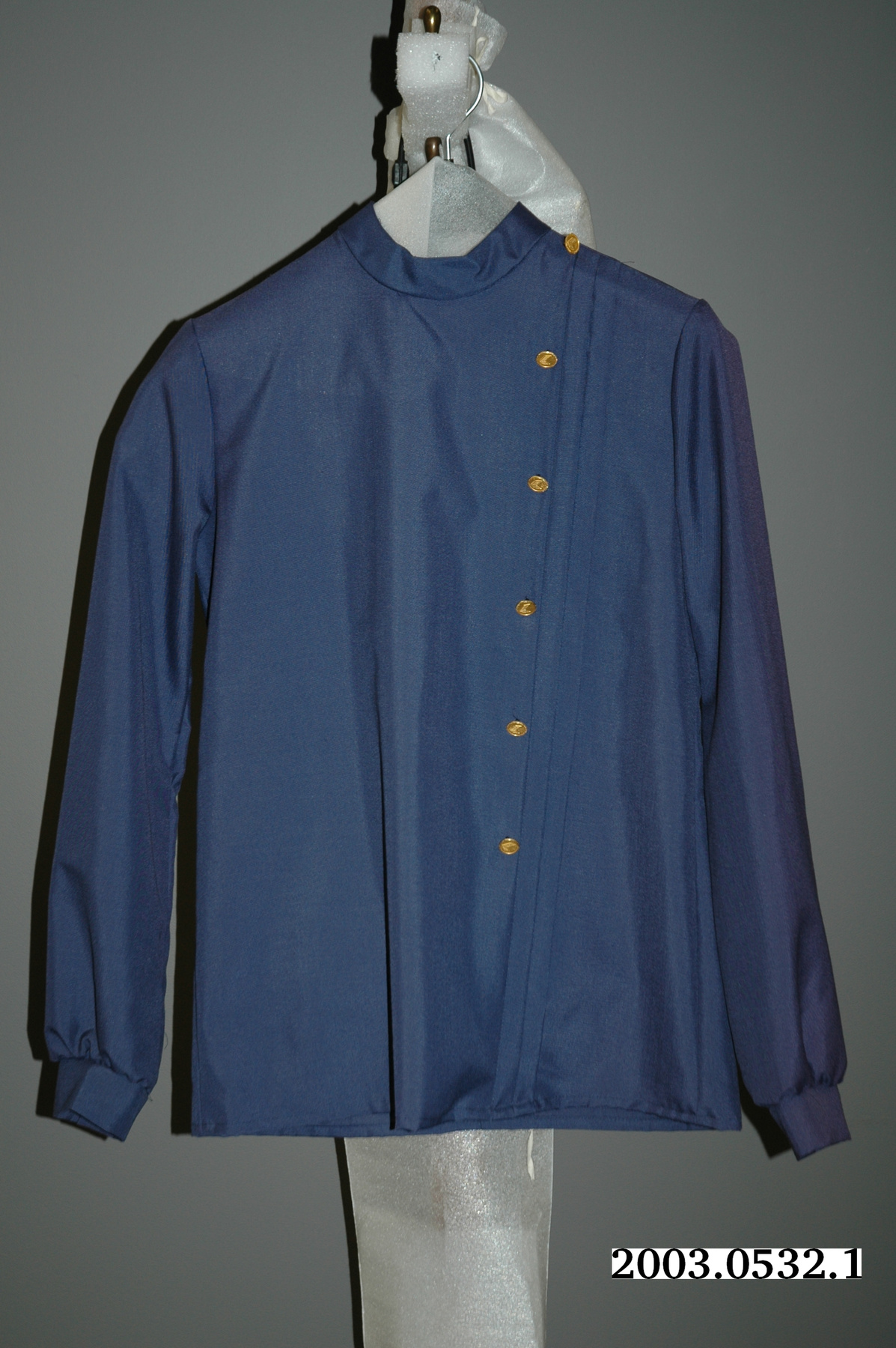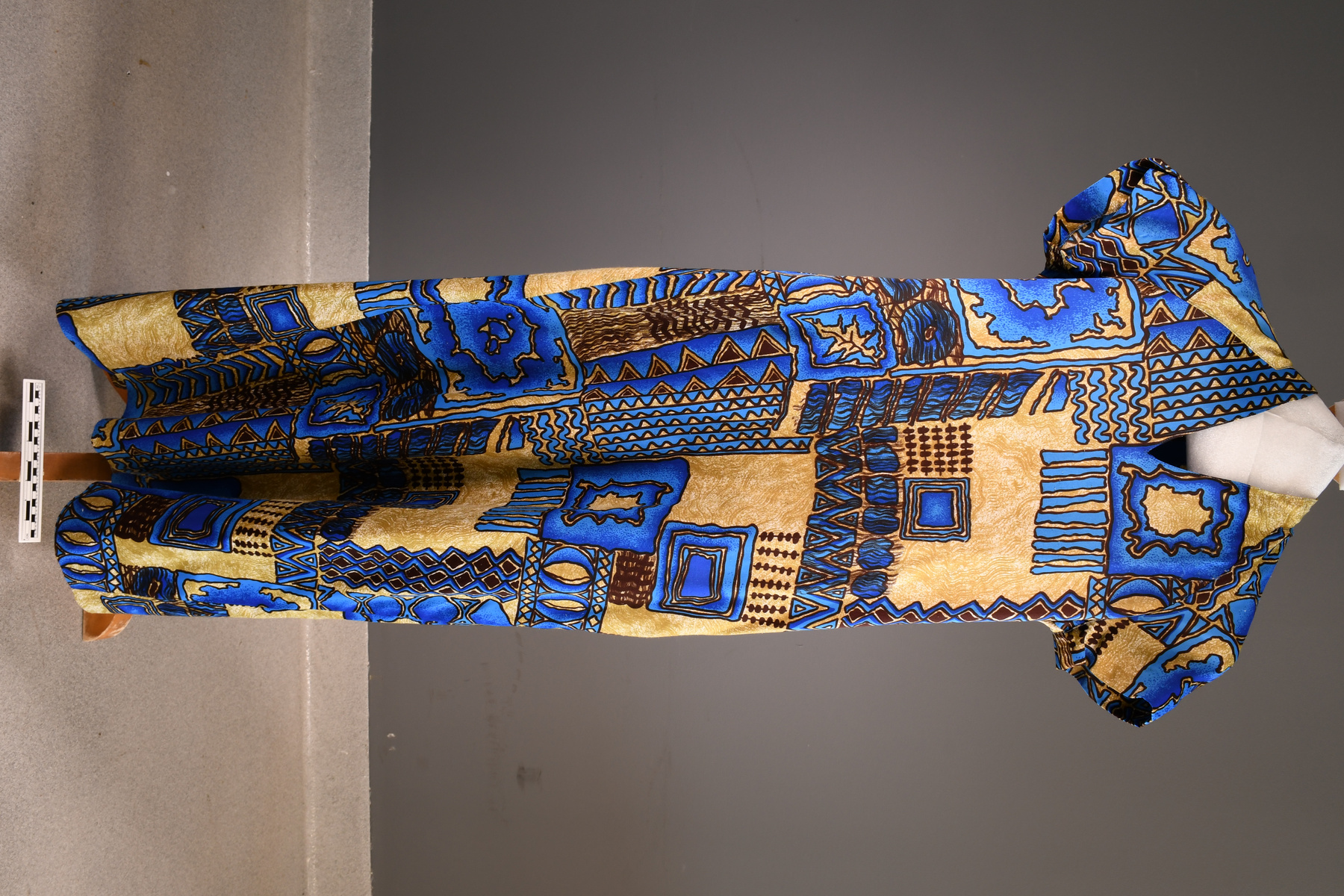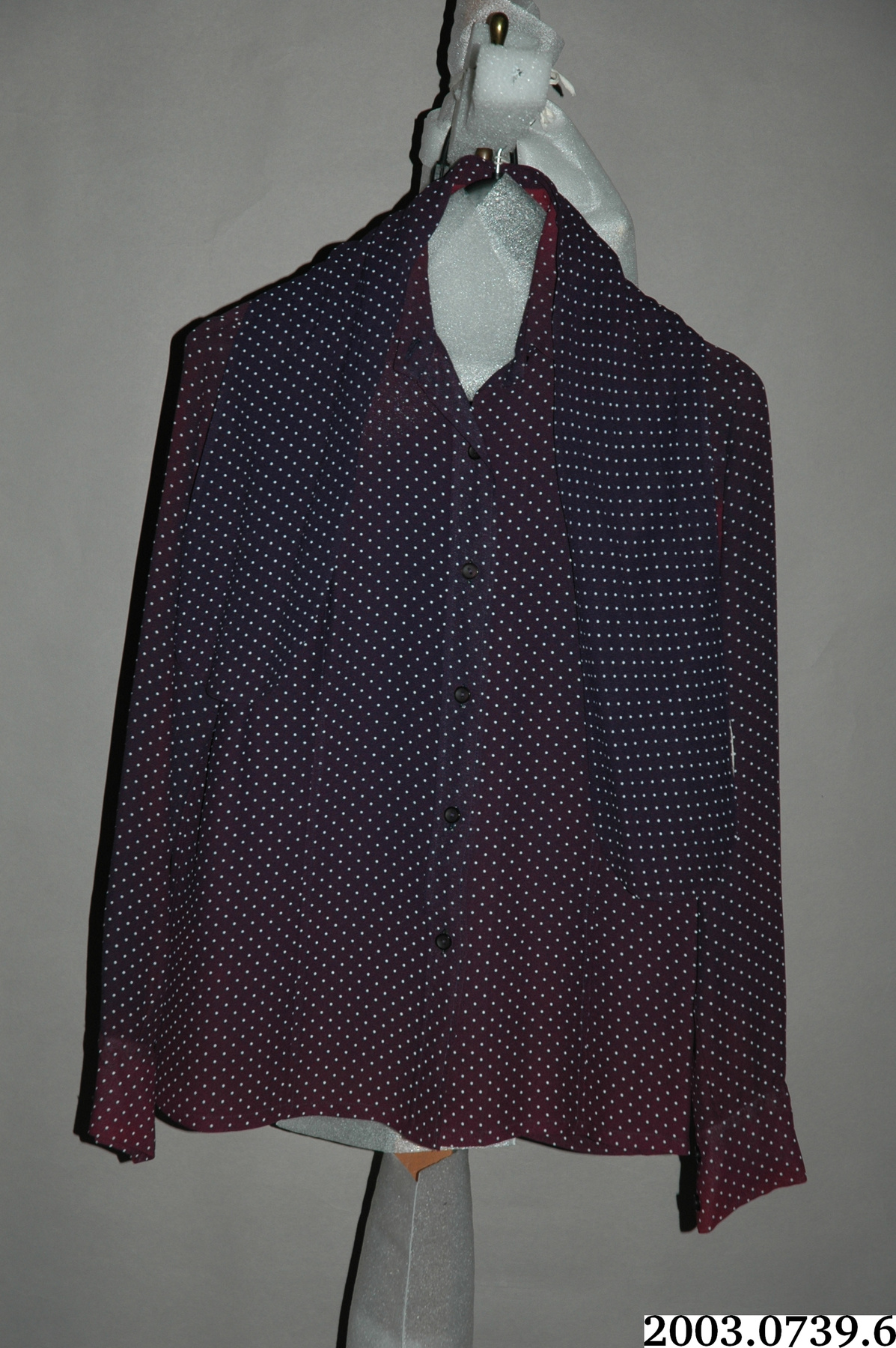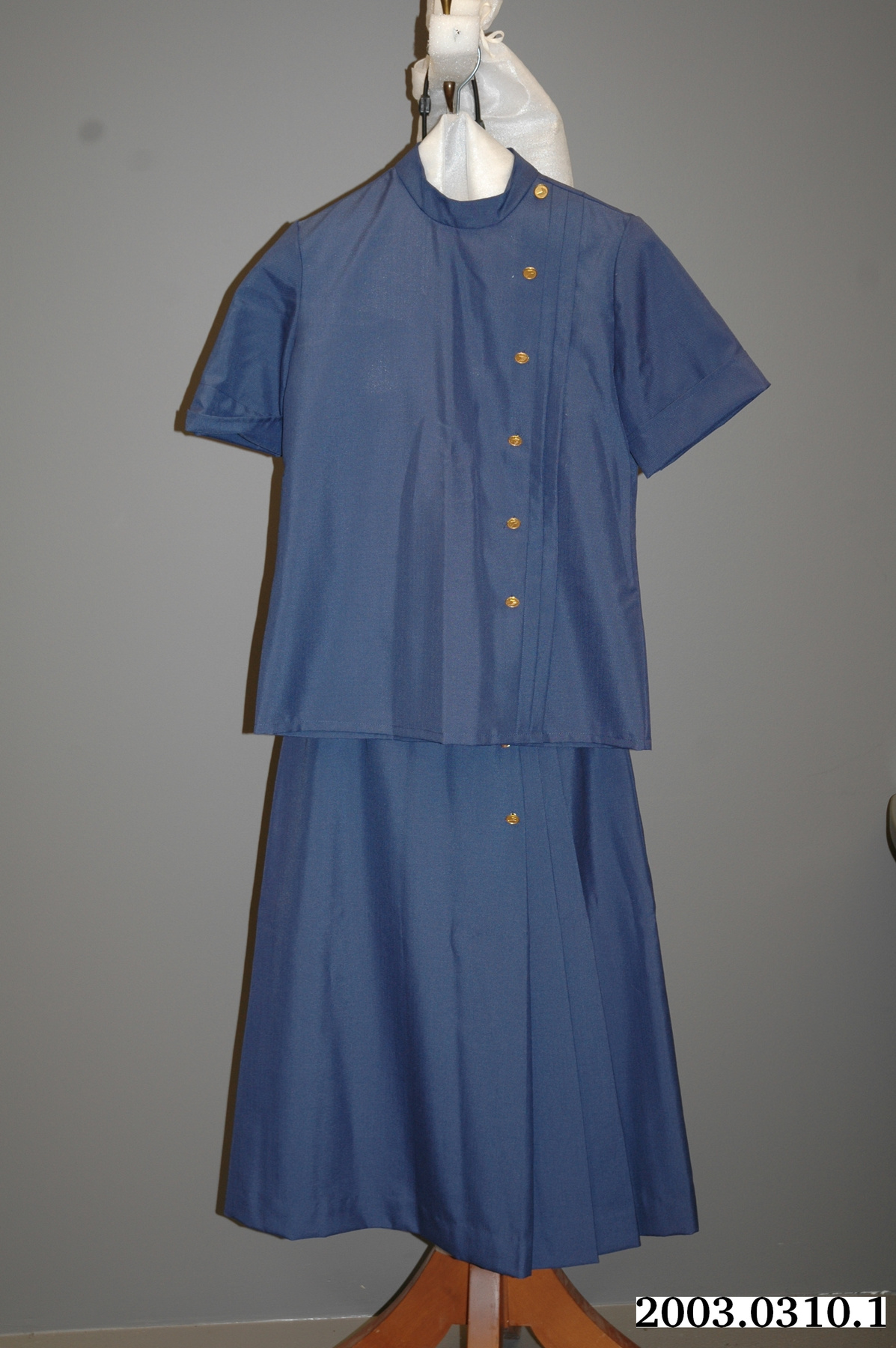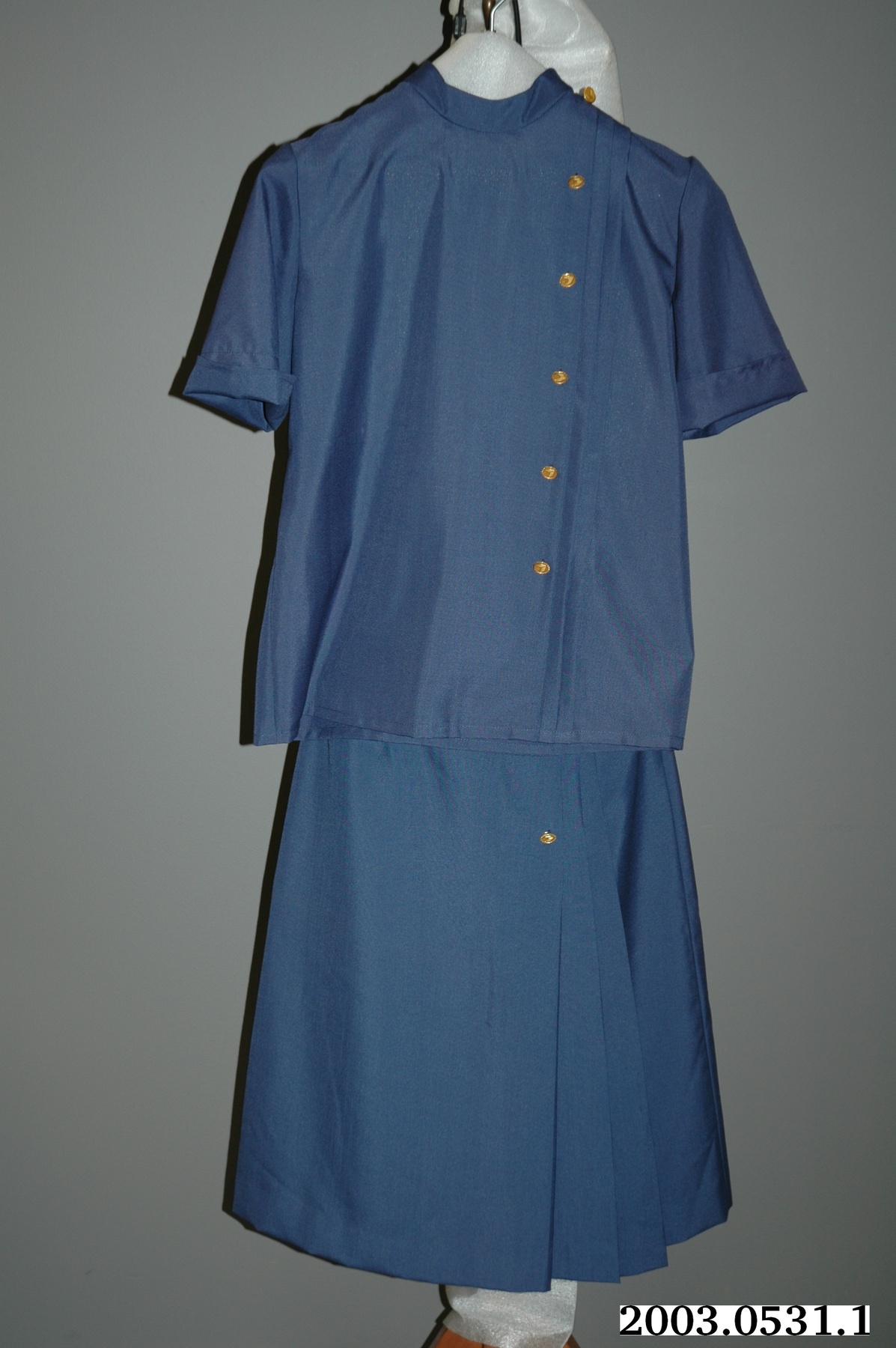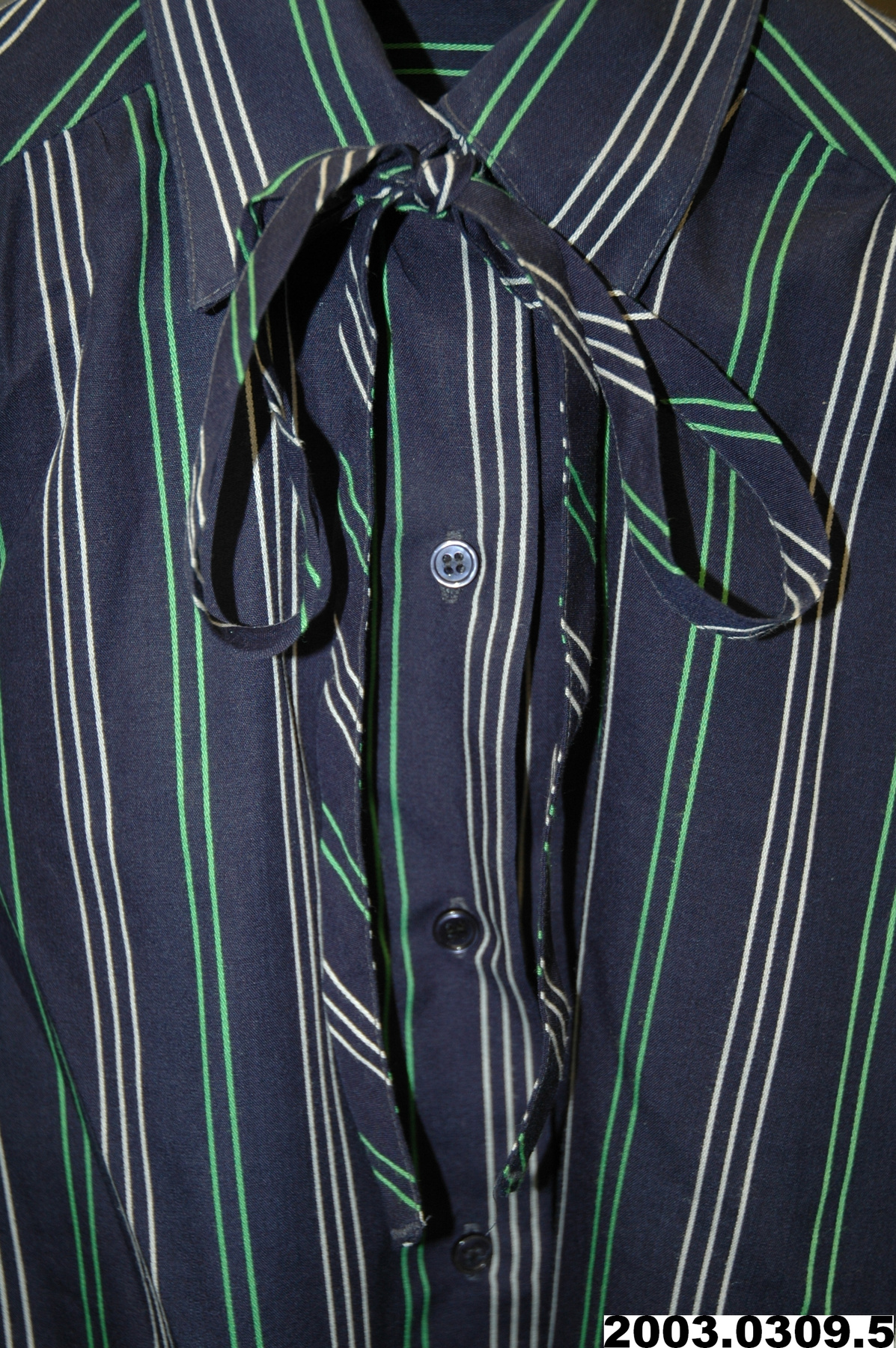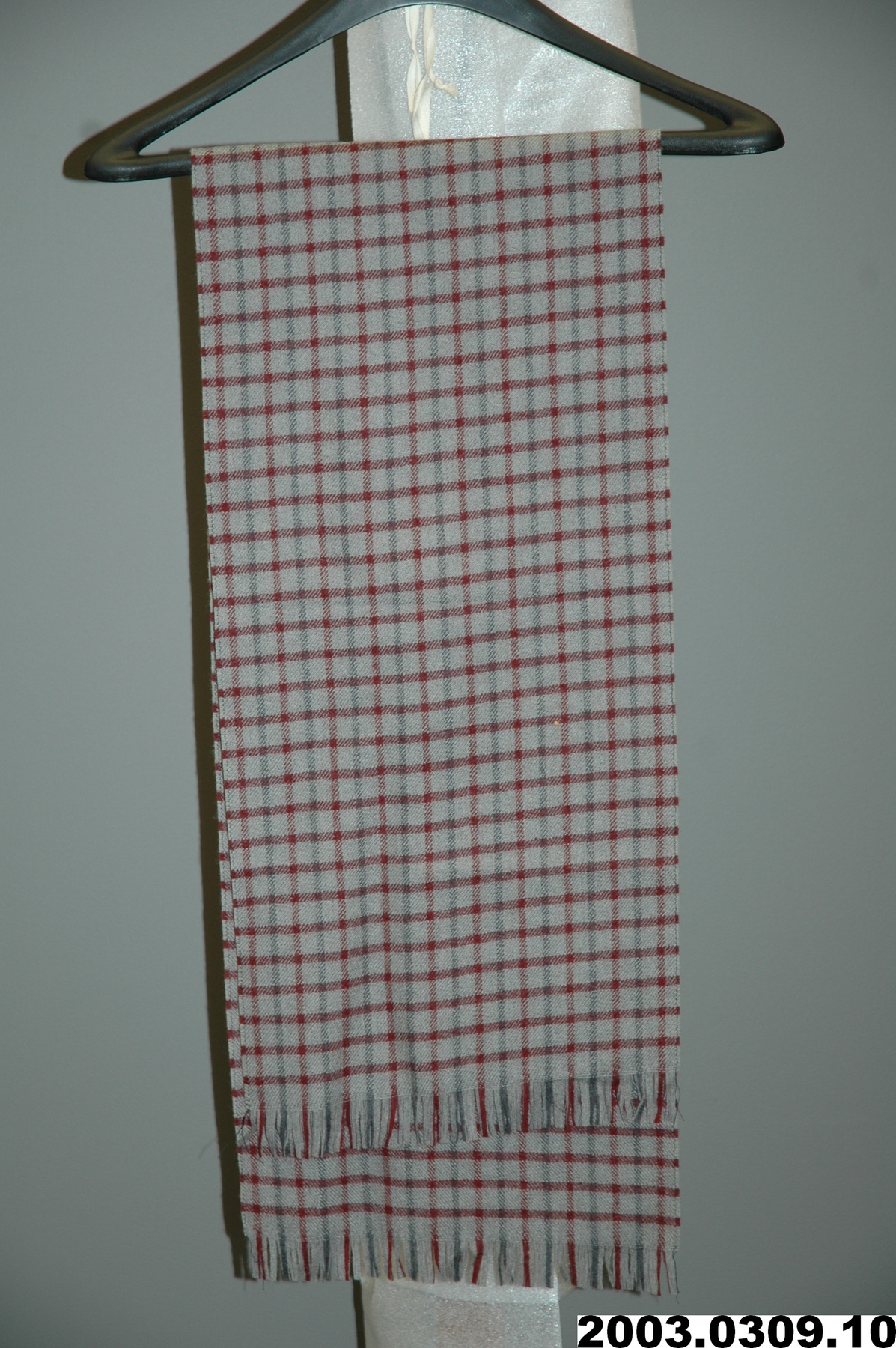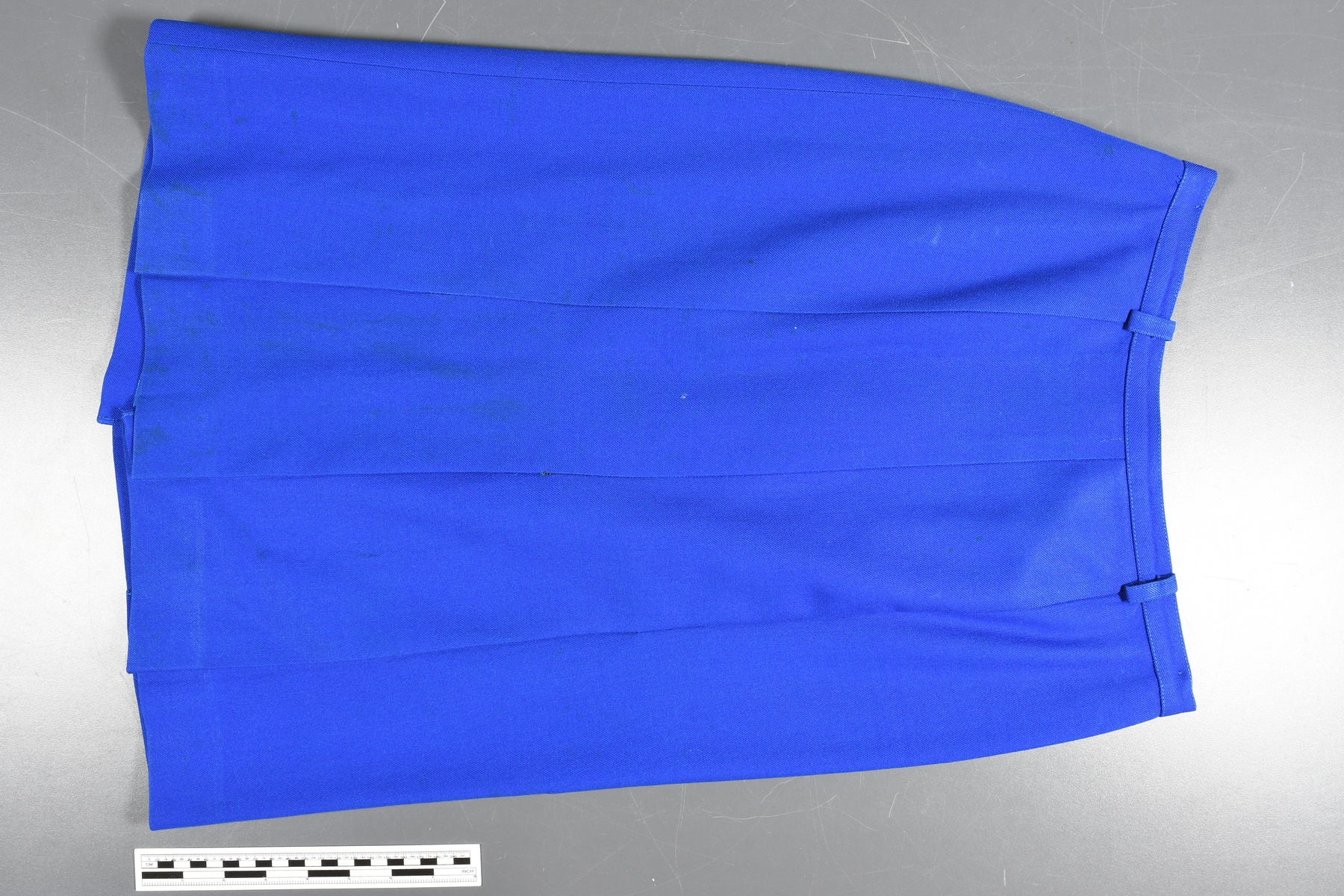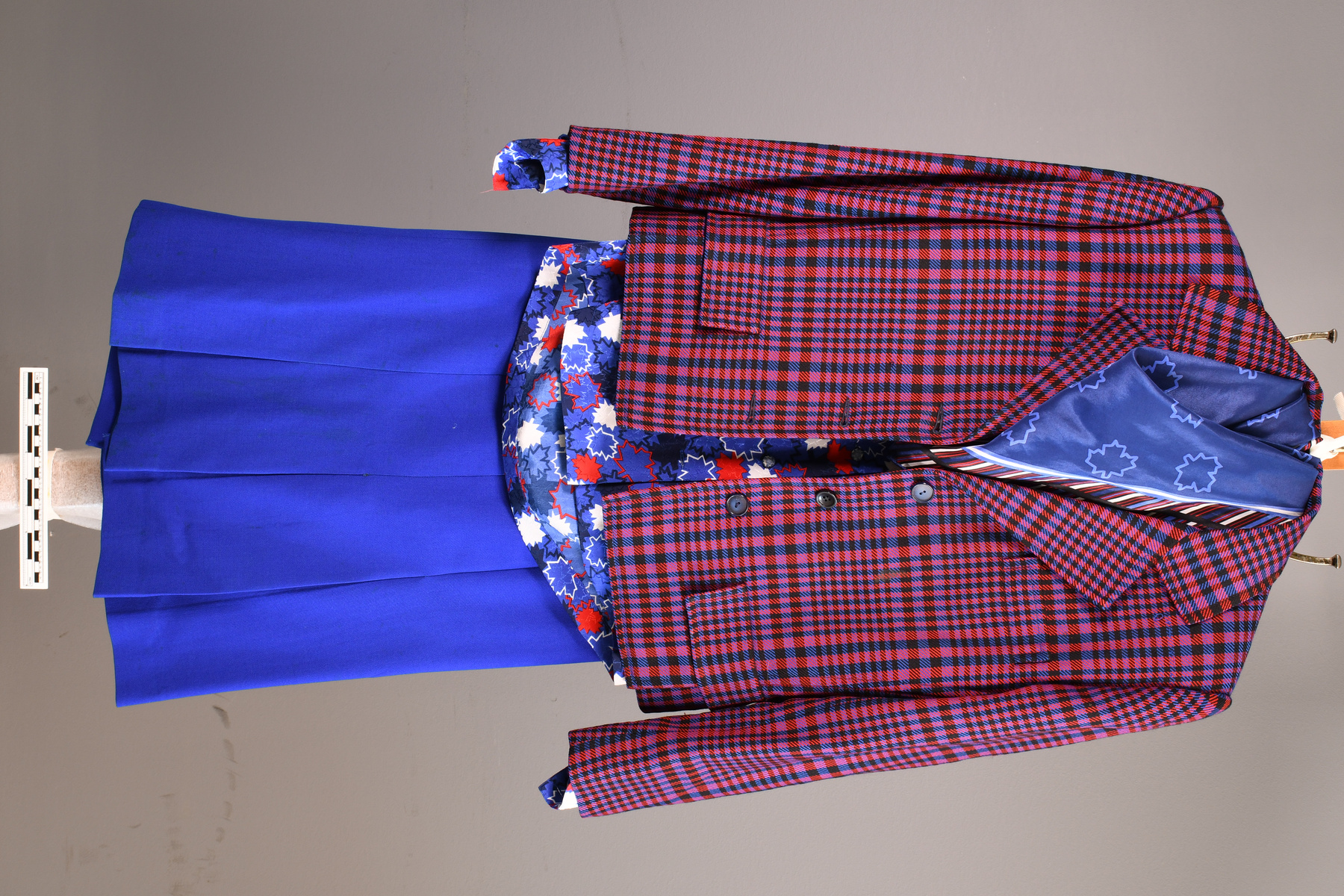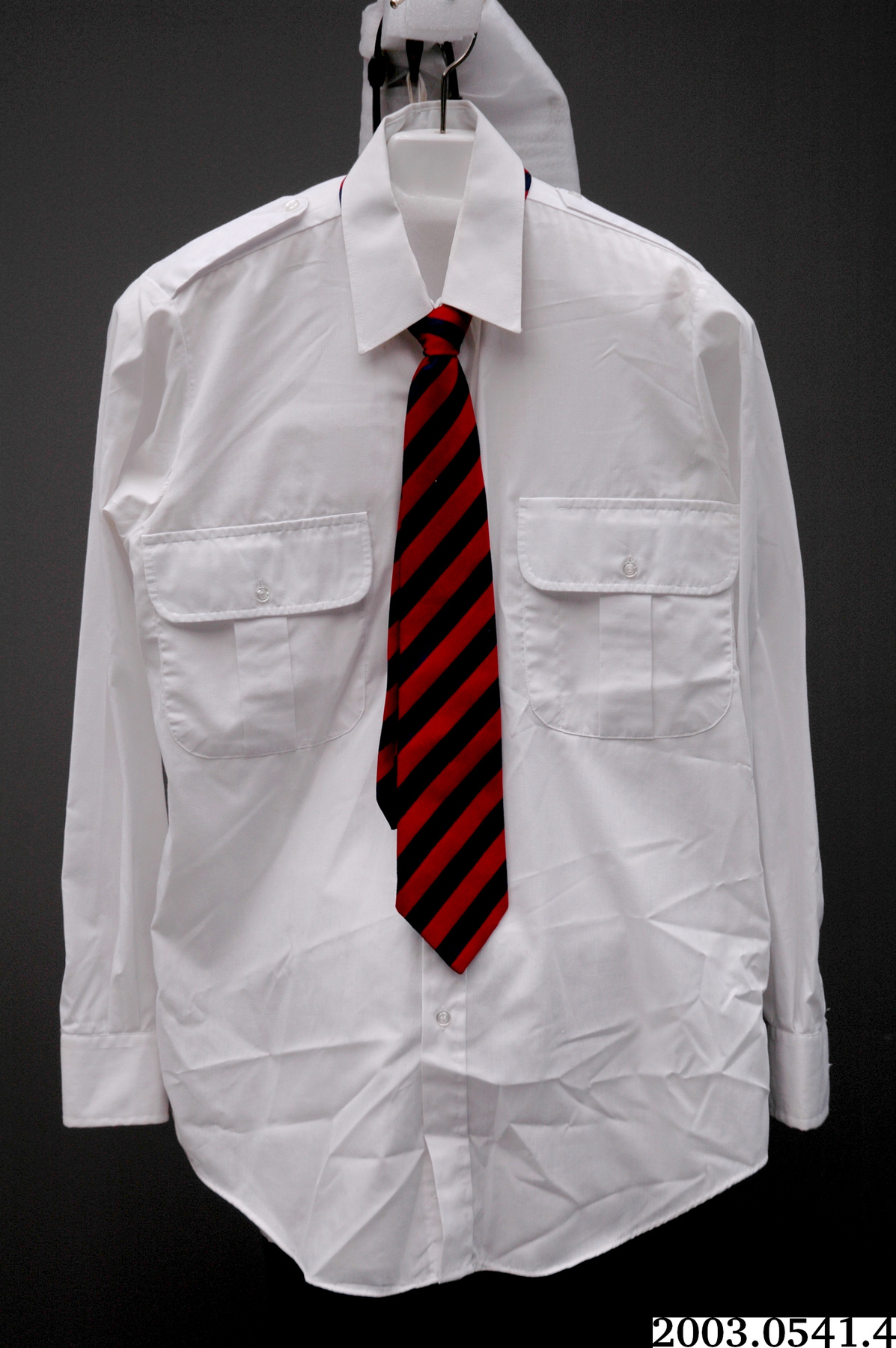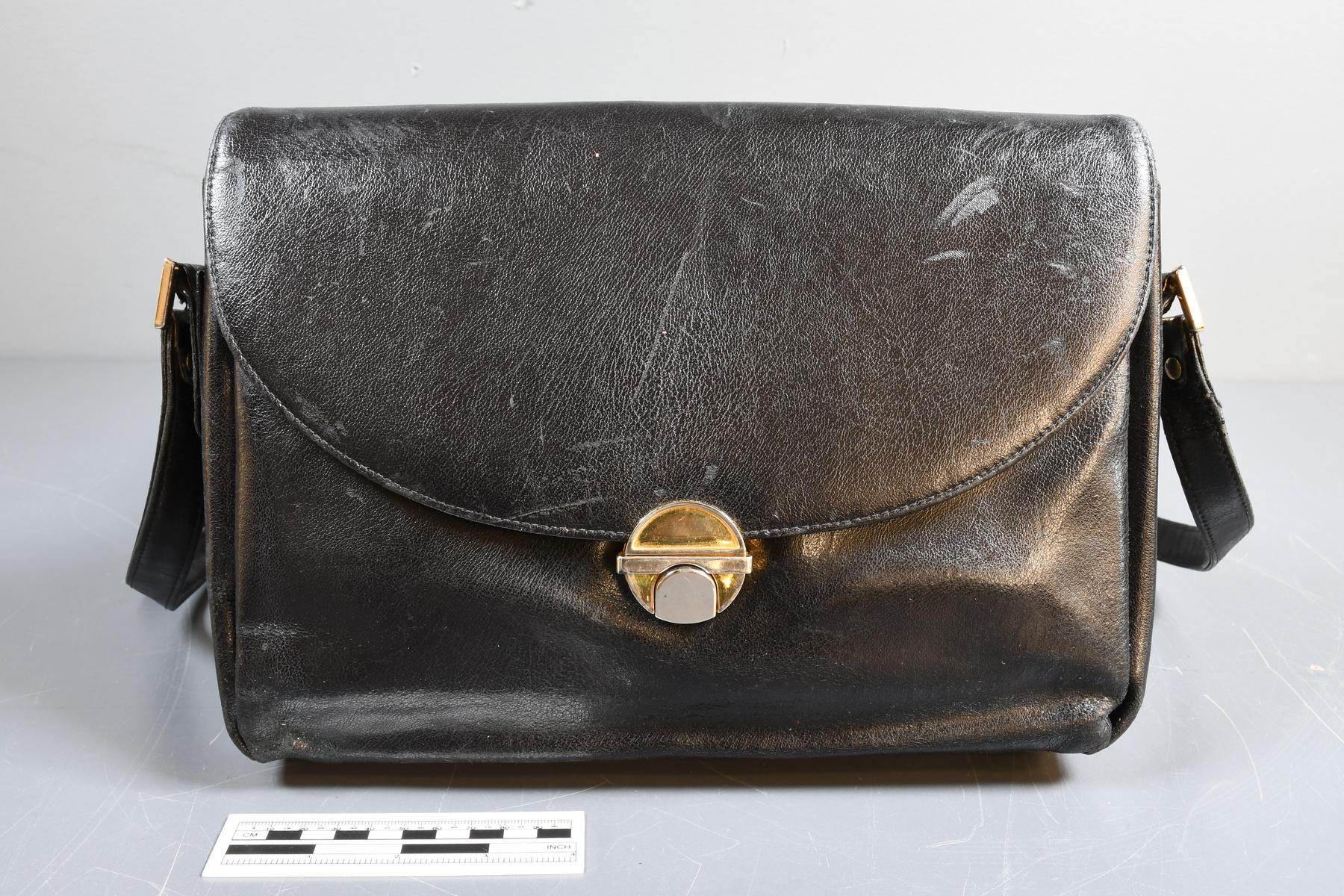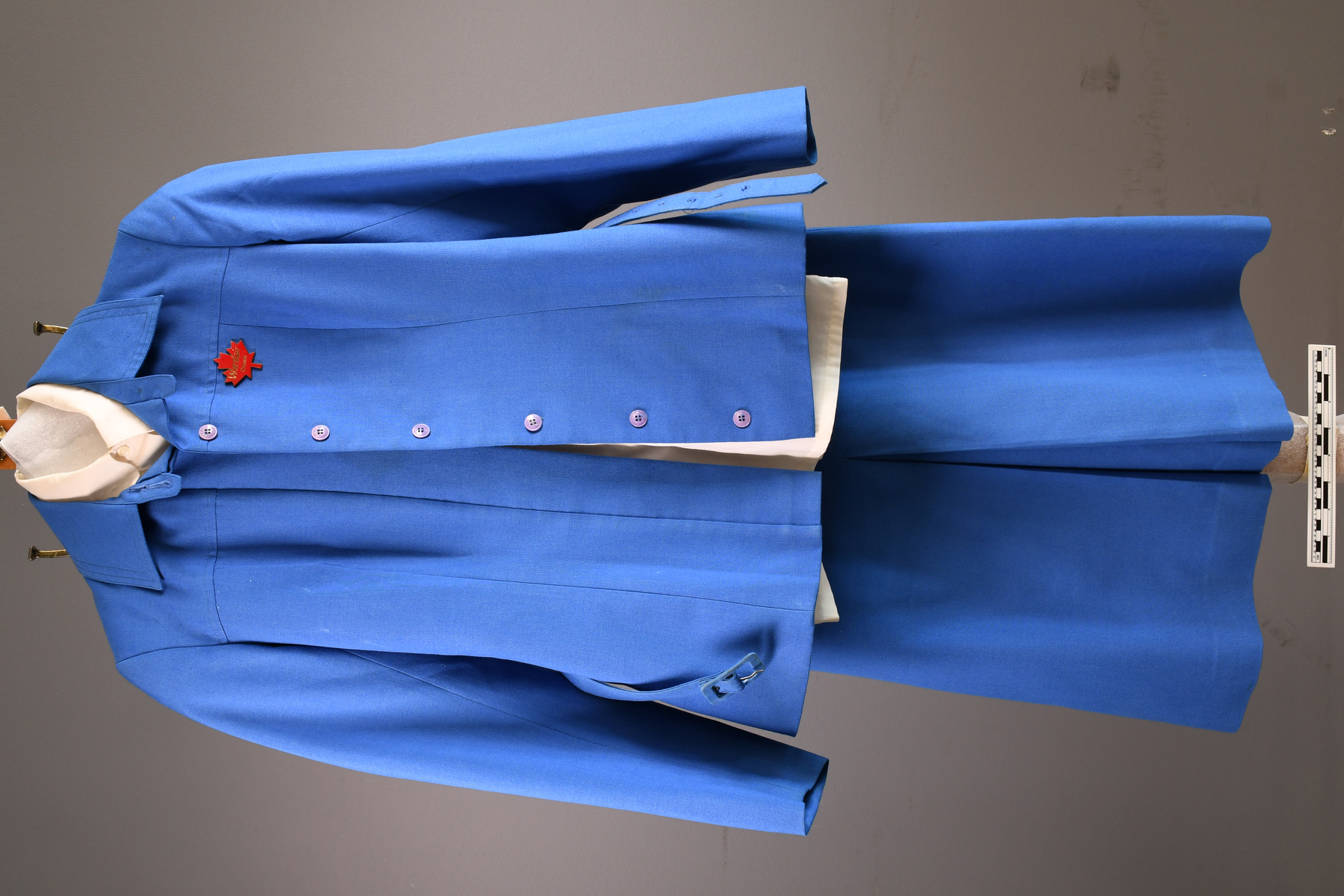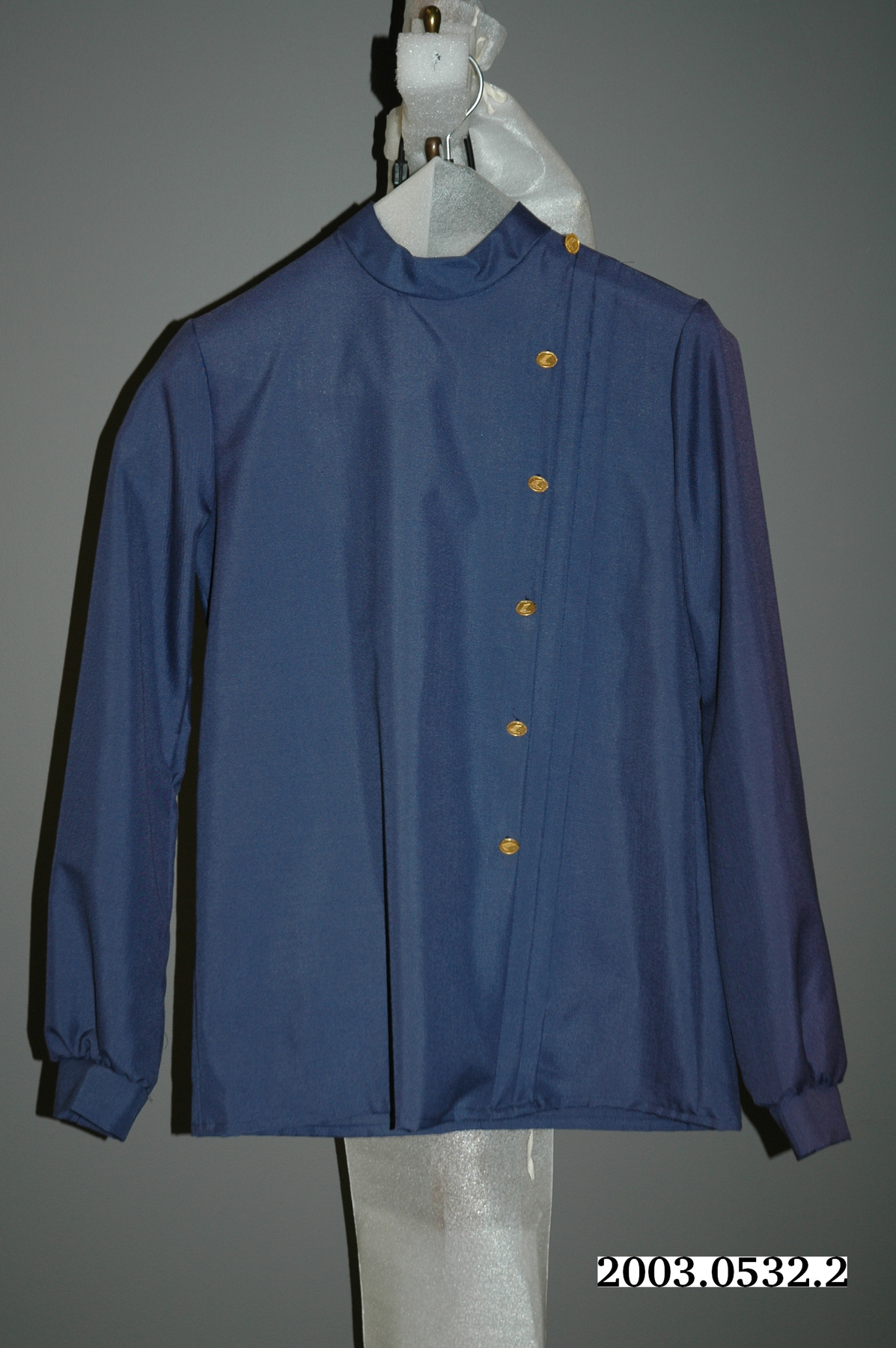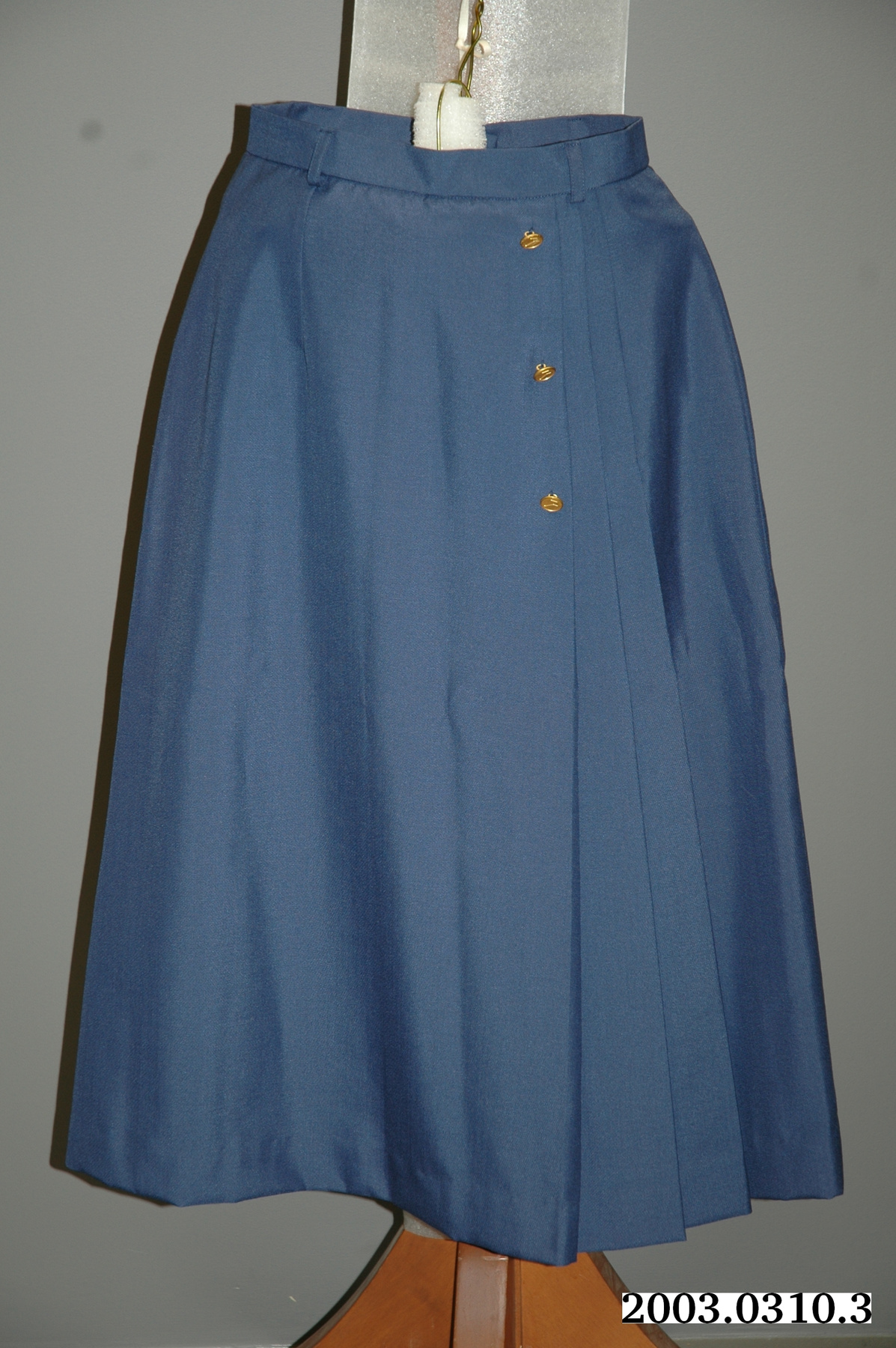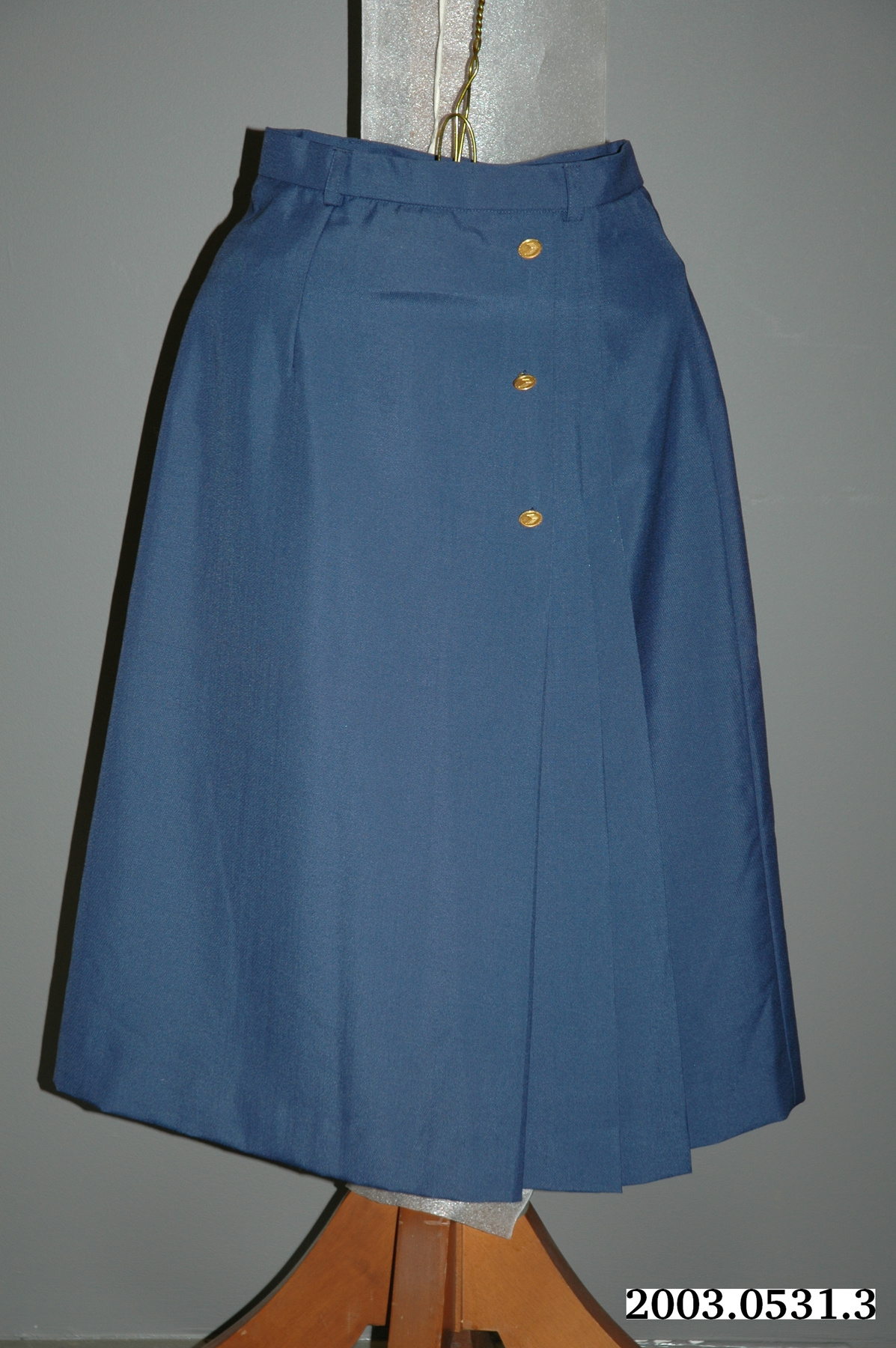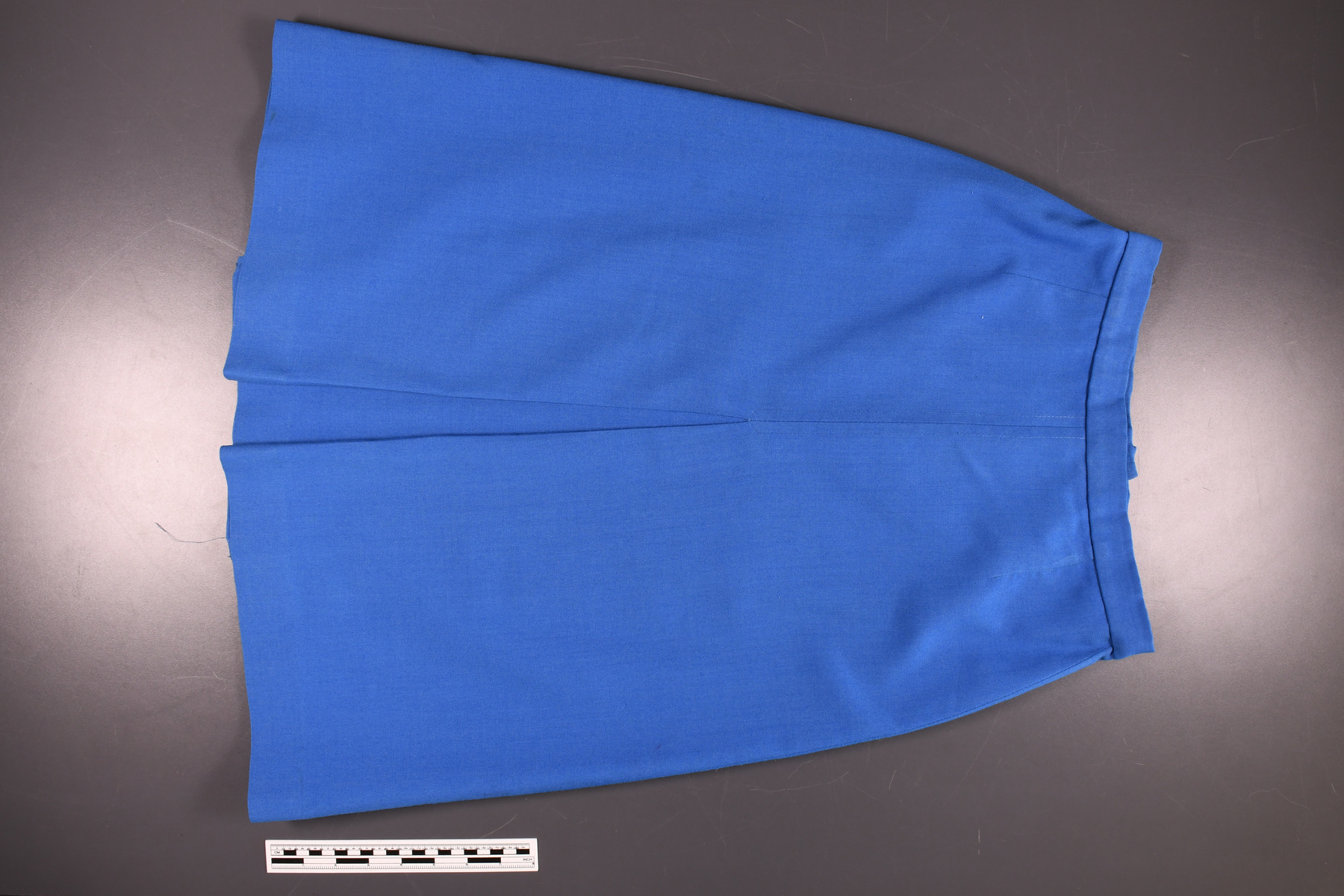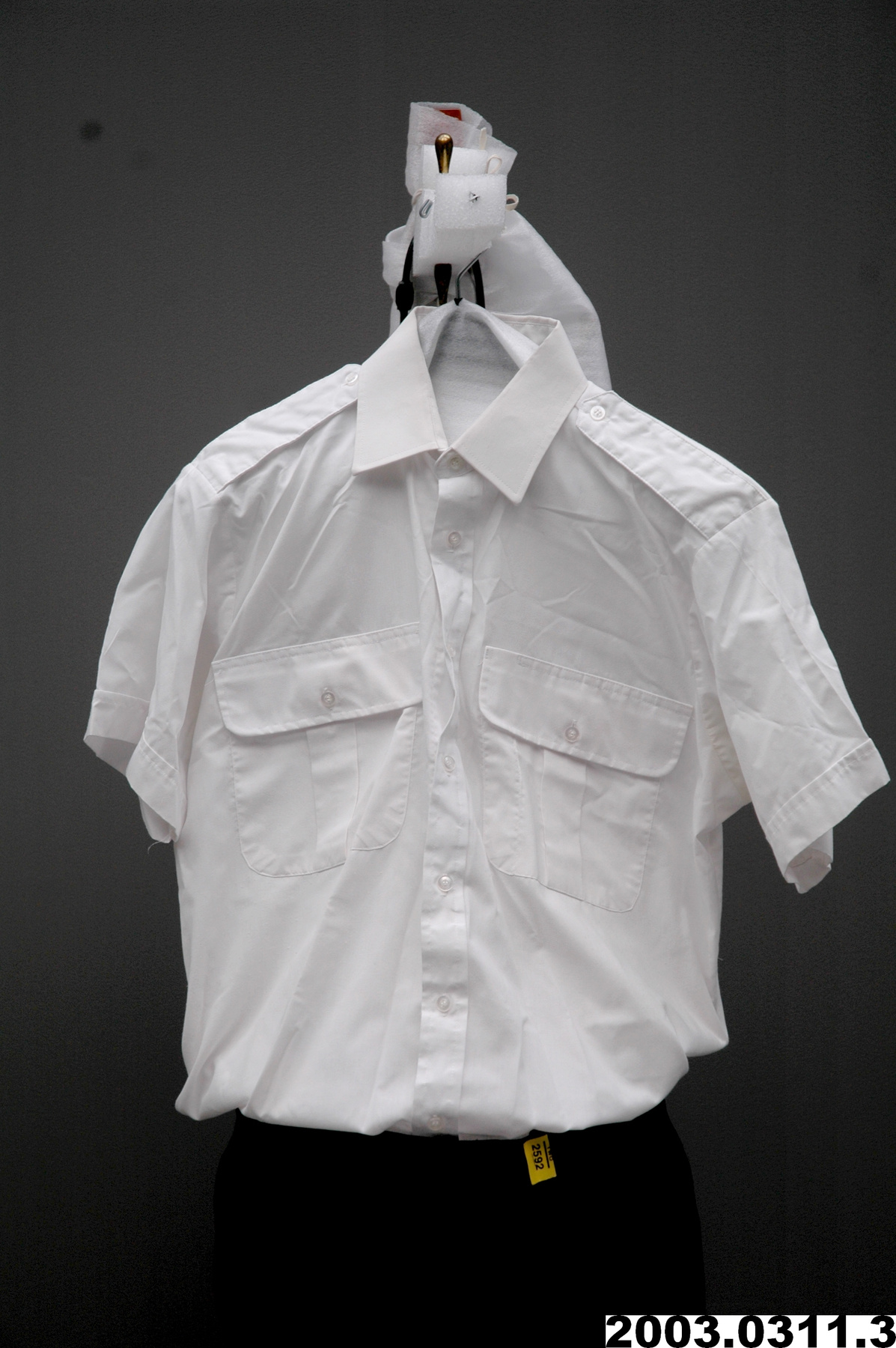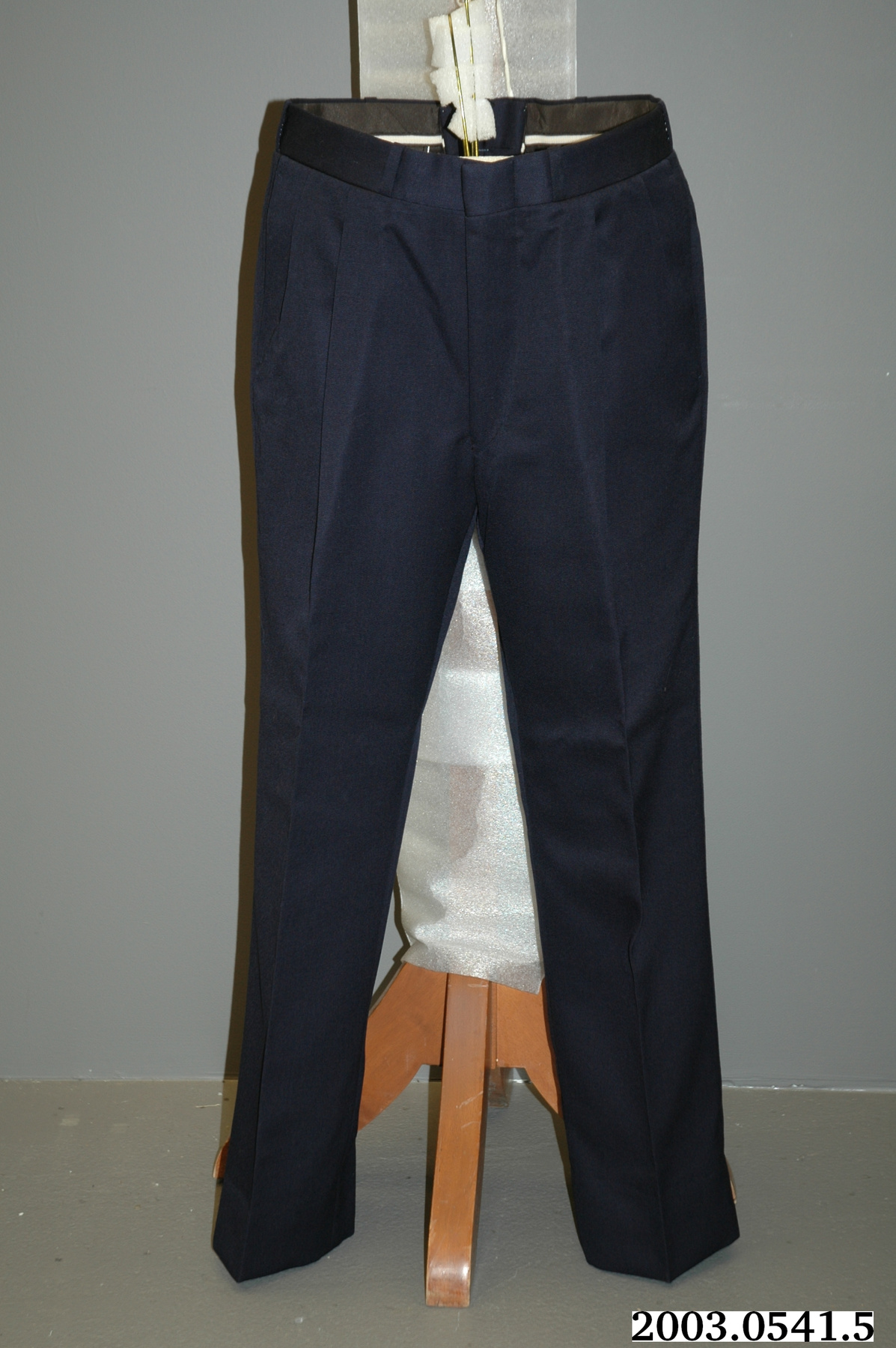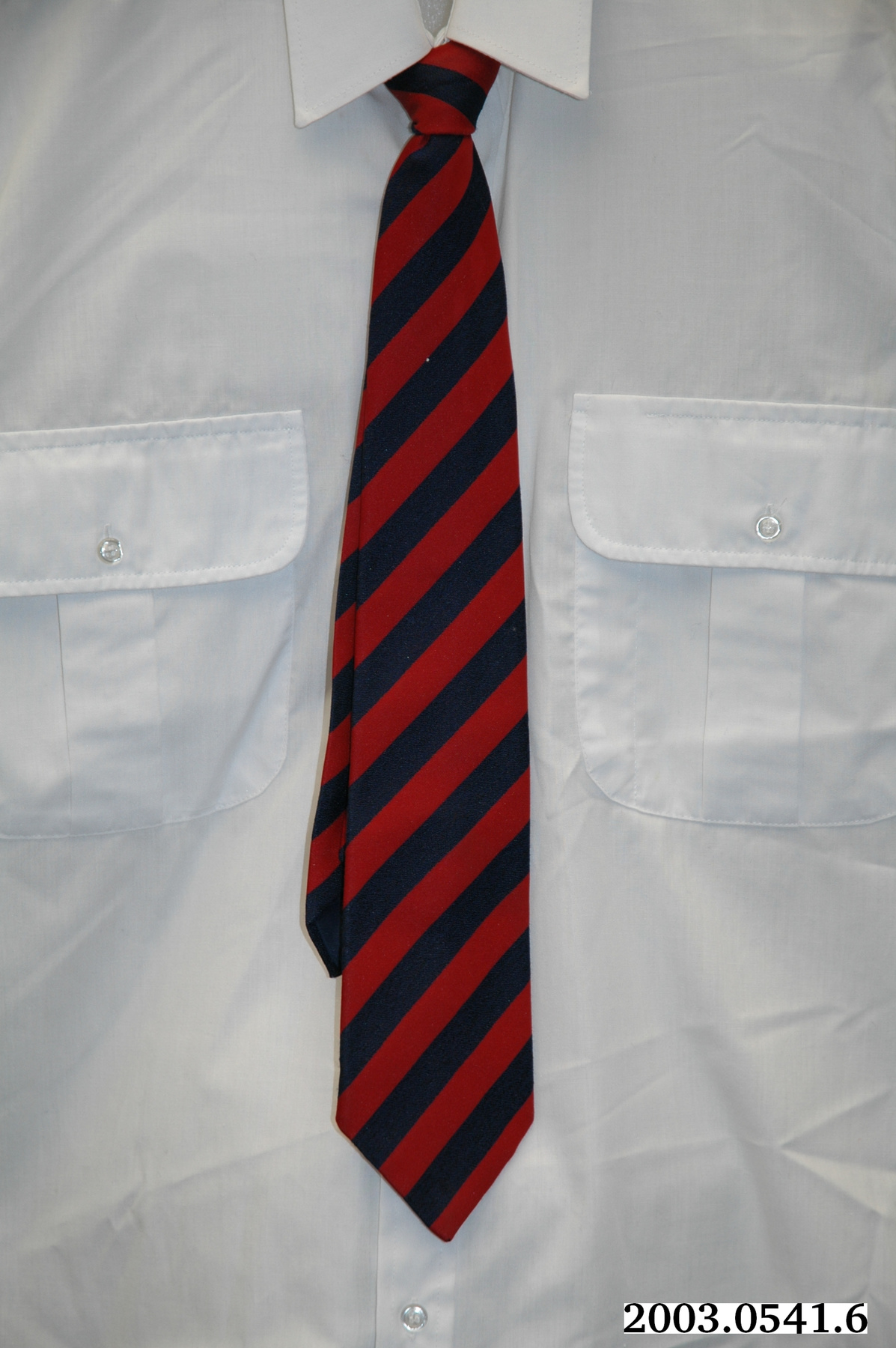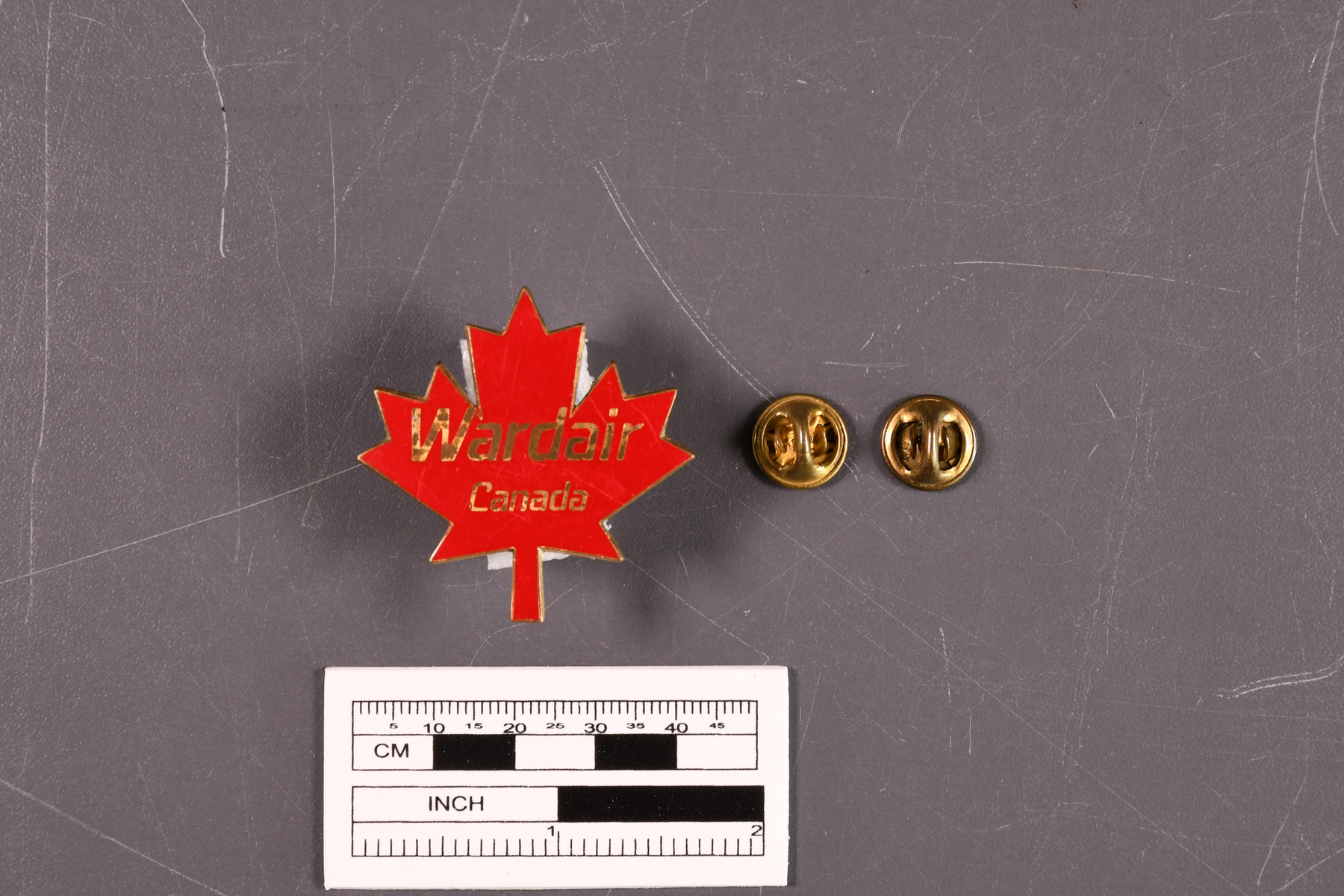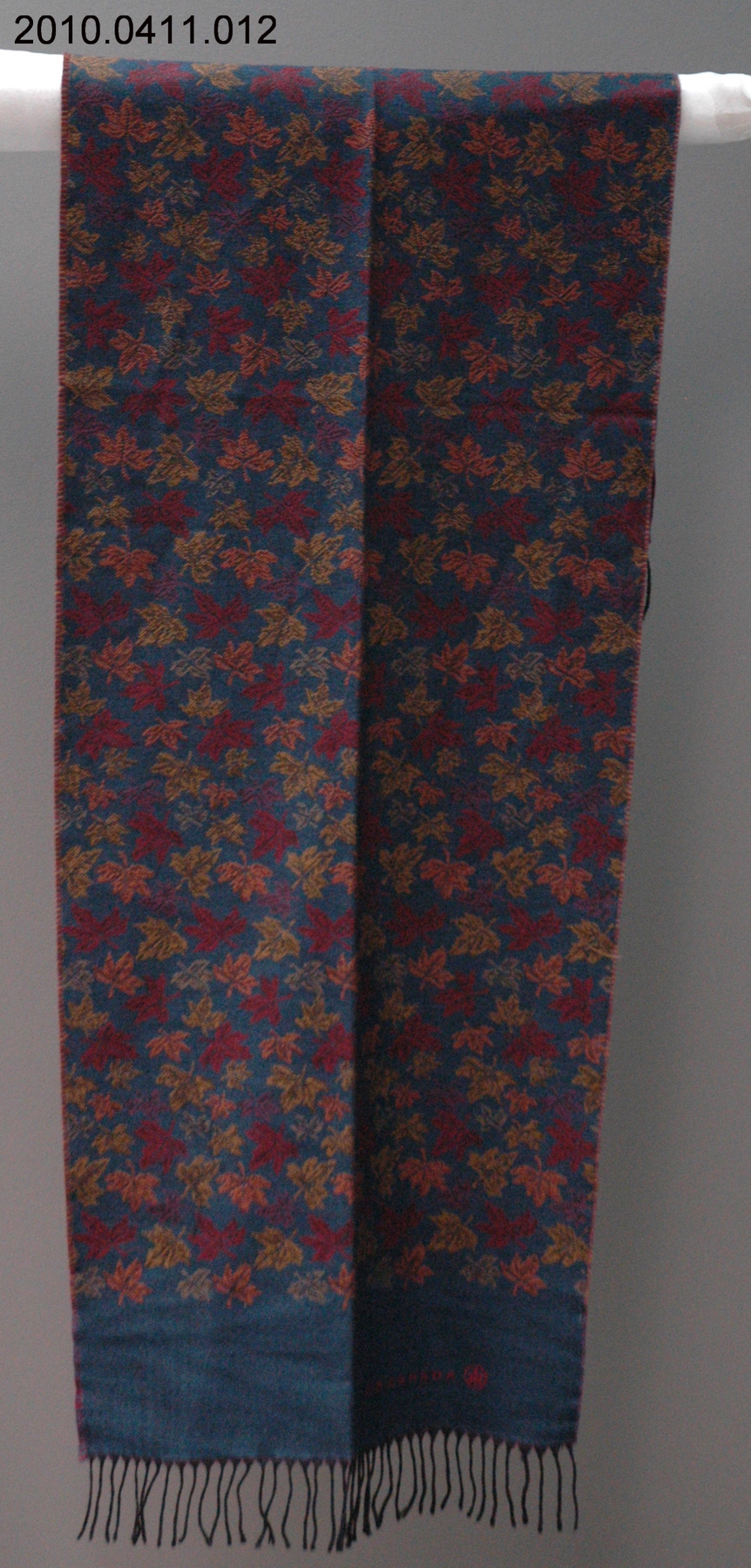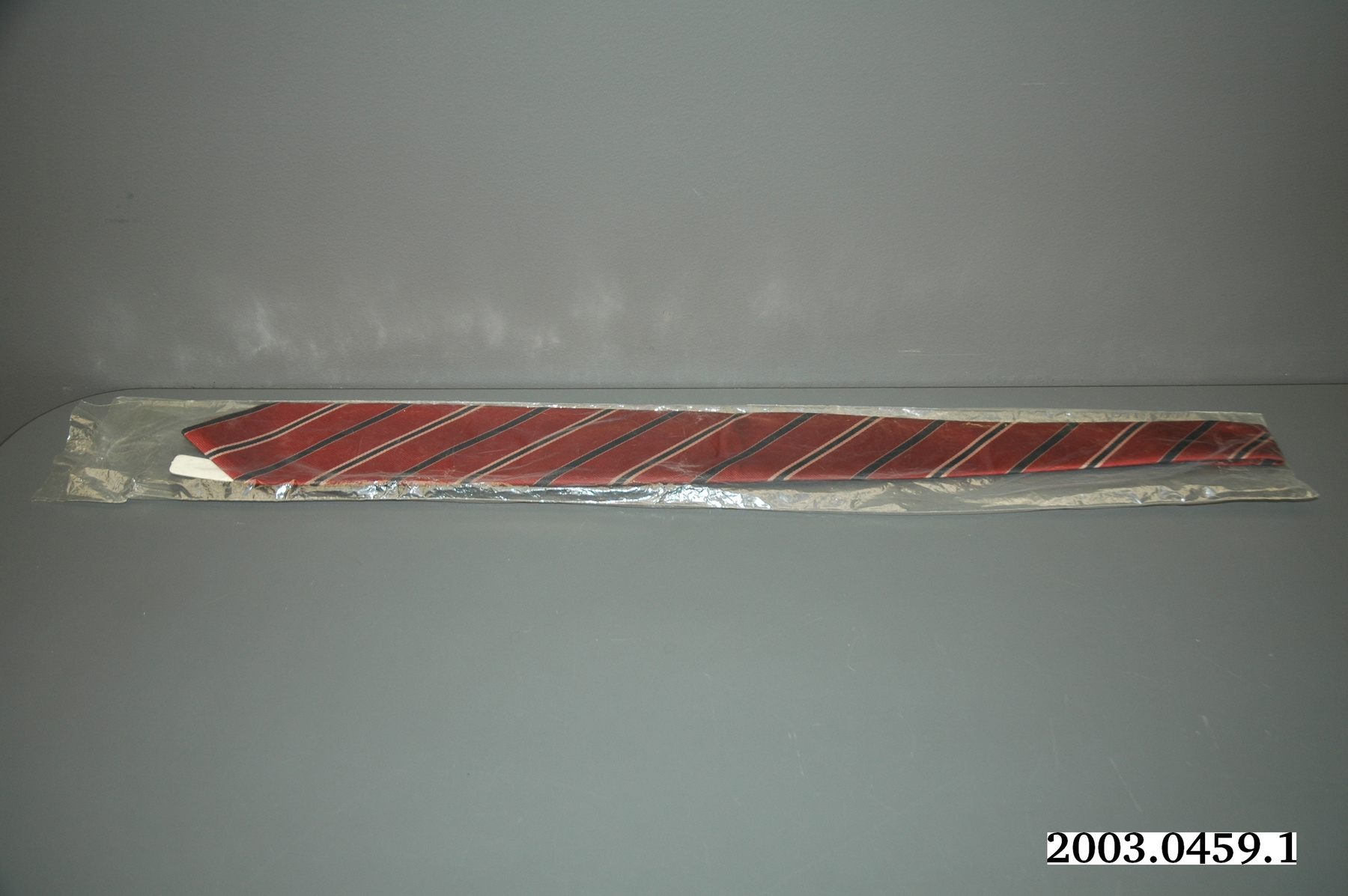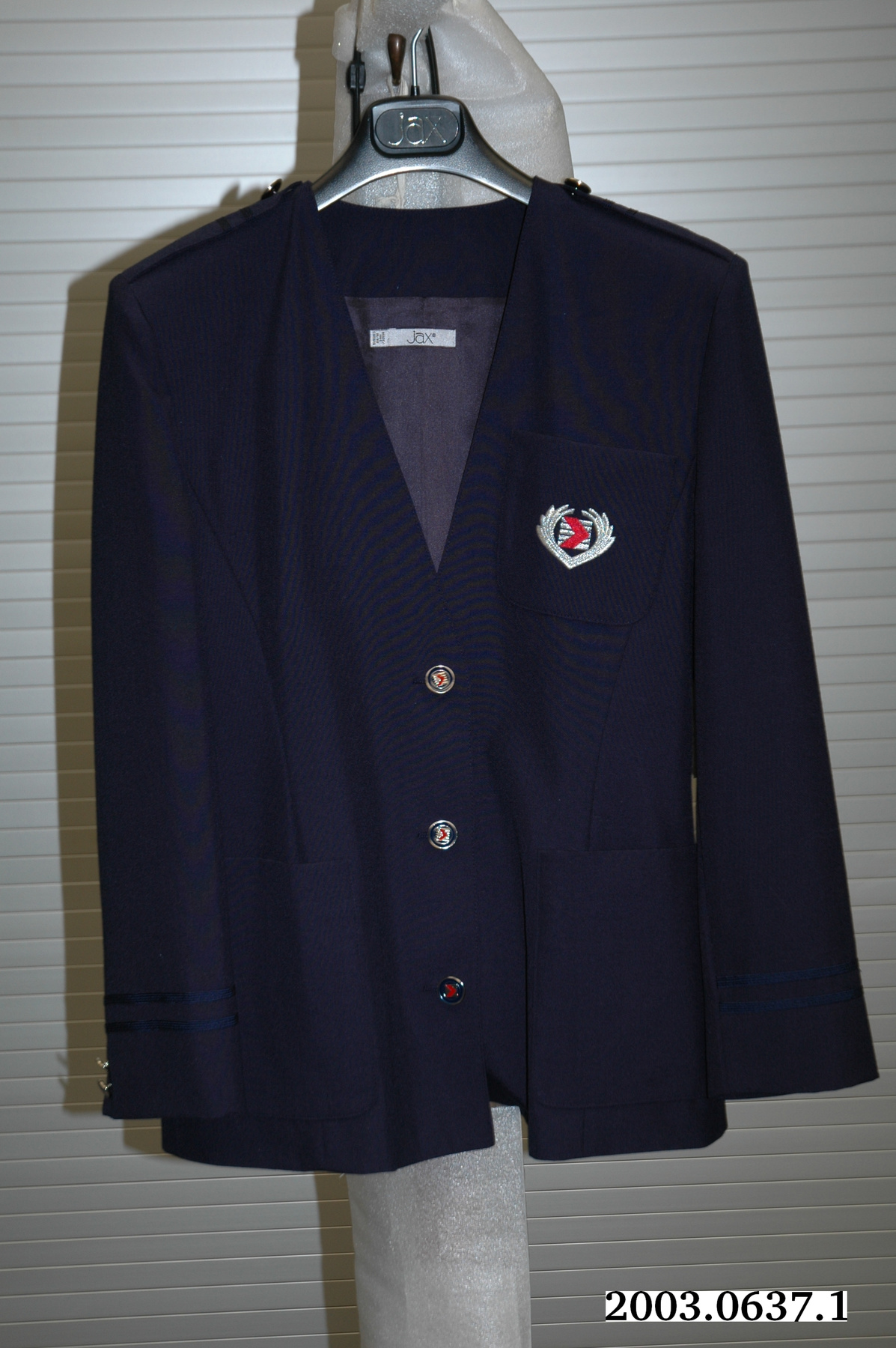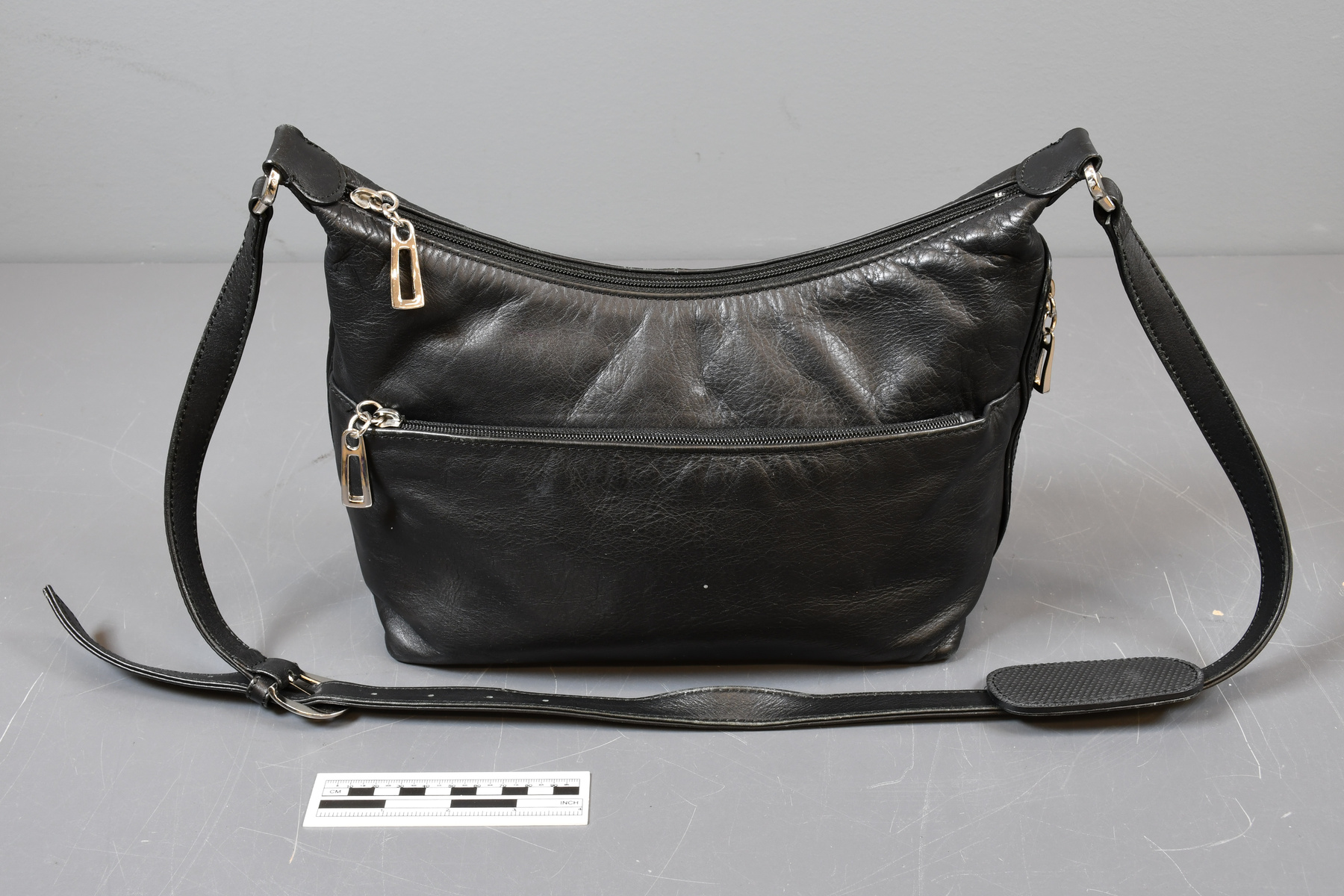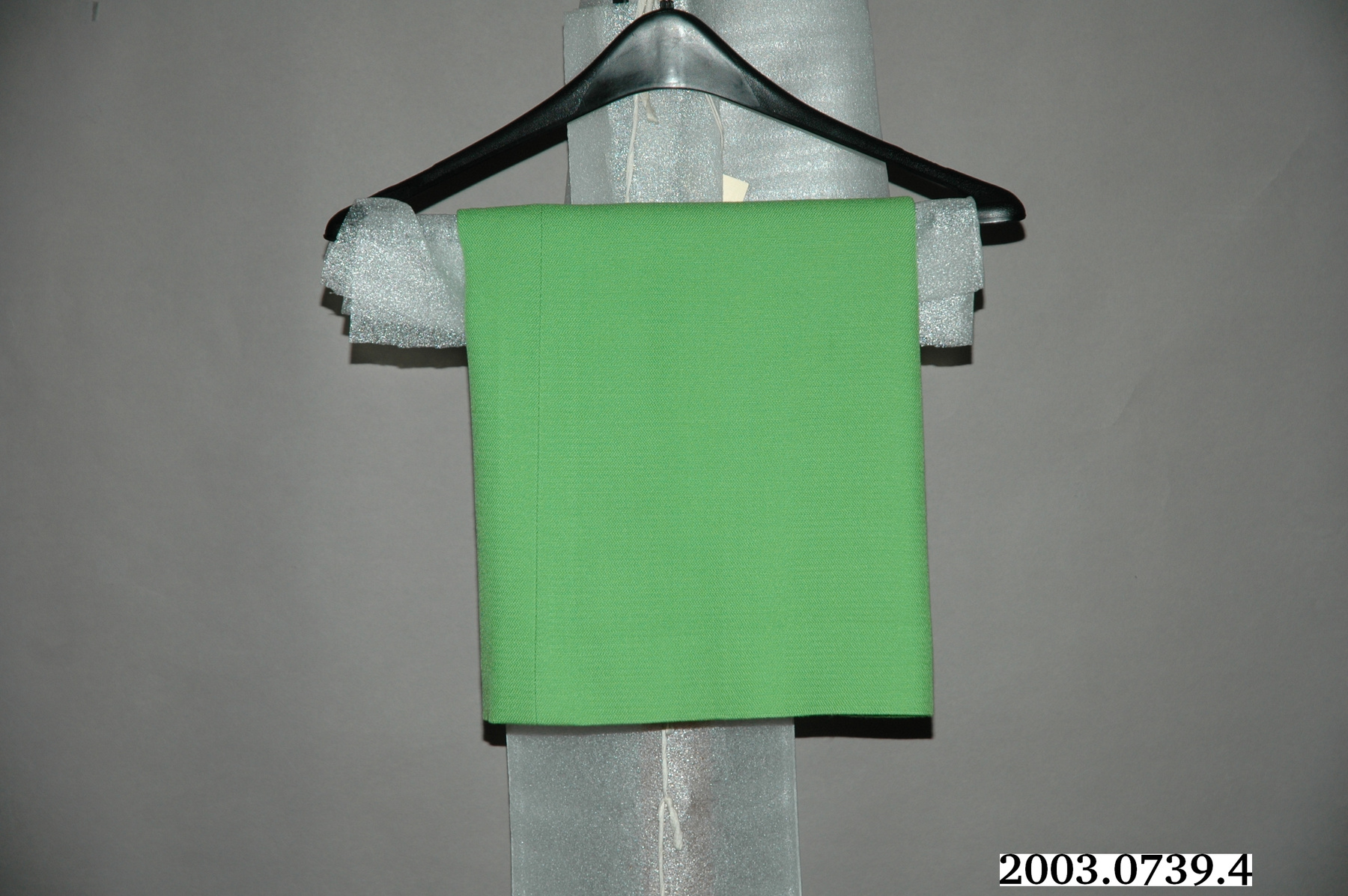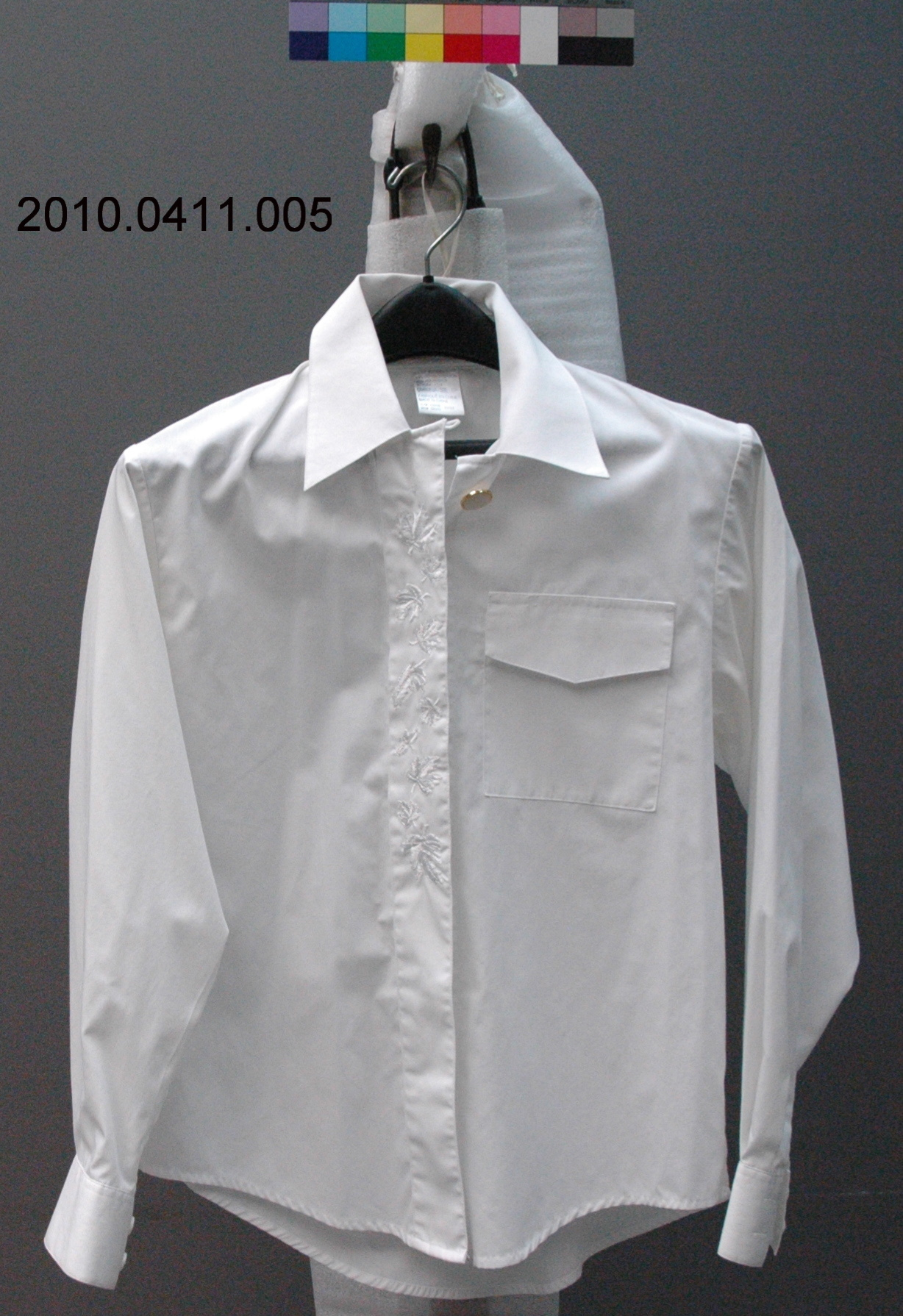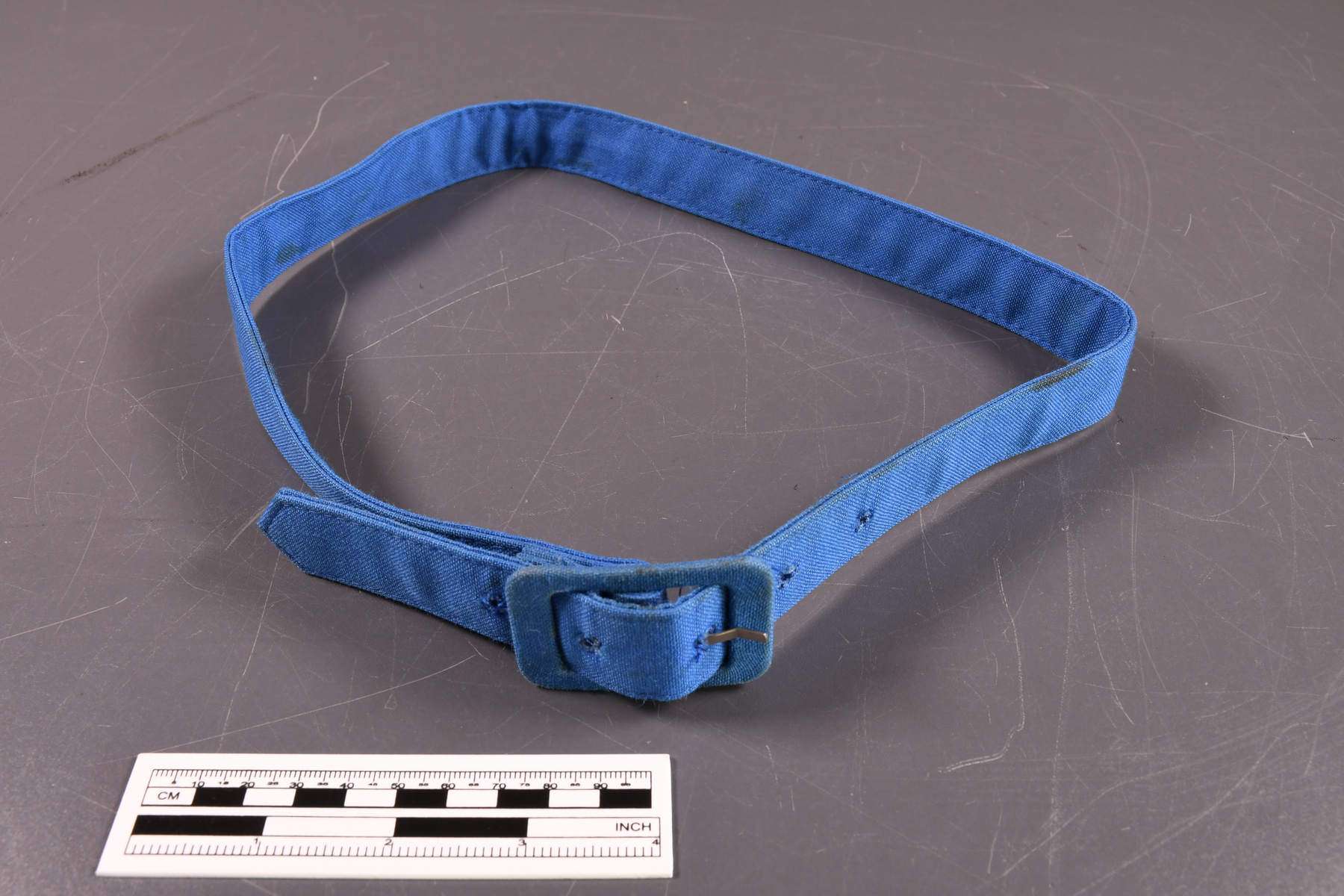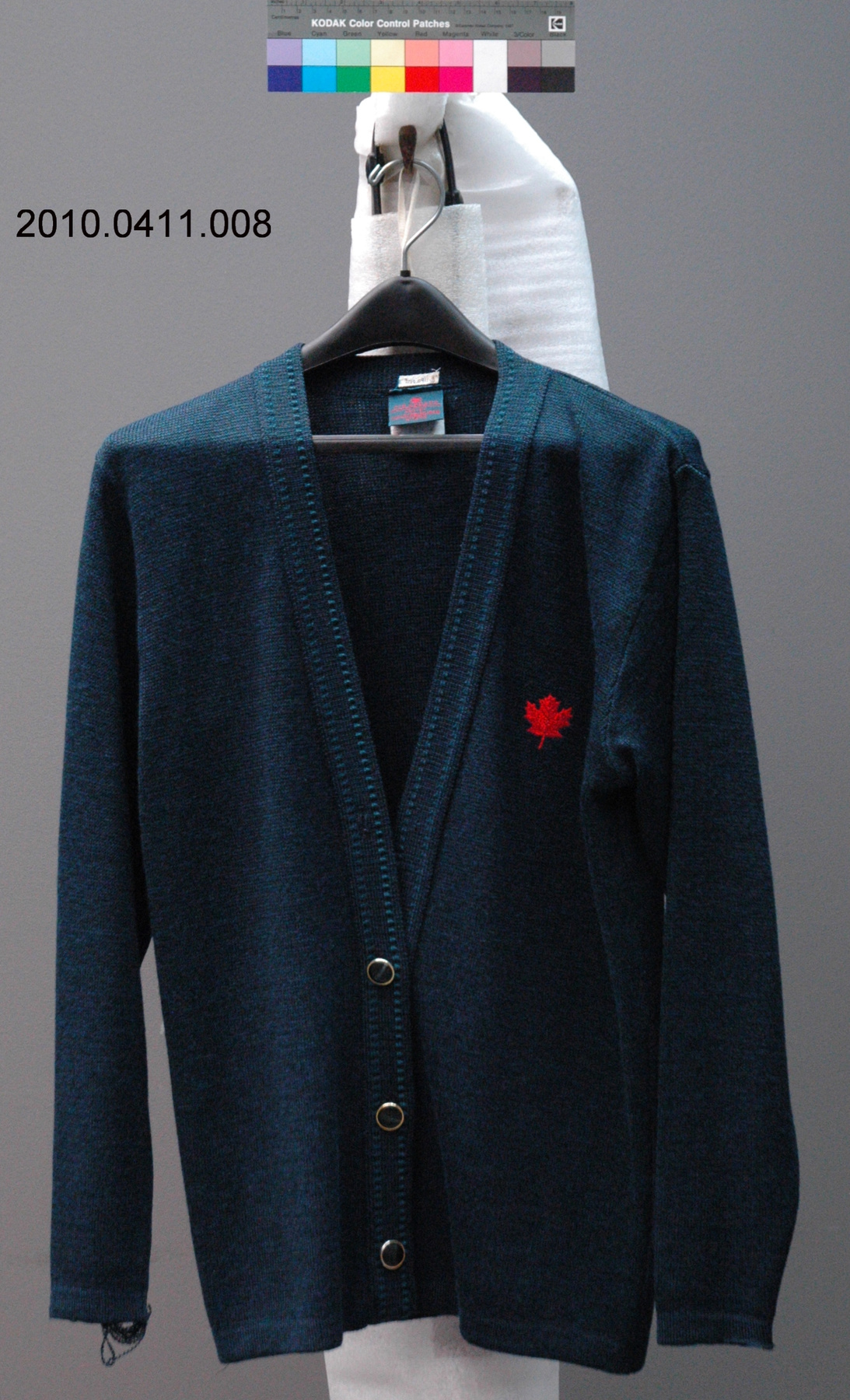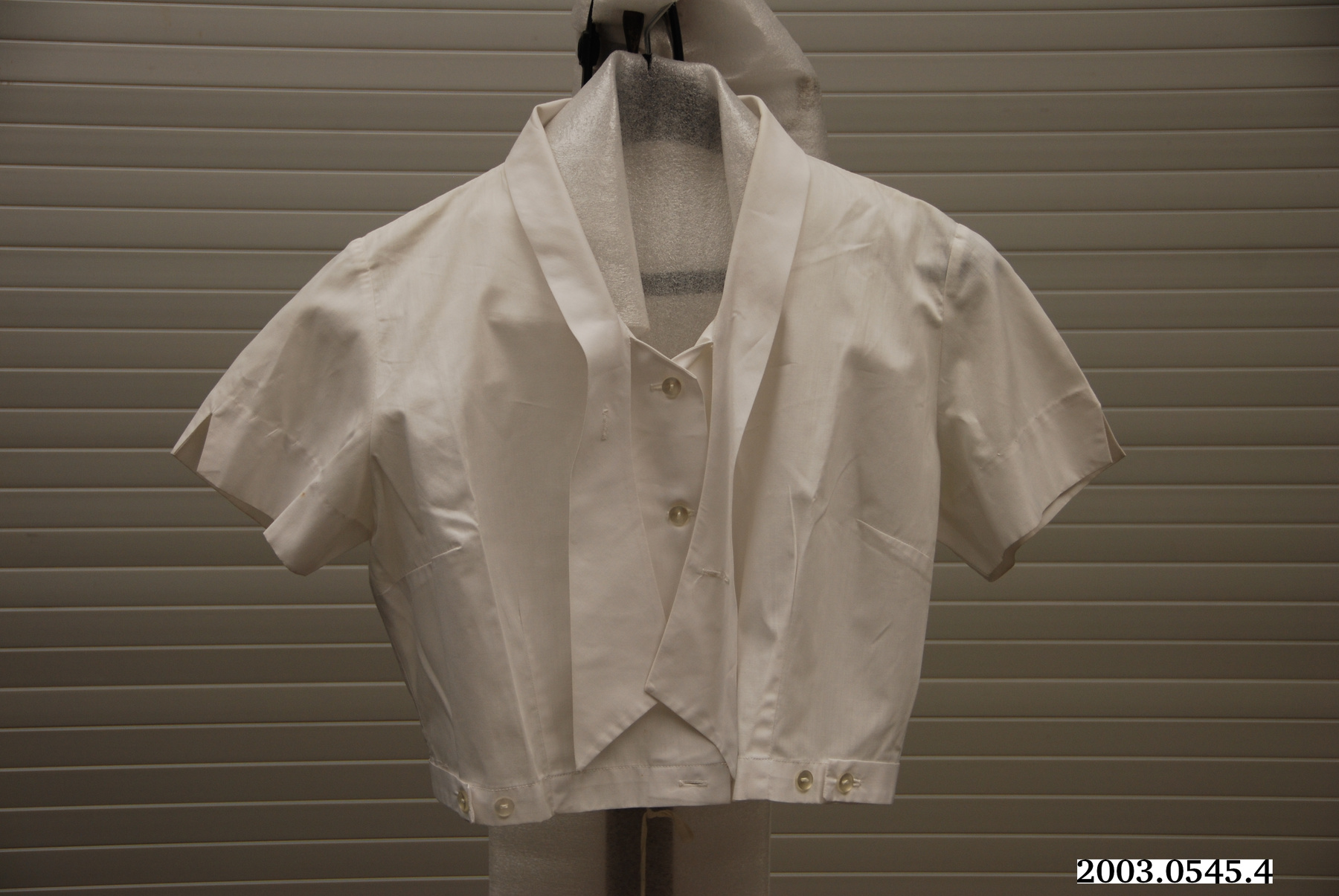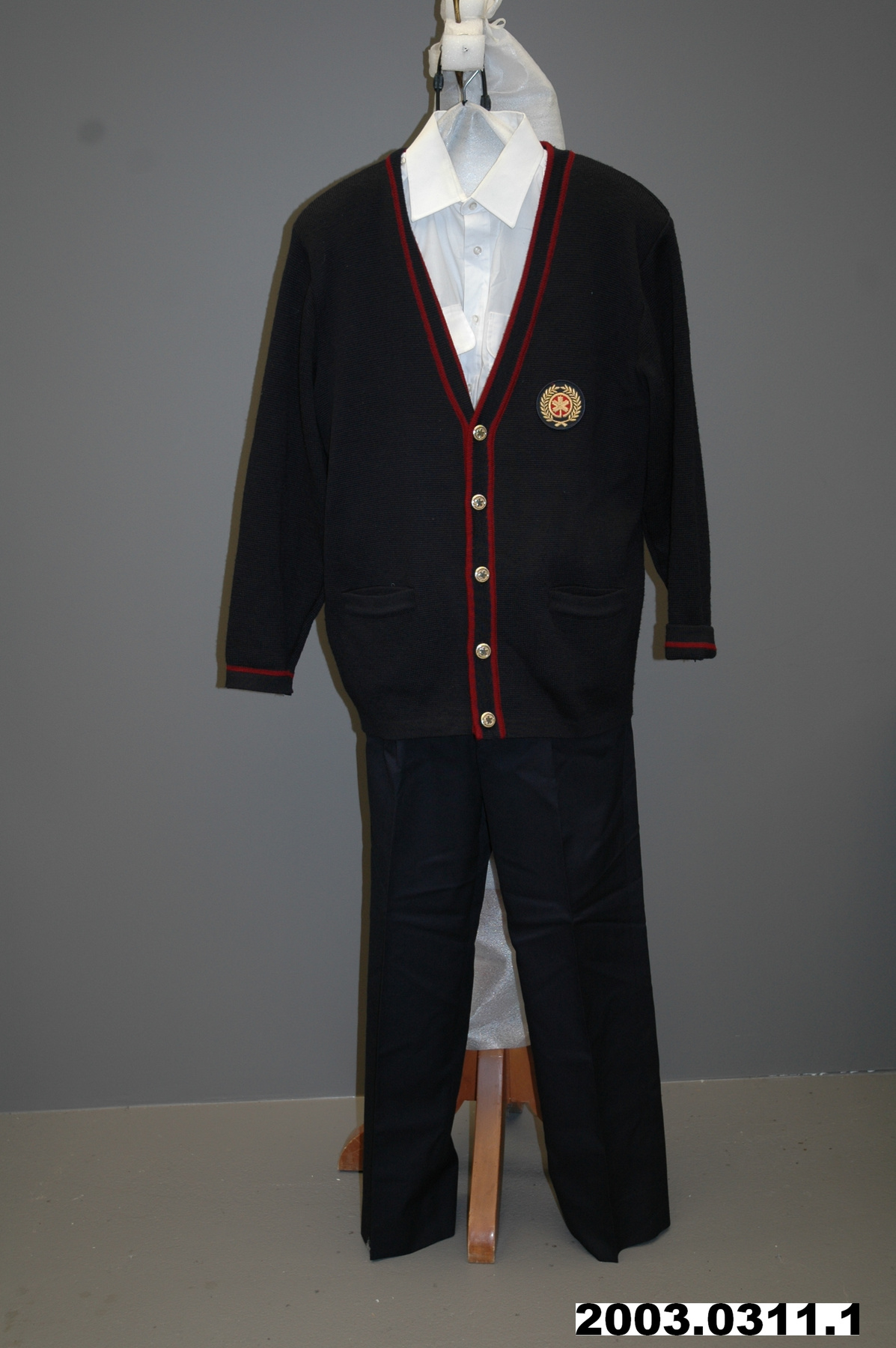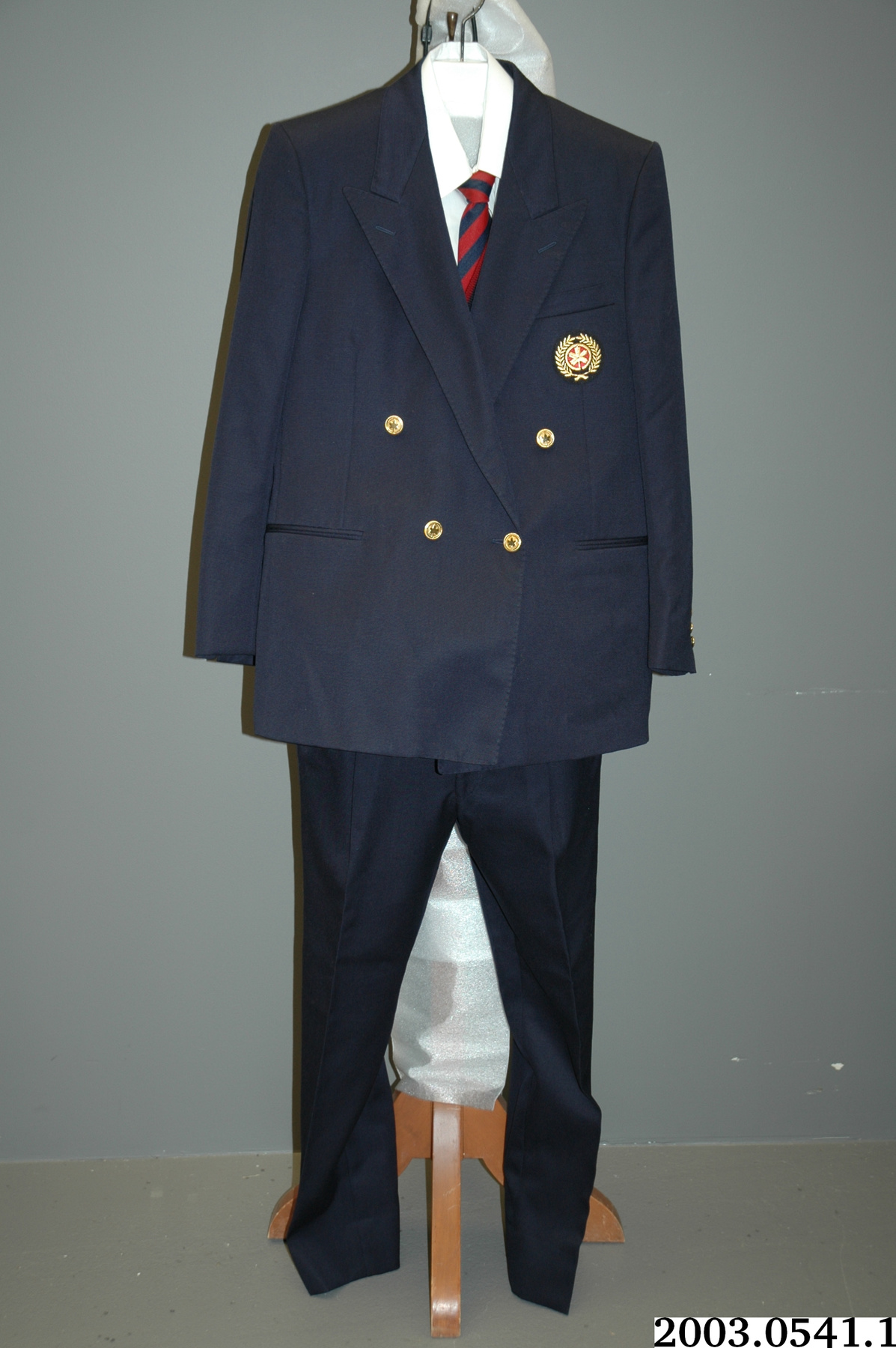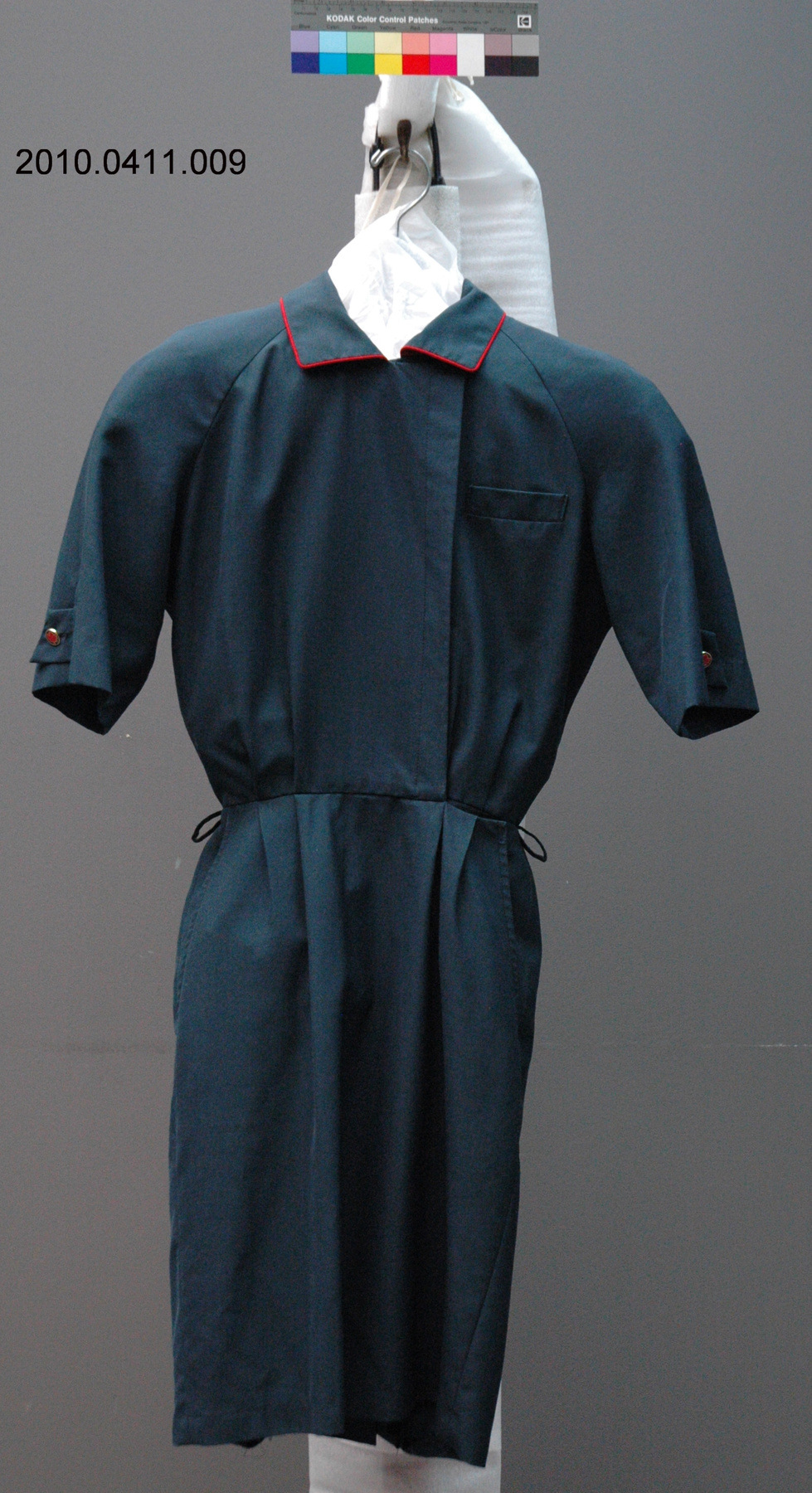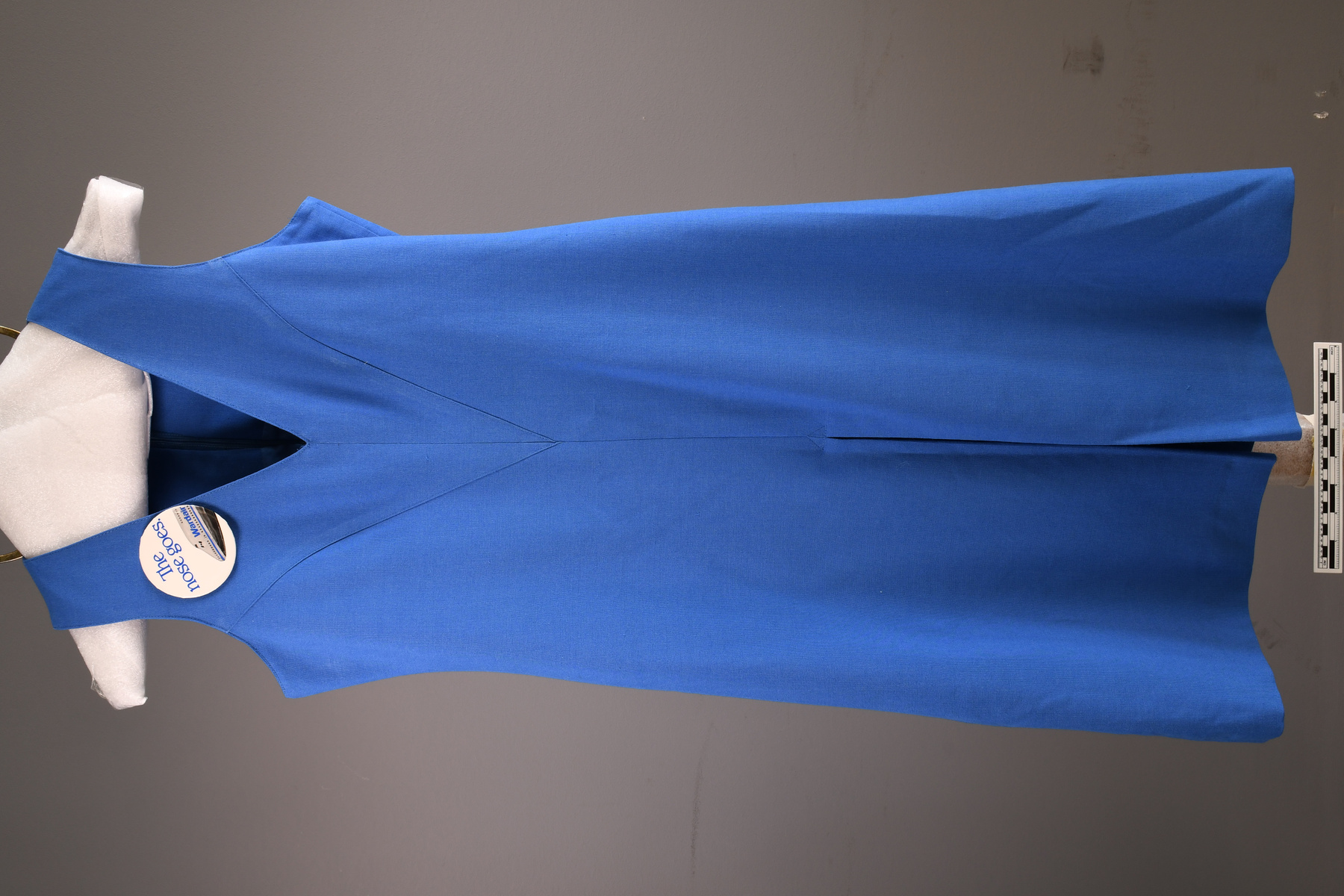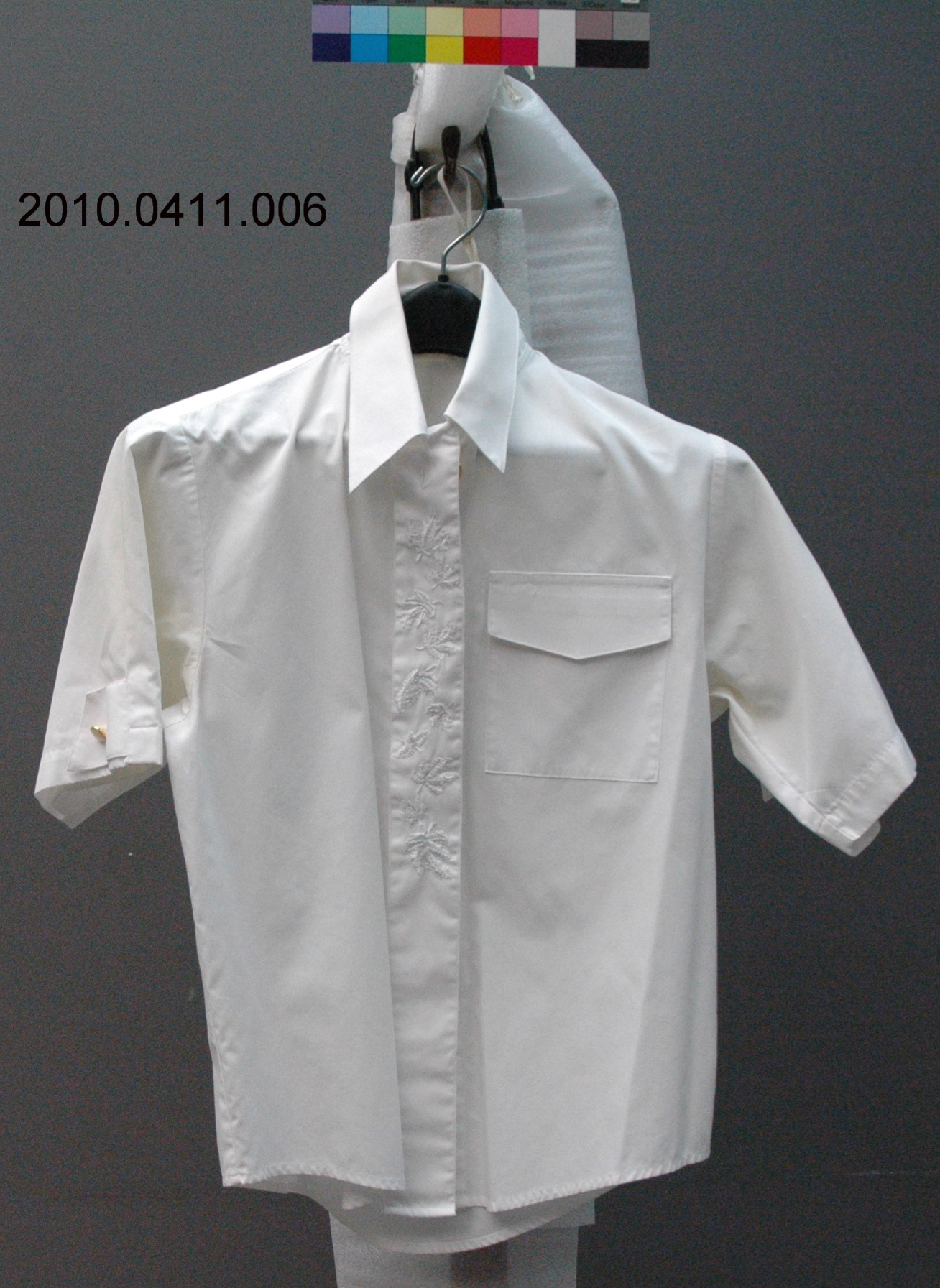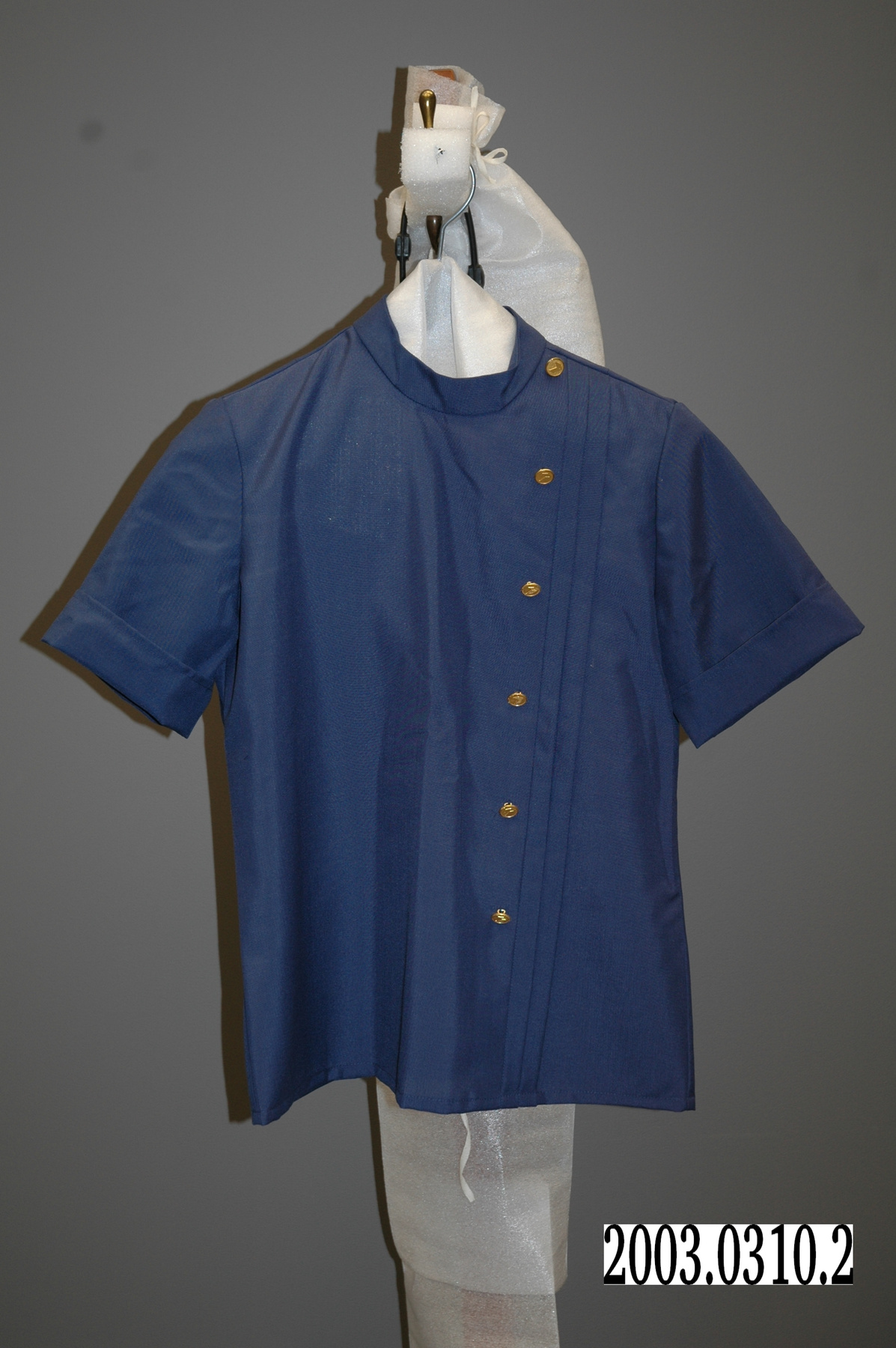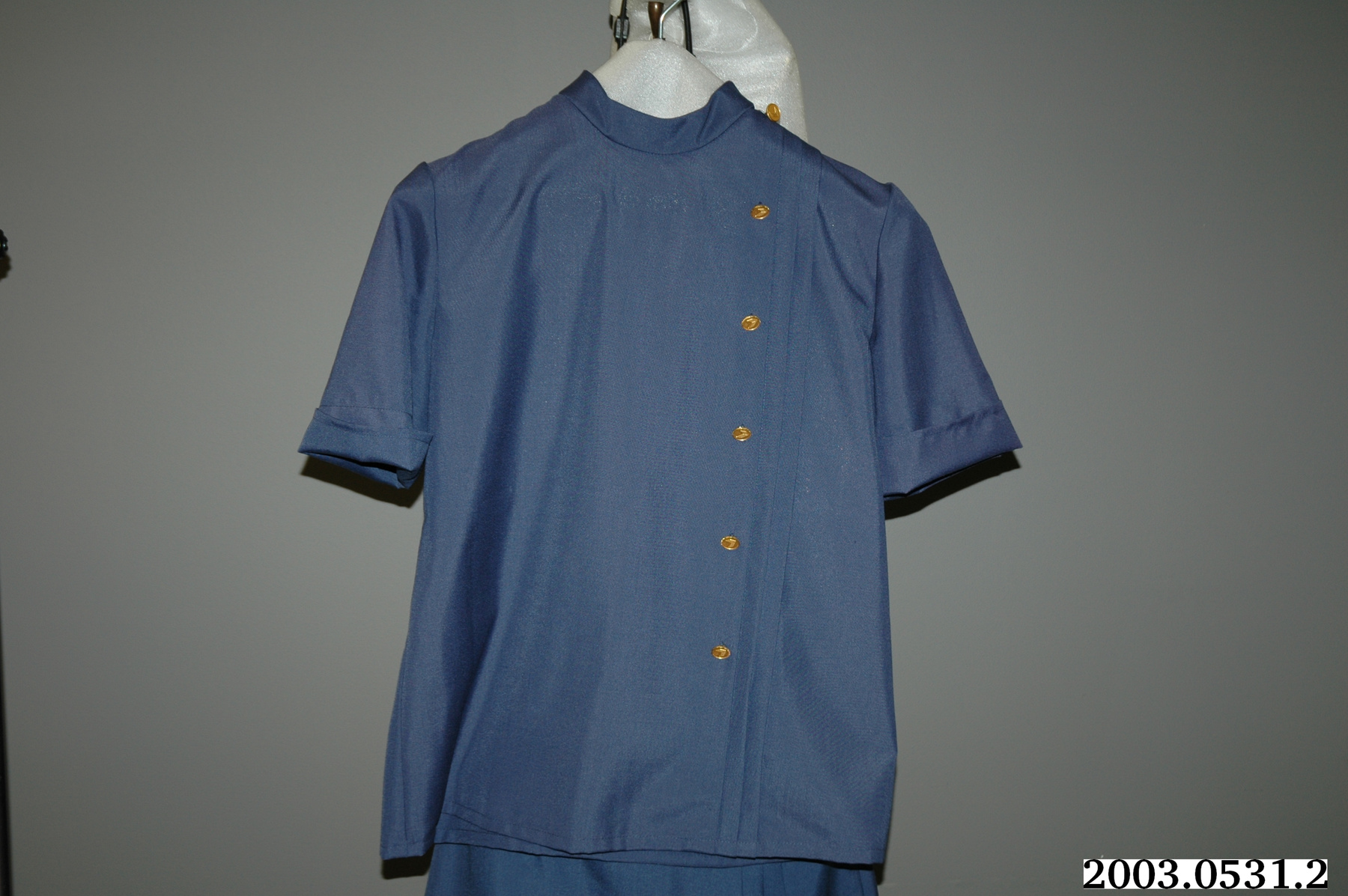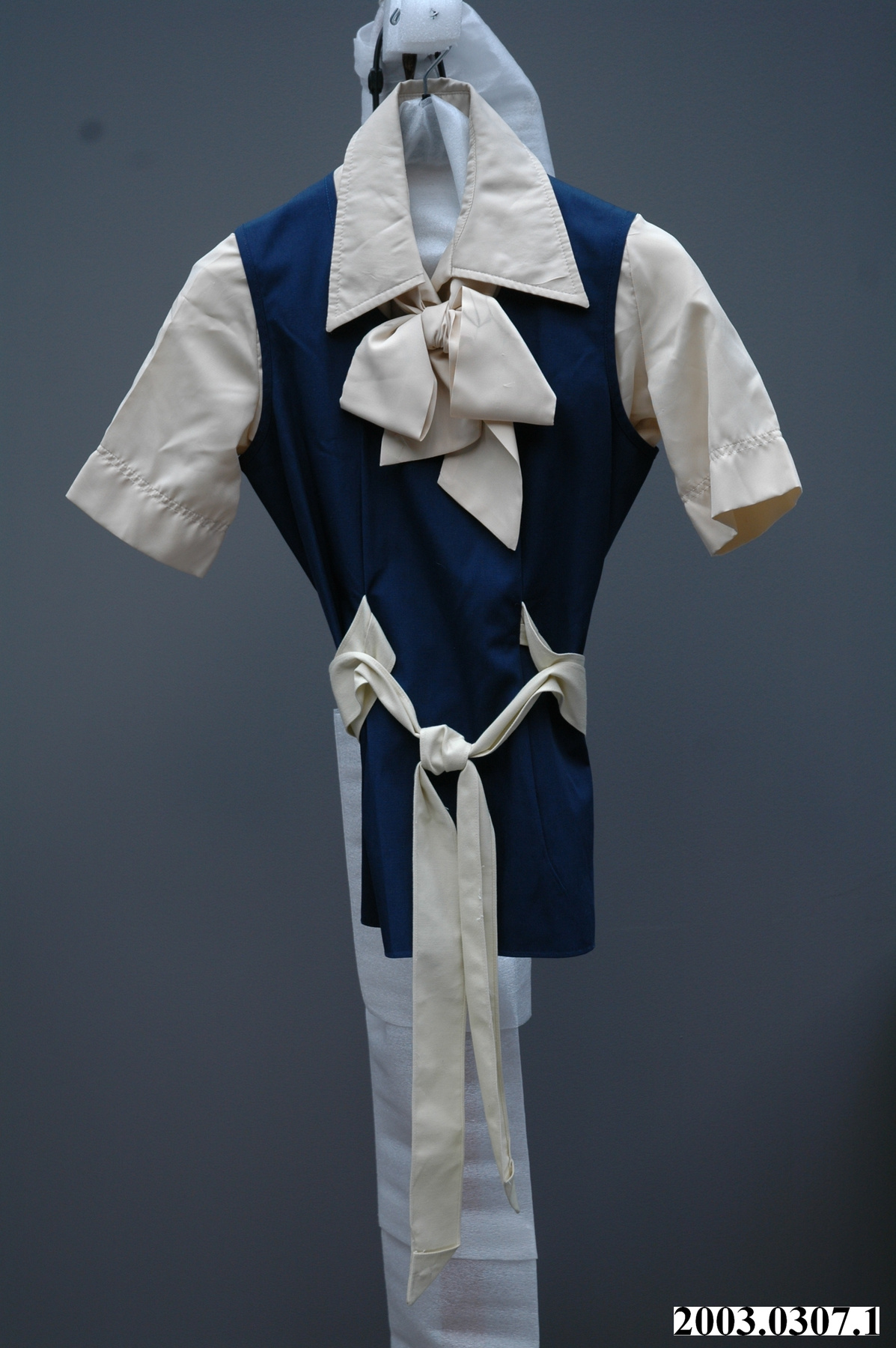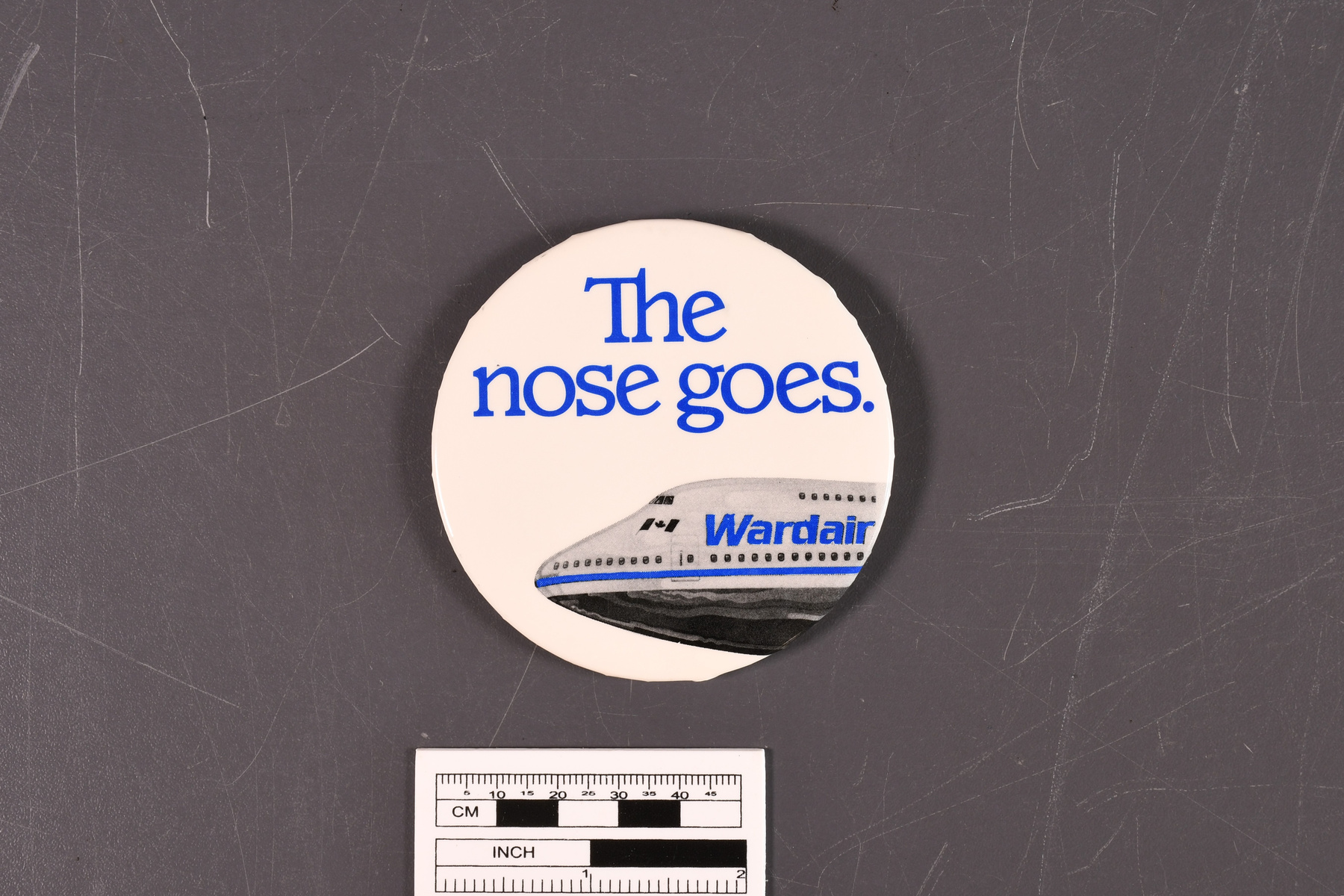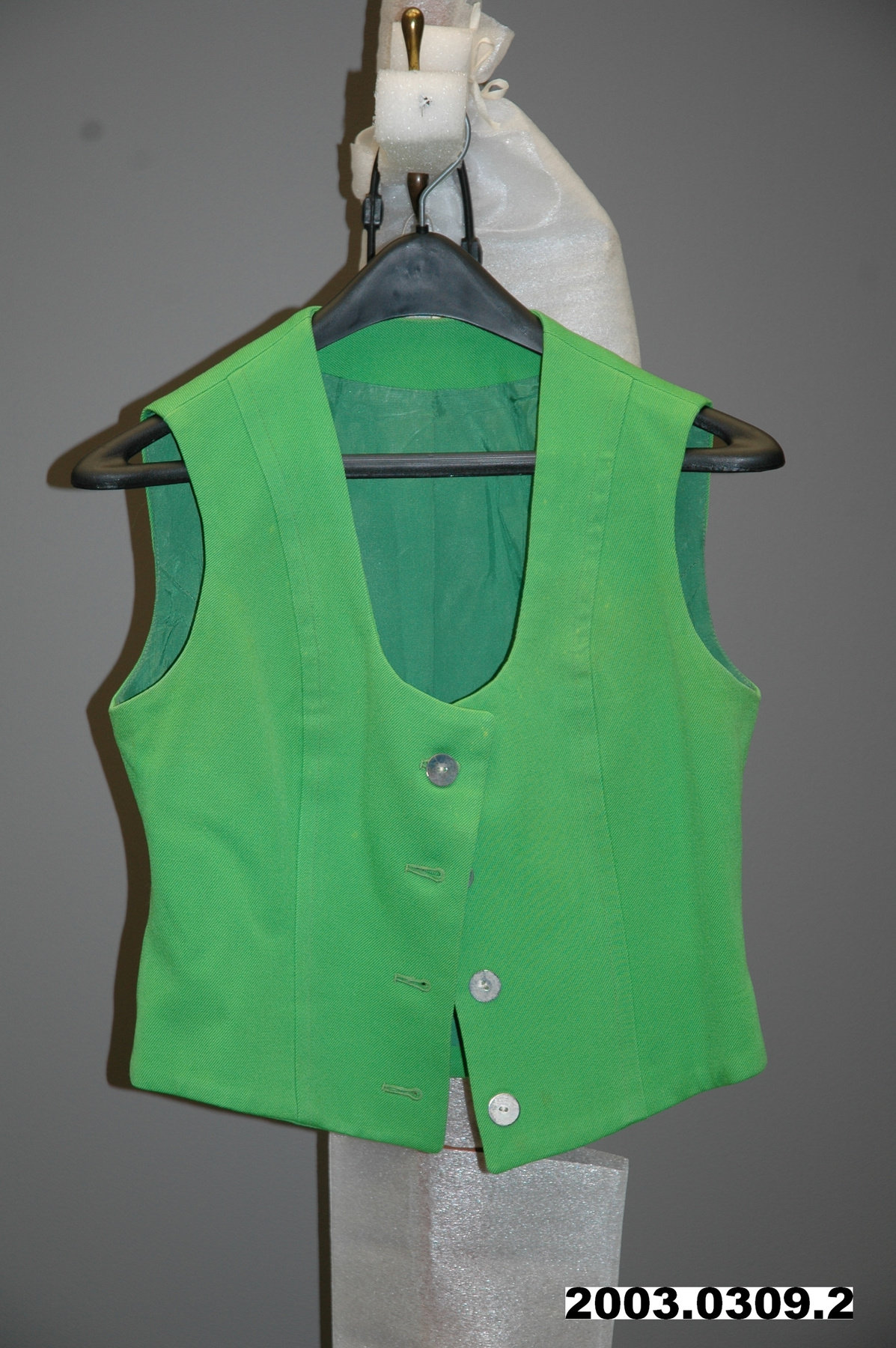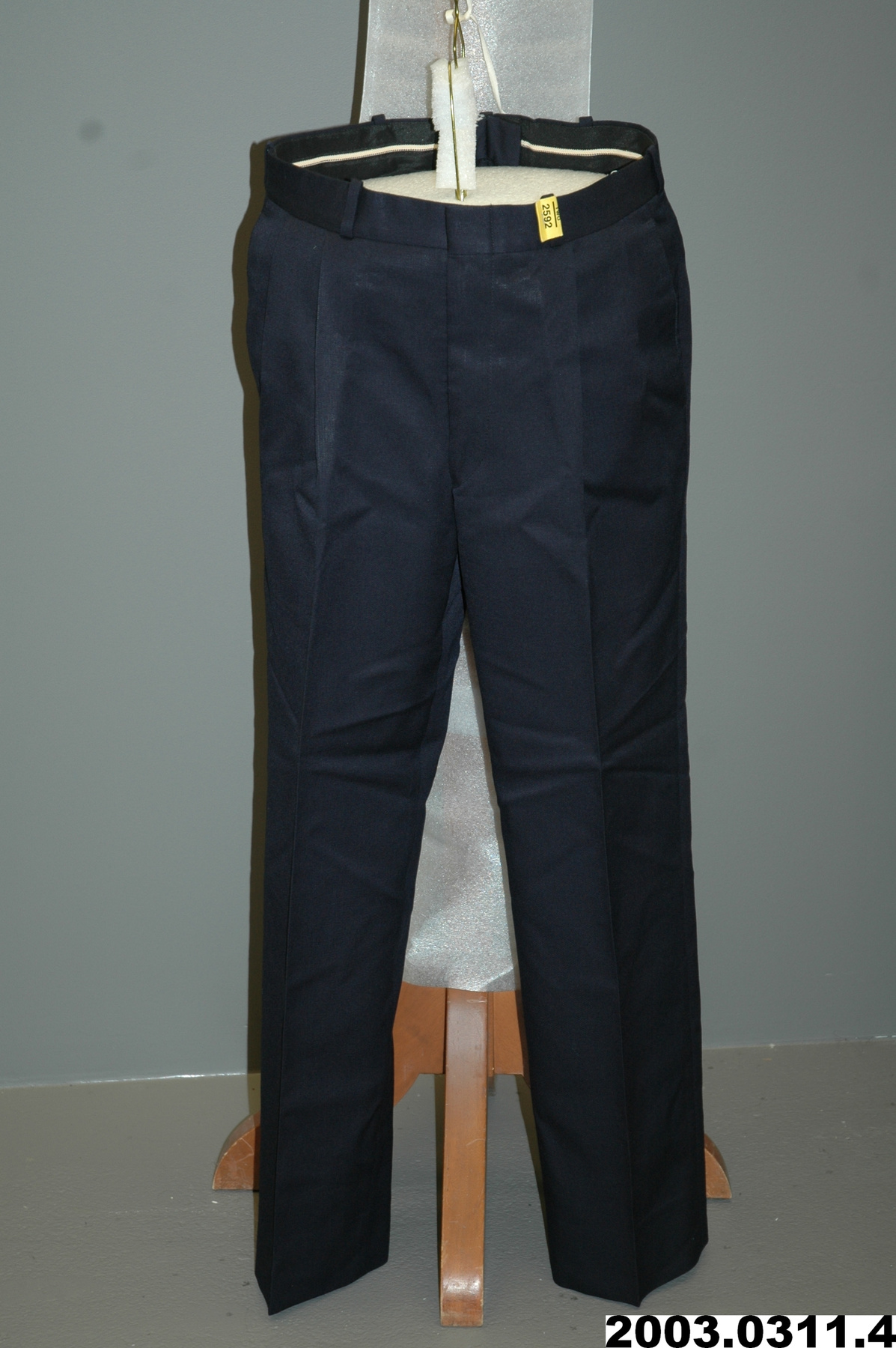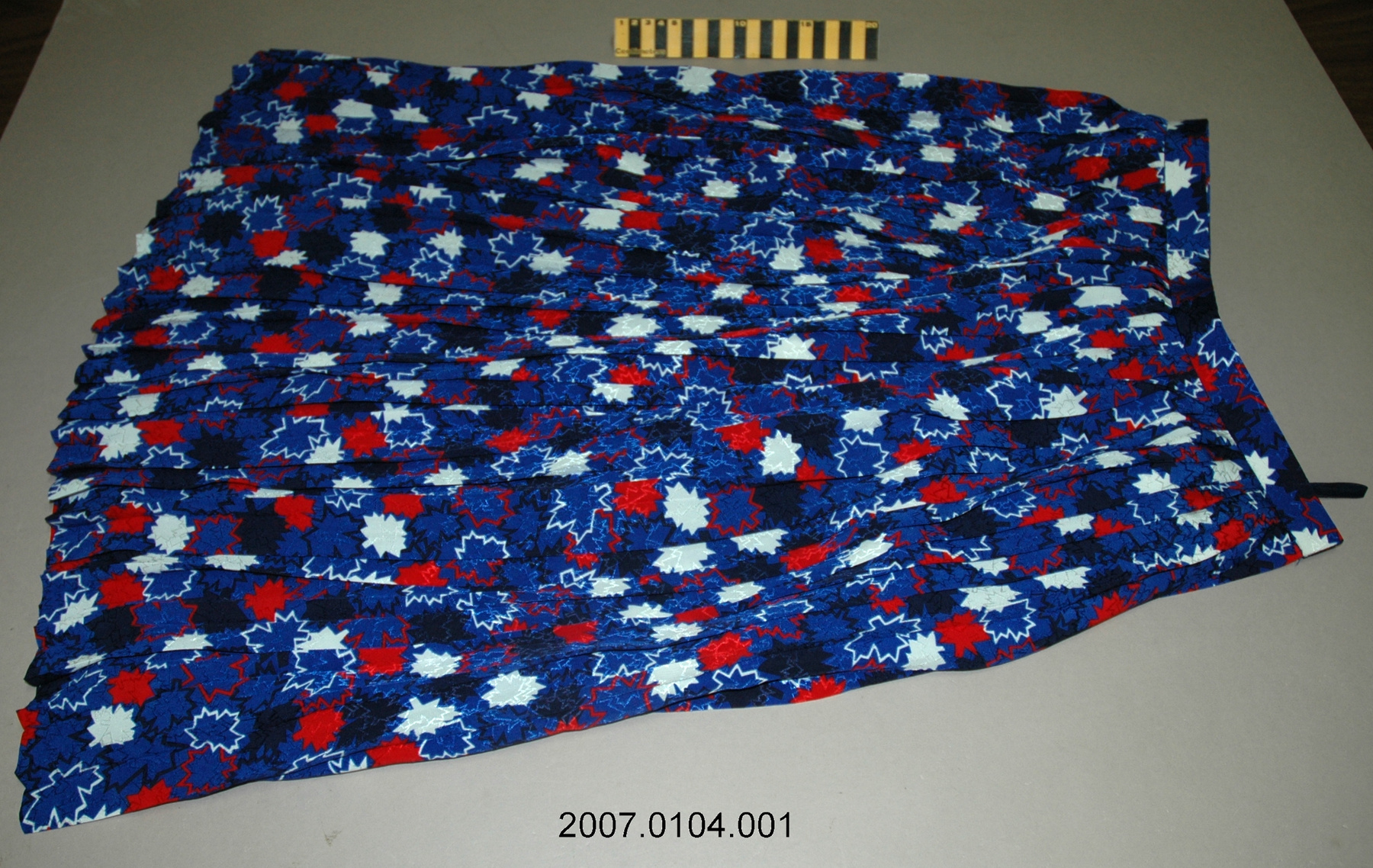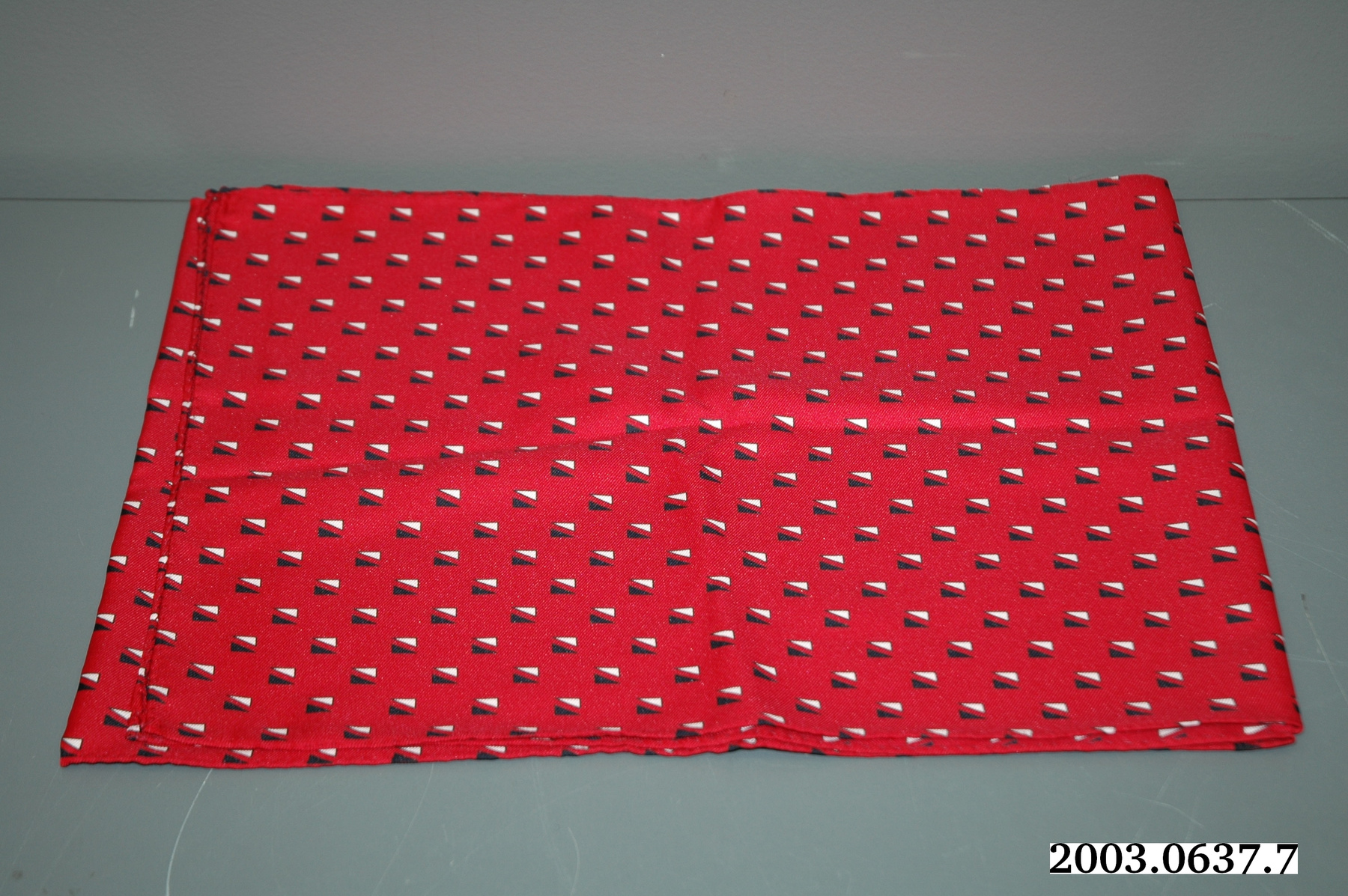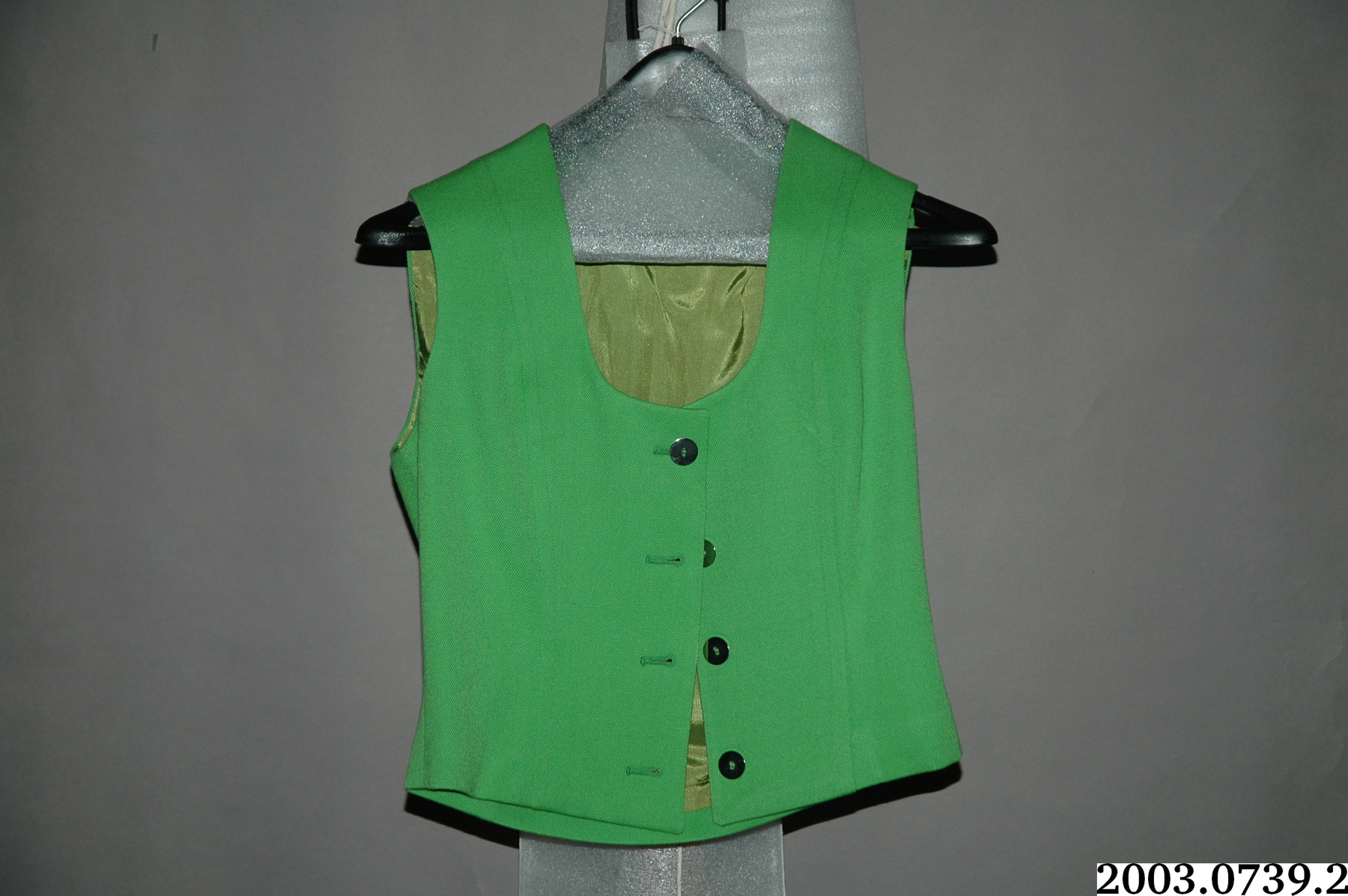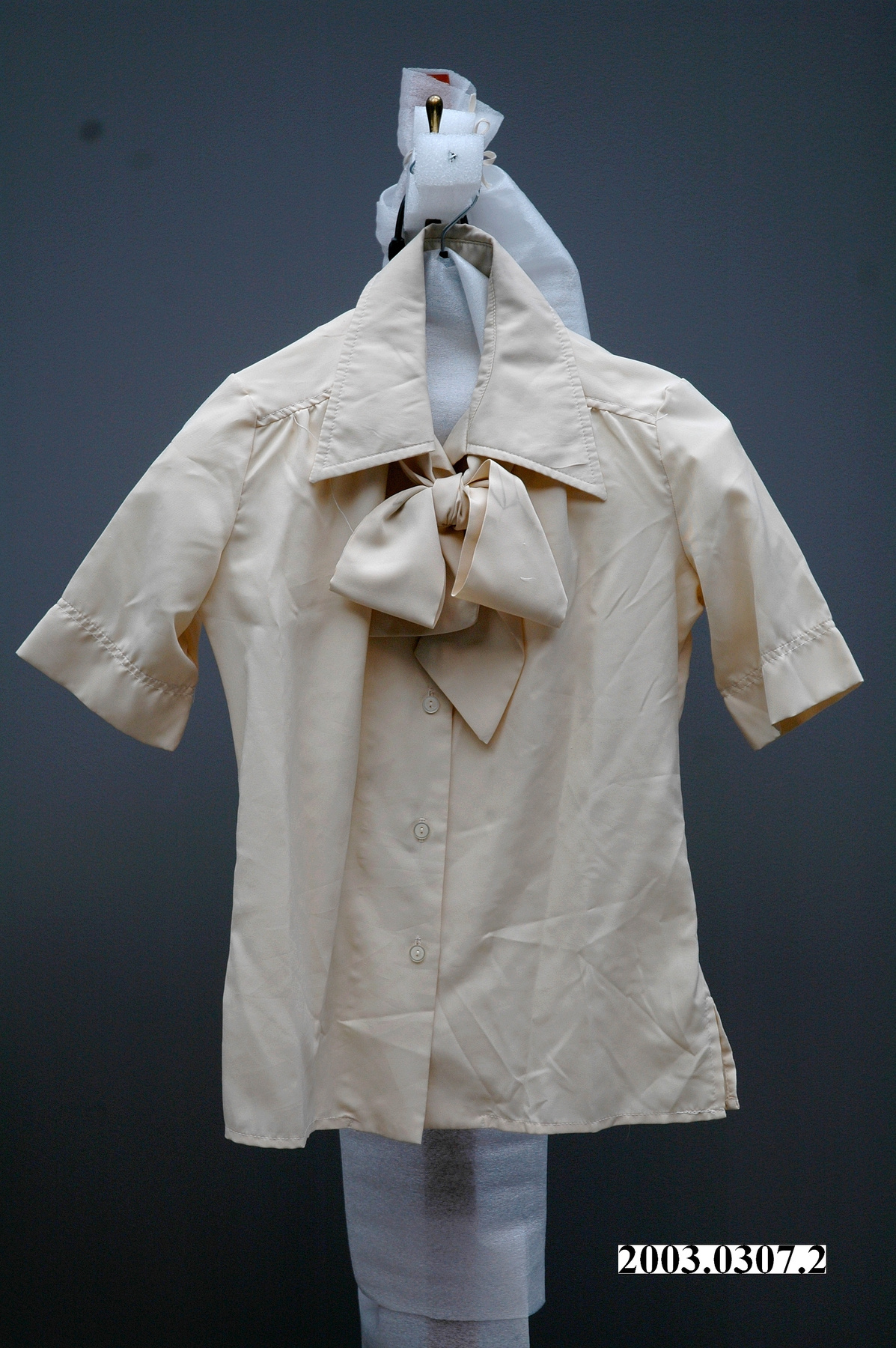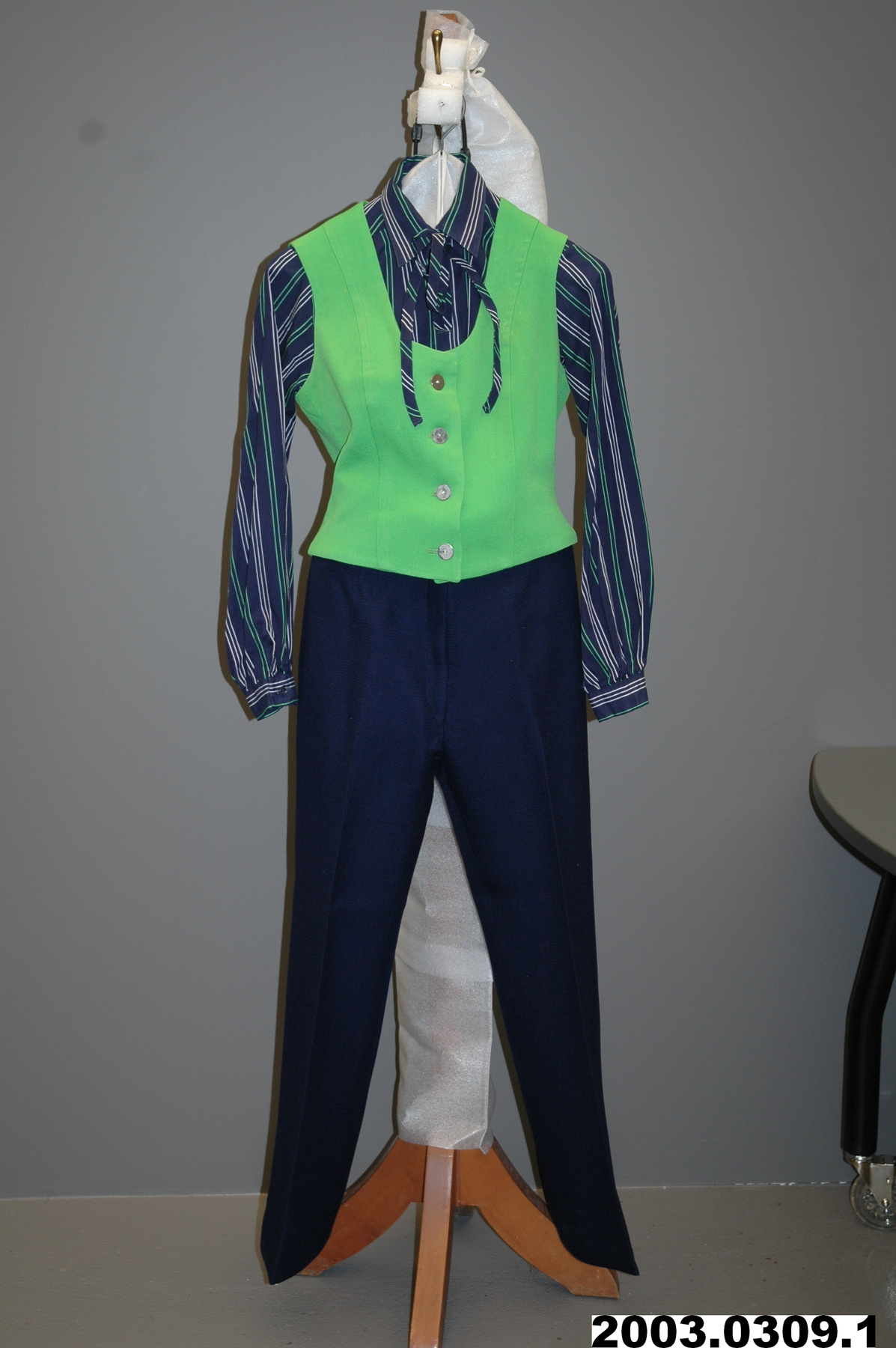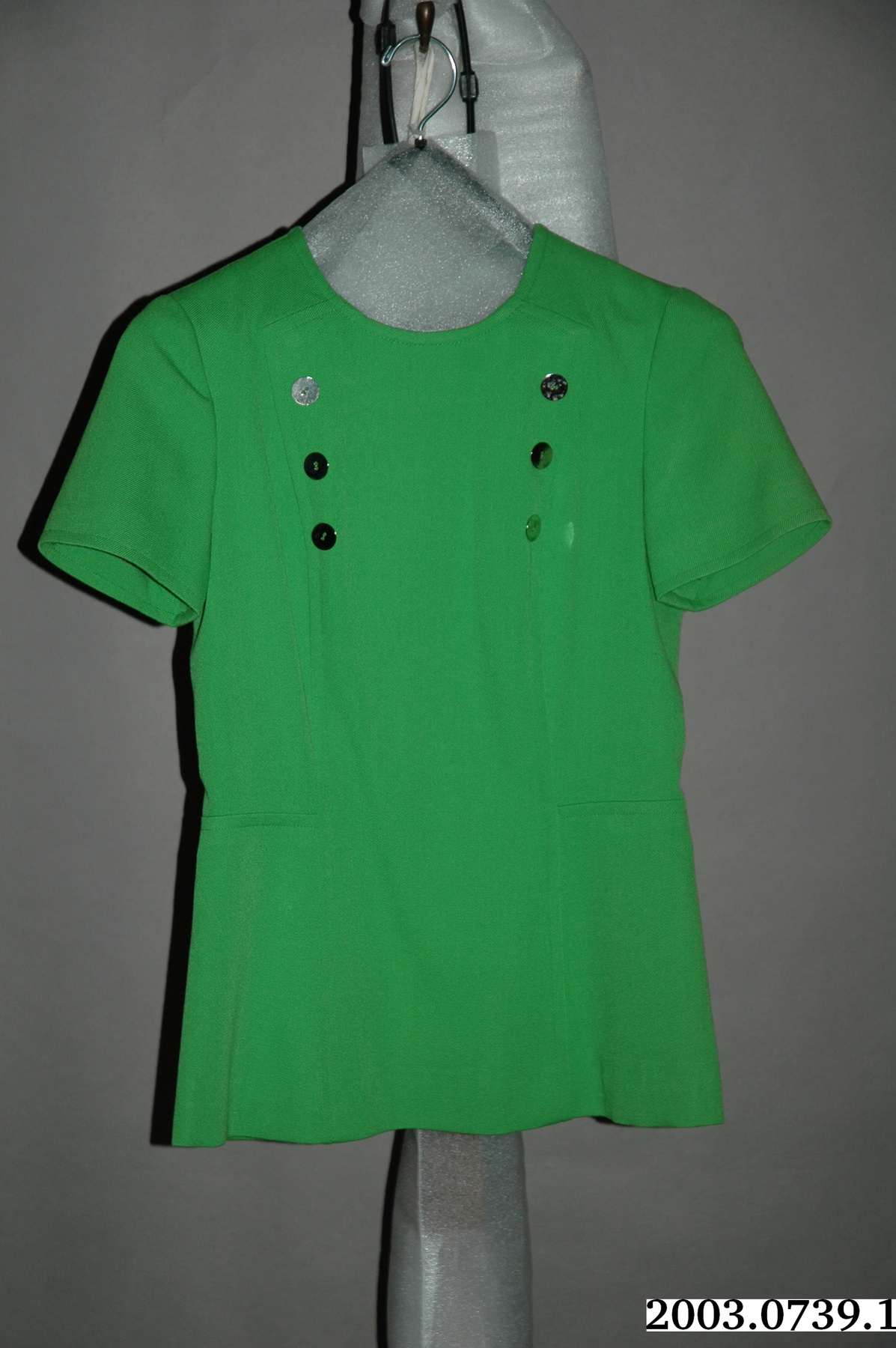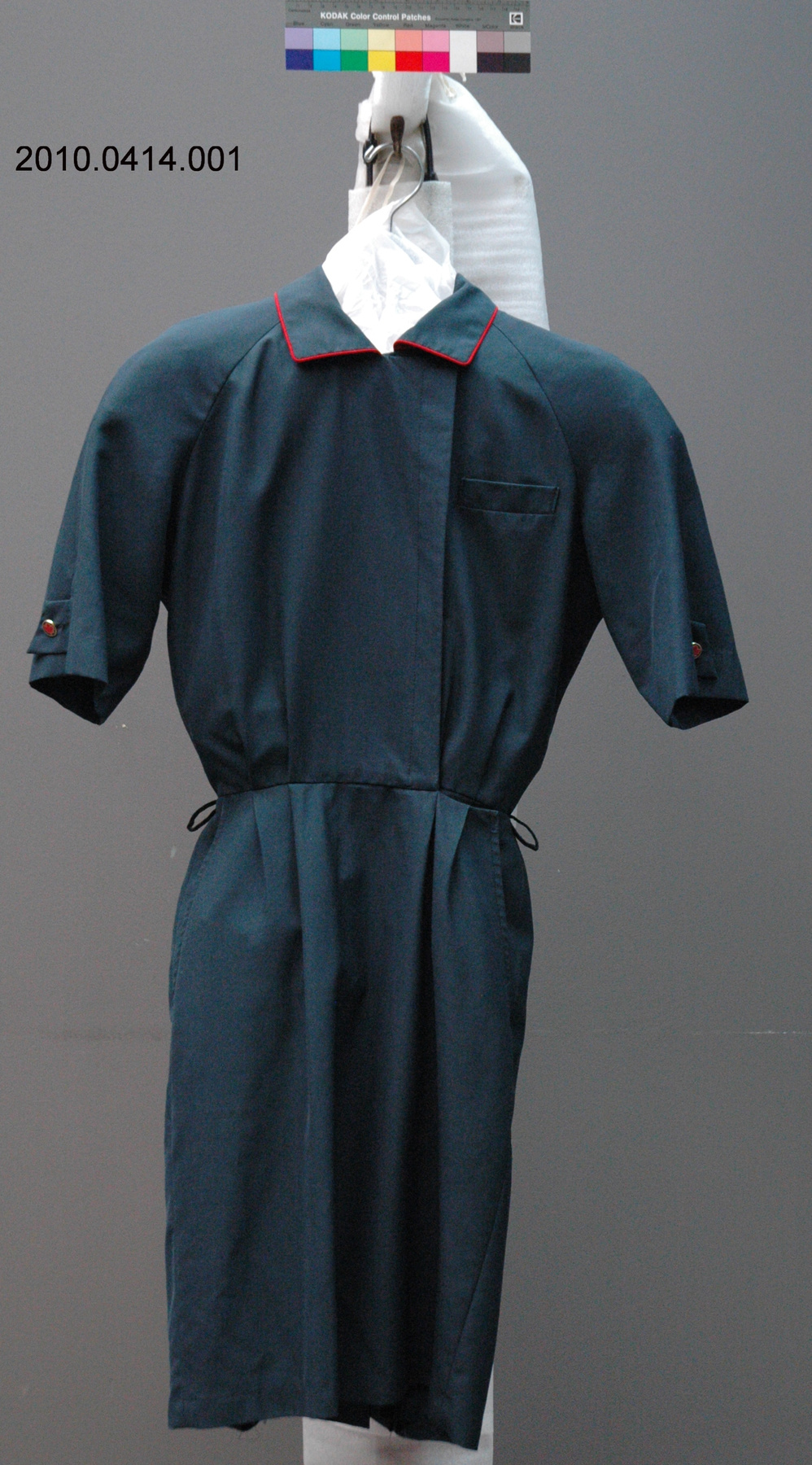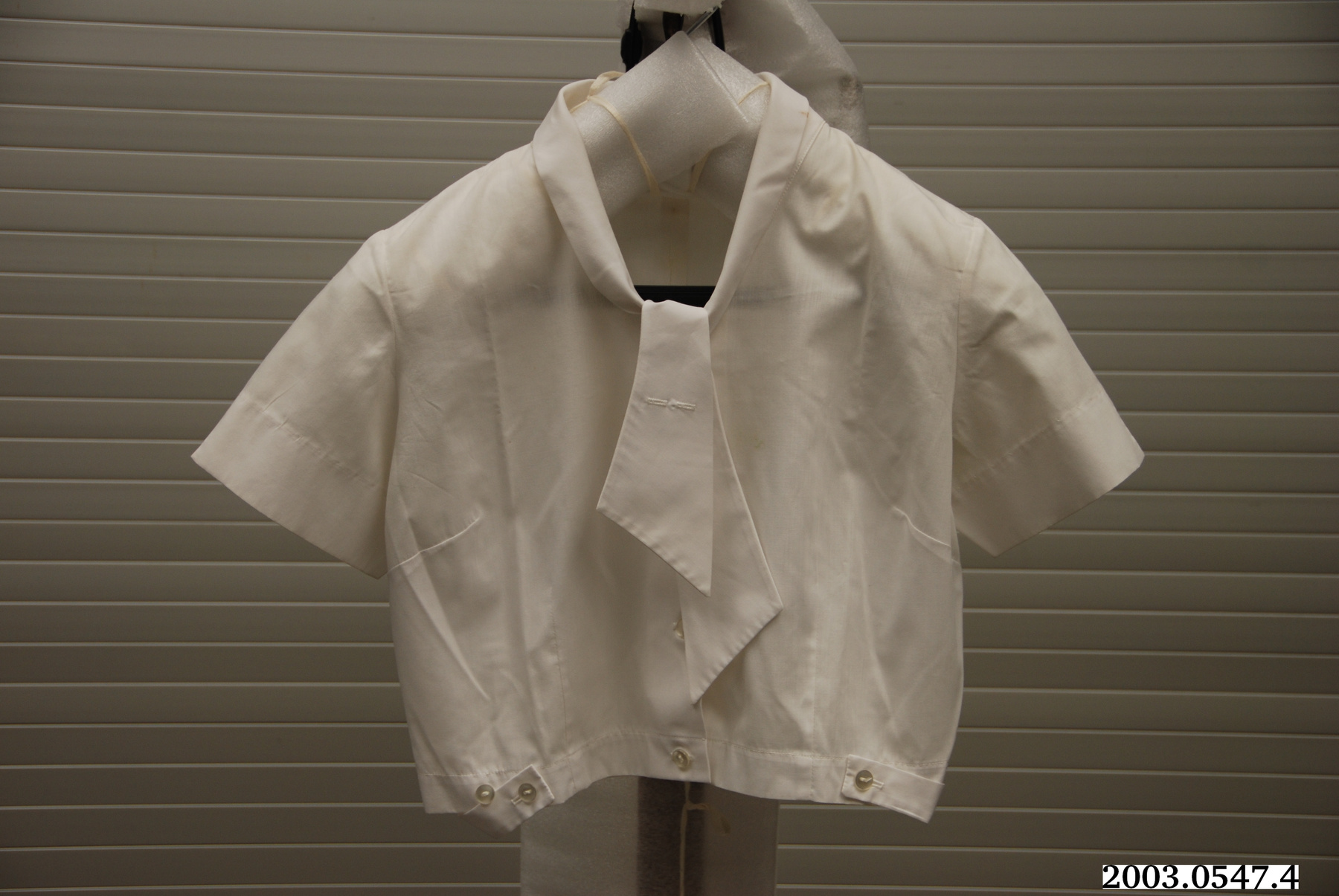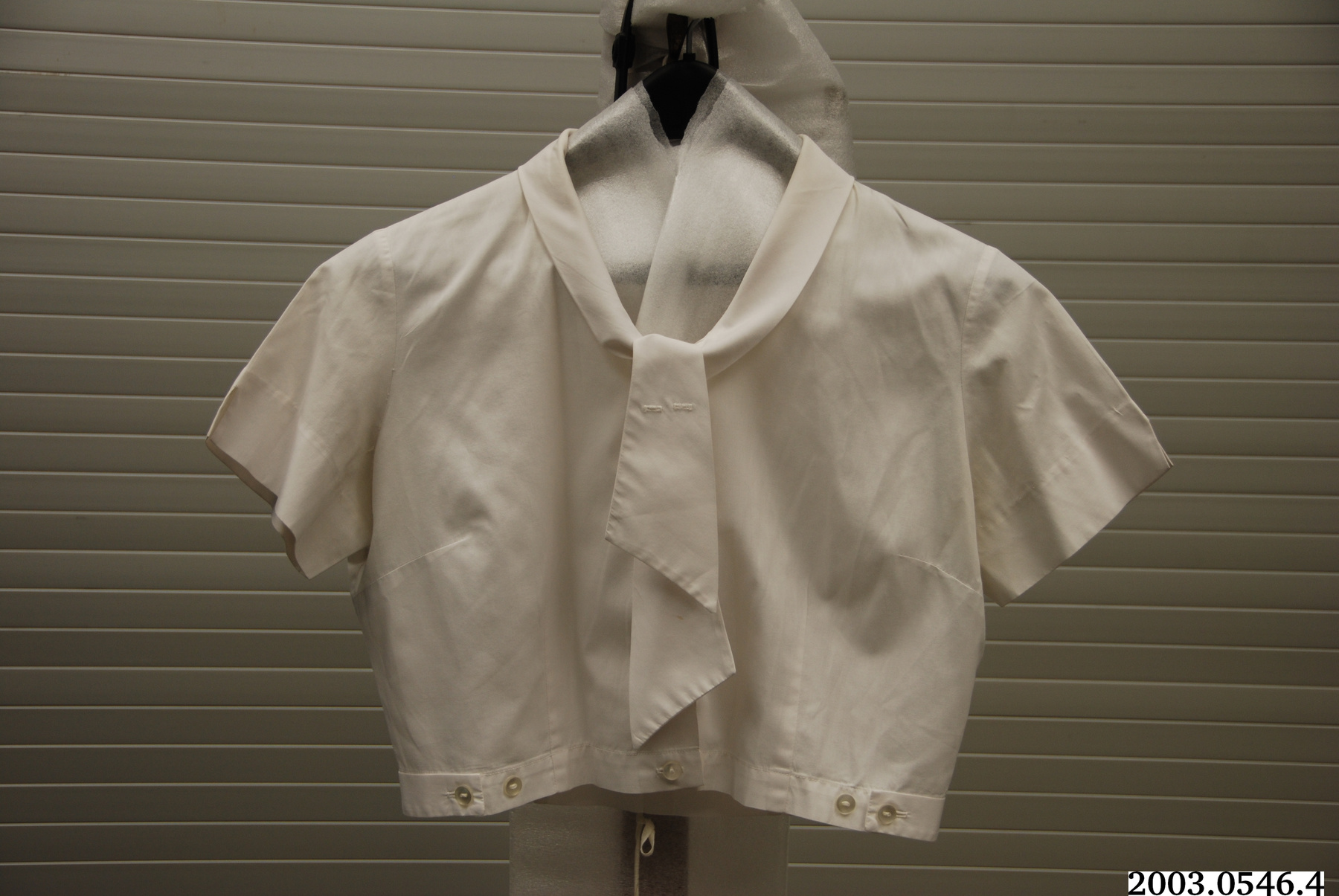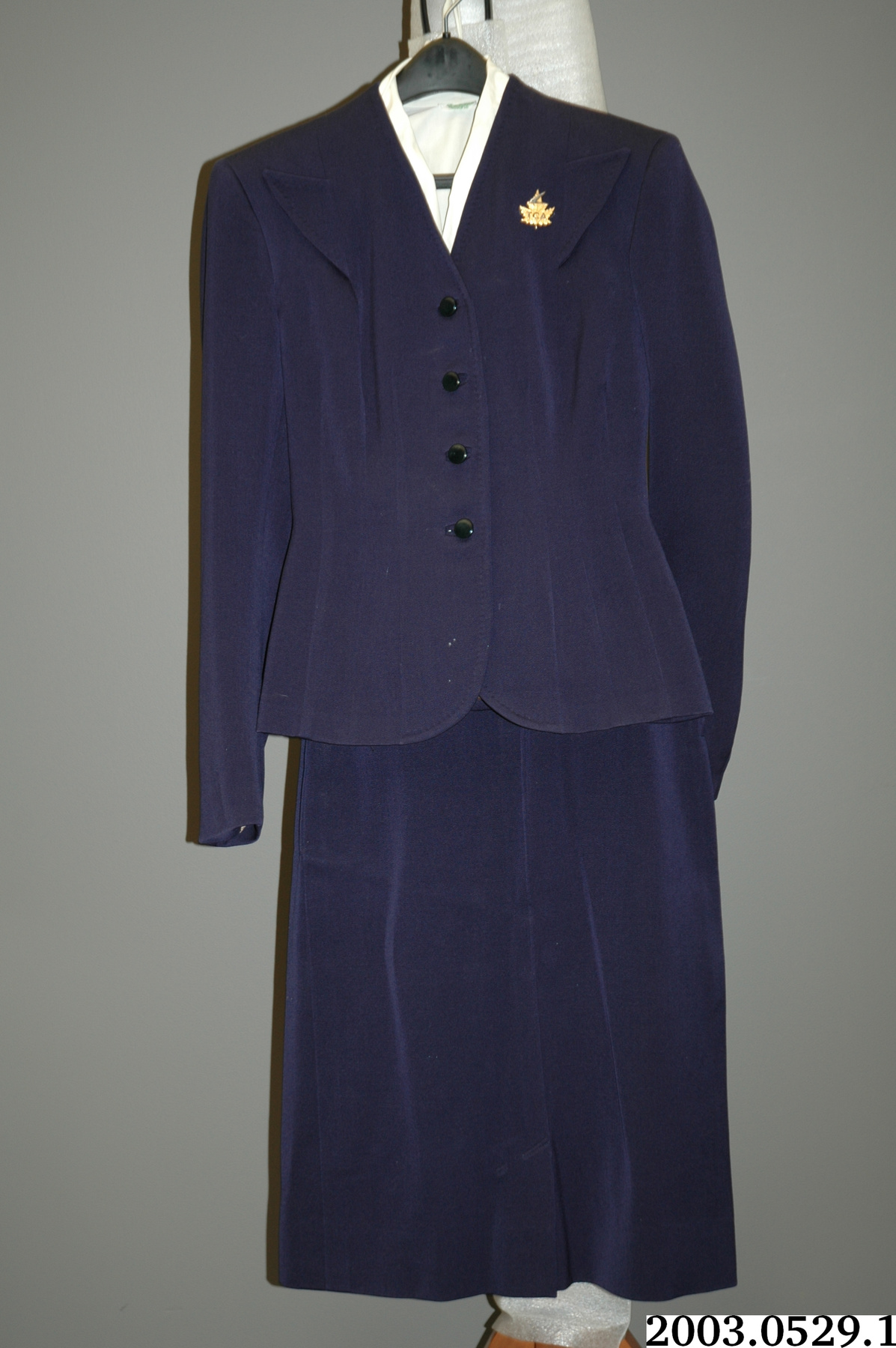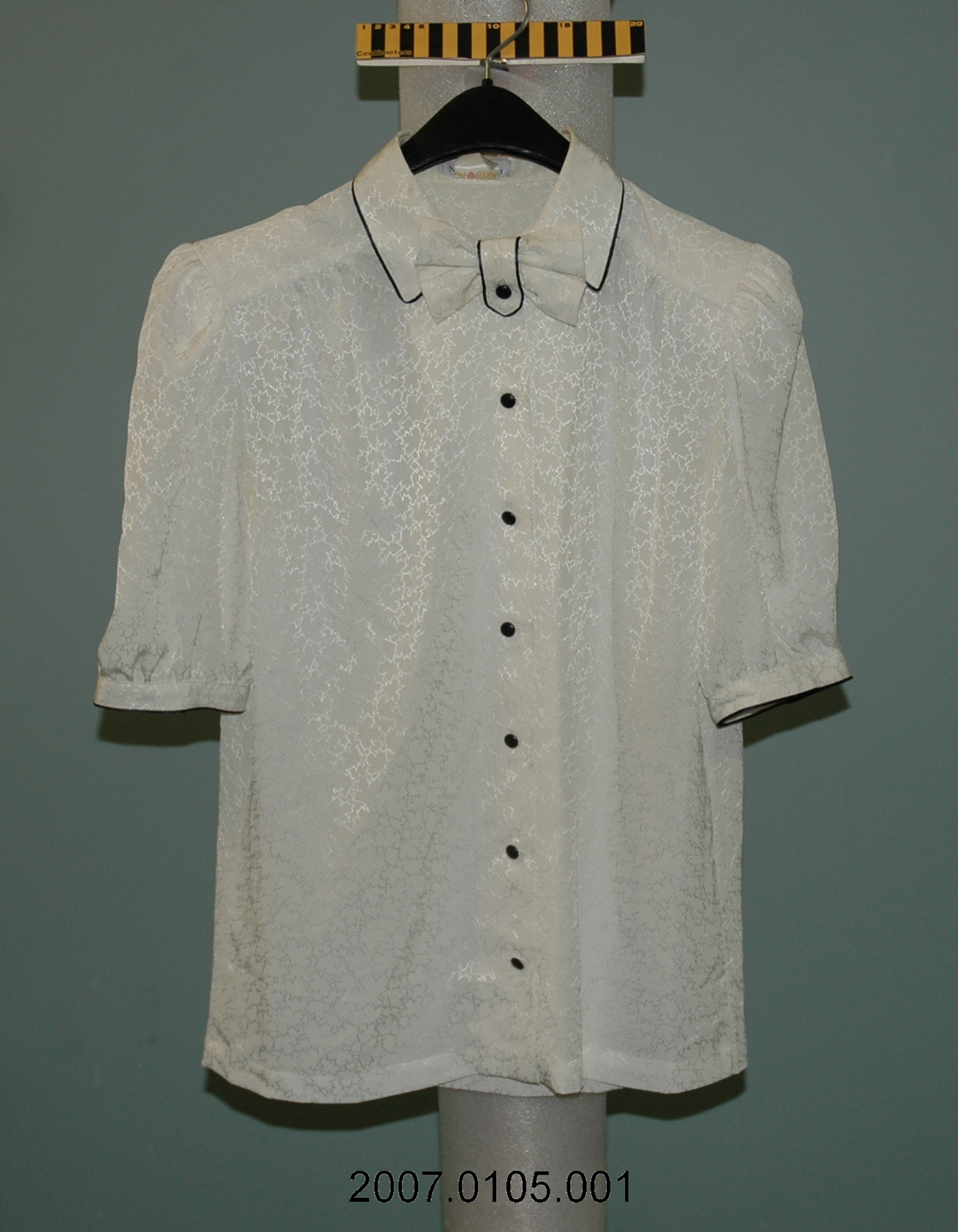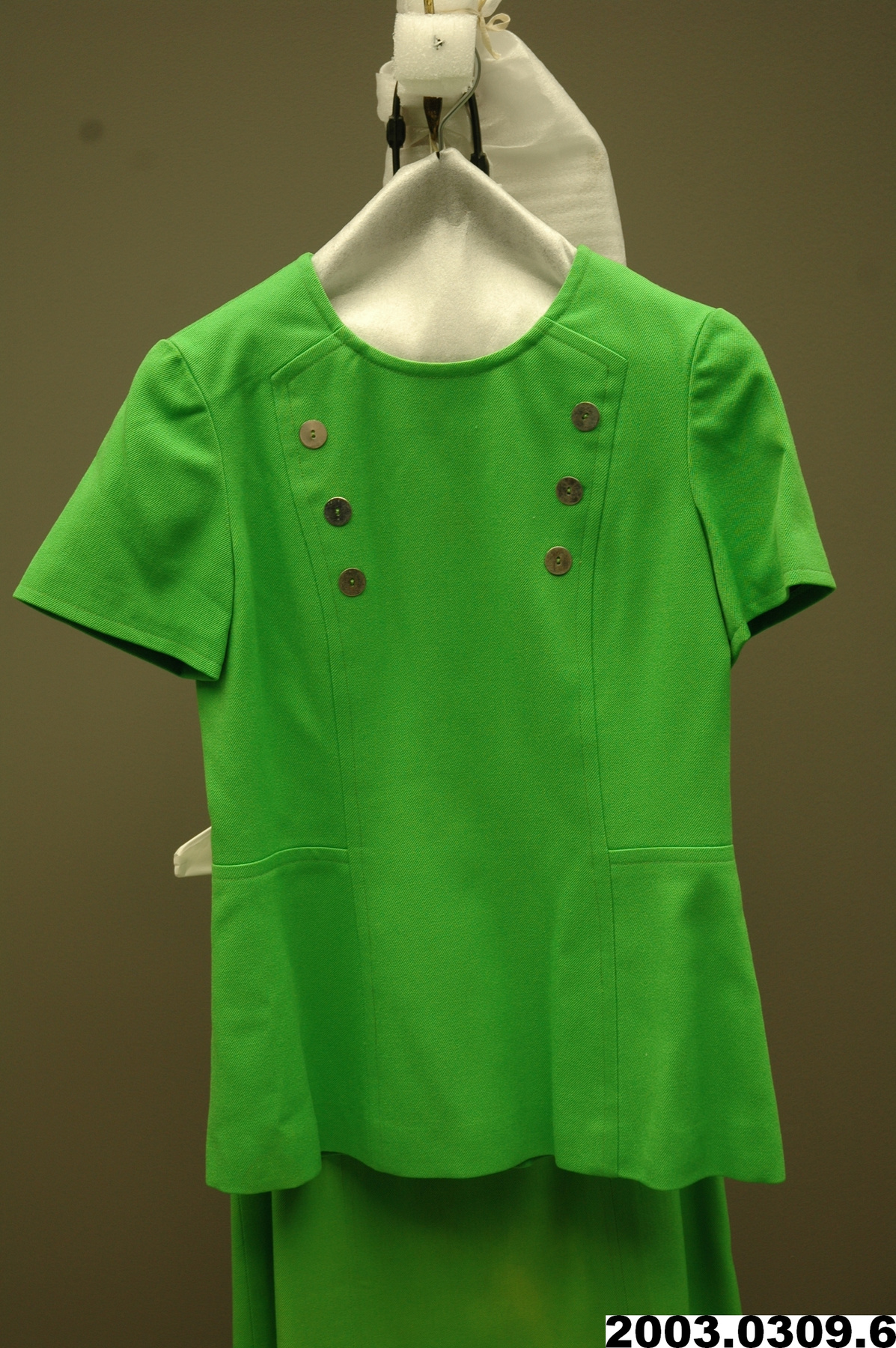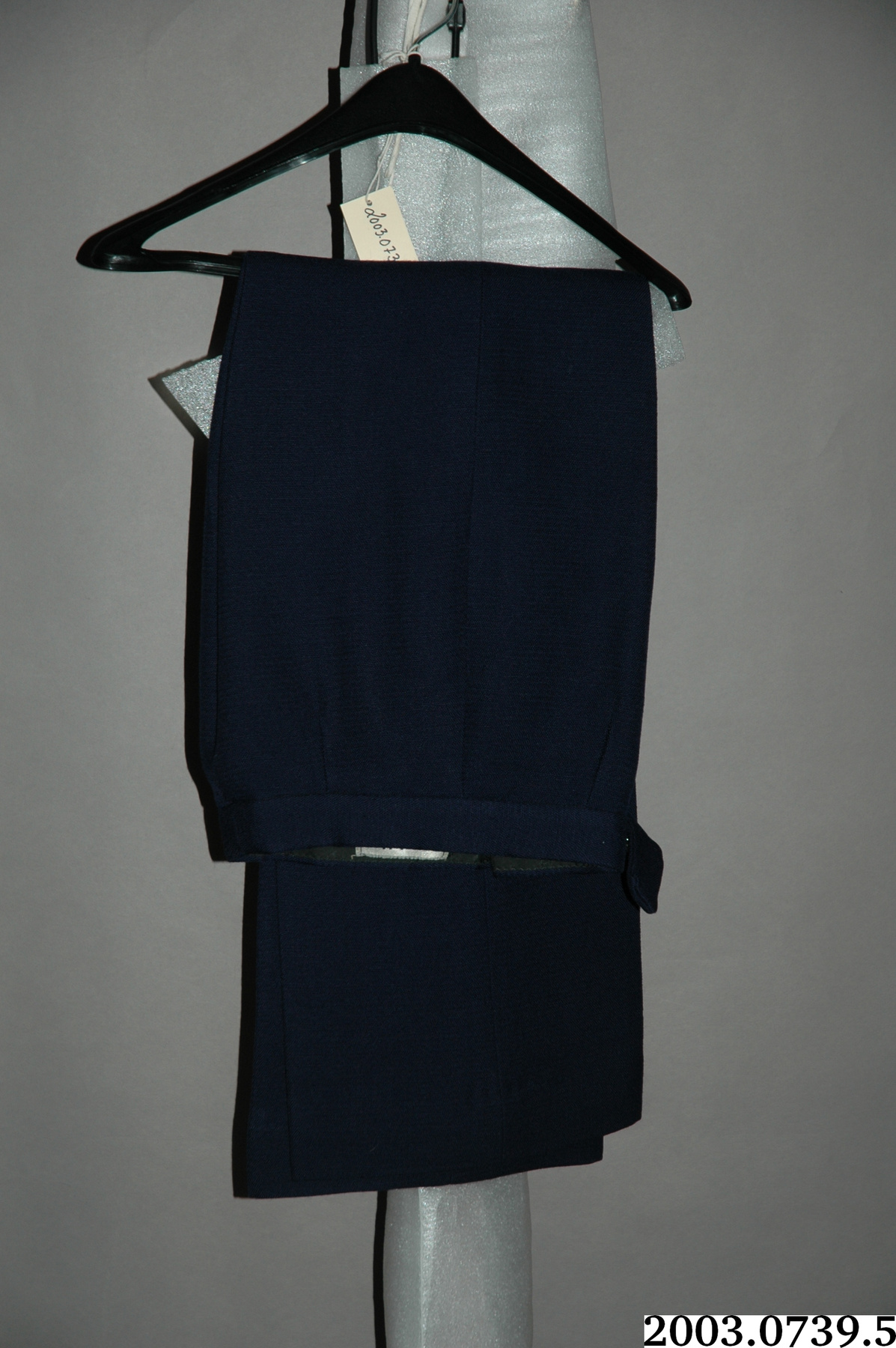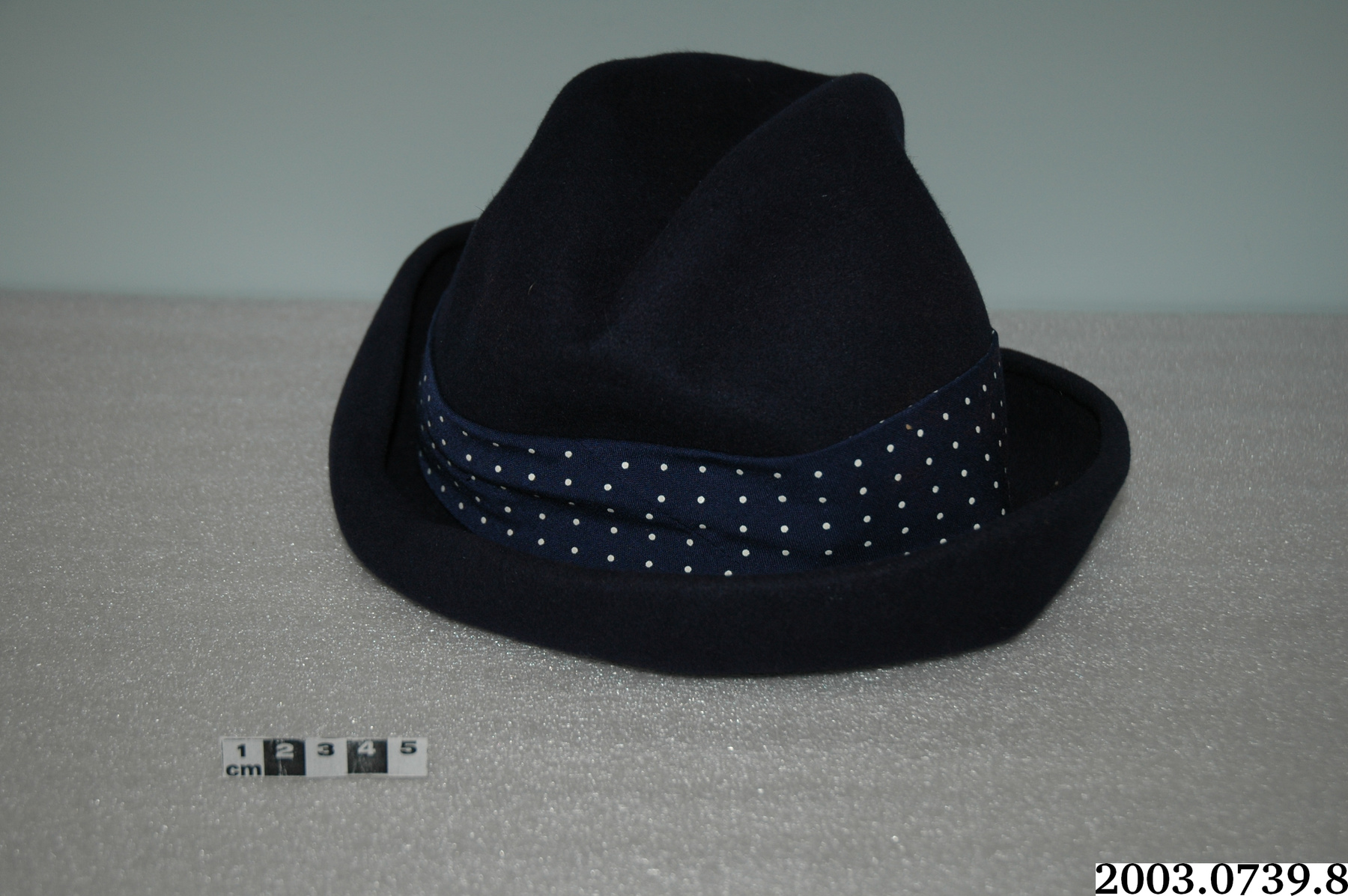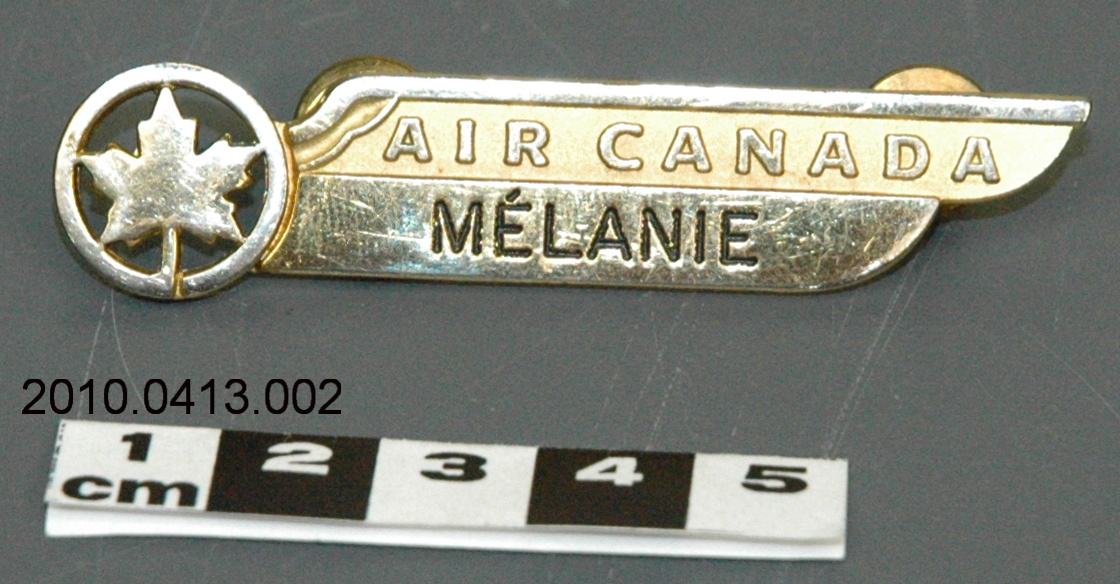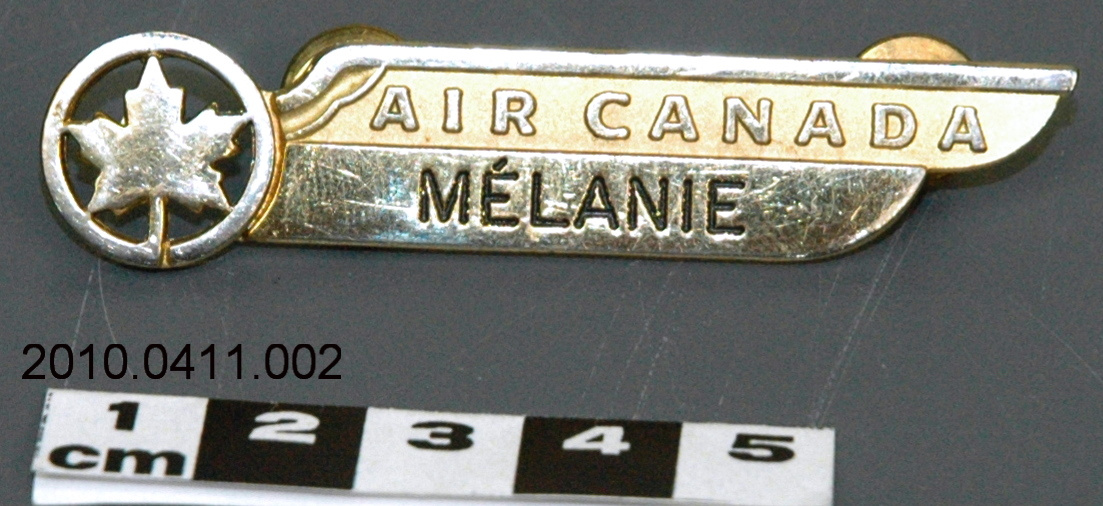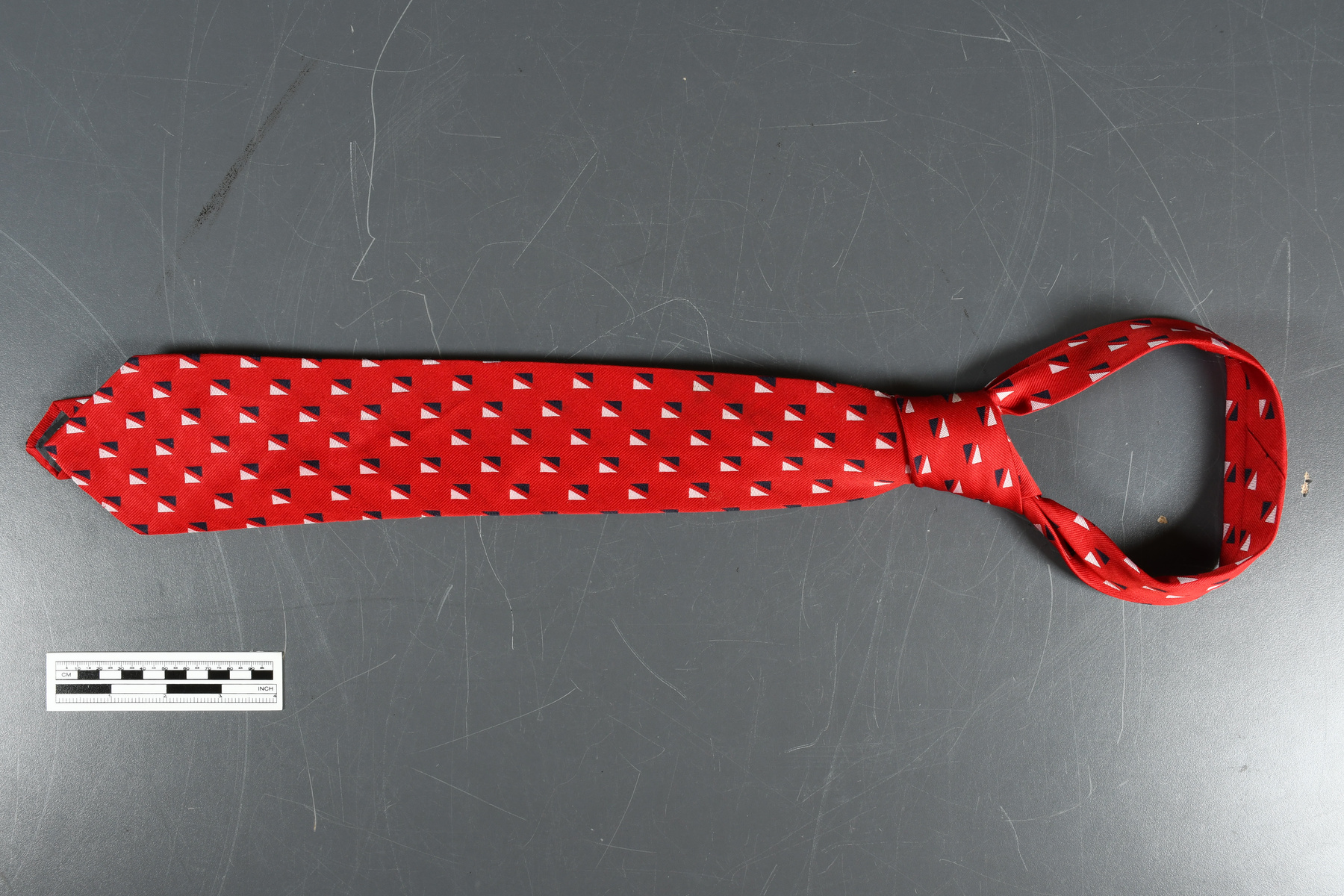Necktie
Use this image
Can I reuse this image without permission? Yes
Object images on the Ingenium Collection’s portal have the following Creative Commons license:
Copyright Ingenium / CC BY-NC-ND (Attribution-NonCommercial 4.0 International (CC BY-NC 4.0)
ATTRIBUTE THIS IMAGE
Ingenium,
2013.0549.004
Permalink:
Ingenium is releasing this image under the Creative Commons licensing framework, and encourages downloading and reuse for non-commercial purposes. Please acknowledge Ingenium and cite the artifact number.
DOWNLOAD IMAGEPURCHASE THIS IMAGE
This image is free for non-commercial use.
For commercial use, please consult our Reproduction Fees and contact us to purchase the image.
- OBJECT TYPE
- airline/flight attendant
- DATE
- 1990–2000
- ARTIFACT NUMBER
- 2013.0549.004
- MANUFACTURER
- Braemore
- MODEL
- Unknown
- LOCATION
- Canada
More Information
General Information
- Serial #
- N/A
- Part Number
- 4
- Total Parts
- 5
- AKA
- N/A
- Patents
- N/A
- General Description
- Polyester fibers.
Dimensions
Note: These reflect the general size for storage and are not necessarily representative of the object's true dimensions.
- Length
- 57.0 cm
- Width
- 13.5 cm
- Height
- N/A
- Thickness
- N/A
- Weight
- N/A
- Diameter
- N/A
- Volume
- N/A
Lexicon
- Group
- Aviation
- Category
- Clothing
- Sub-Category
- N/A
Manufacturer
- AKA
- Braemore
- Country
- Canada
- State/Province
- Unknown
- City
- Unknown
Context
- Country
- Canada
- State/Province
- Unknown
- Period
- During the 1990s.
- Canada
-
Canadian Airlines International was founded when Pacific Western Airlines (PWA) purchased Canadian Pacific Air Lines (CPAL) in 1987. PWA had already acquired Transair in 1977, while CPAL had recently acquired Eastern Provincial Airways and Nordair. In its early years, Canadian Airlines Int. airplanes appeared in a variety of liveries. Initially, PWA and CPAL operations were supposed to remain separate. From 1987 onwards, Canadian Airlines International was the second largest airline after Air Canada. After years of financial difficulties, Canadian Airlines International was purchased by Air Canada in 2001. This is an example of a Canadian Airlines International flight attendant uniform. The women’s uniform, introduced in the late 1980s, included a skirt, trousers, a jacket, a sweater, a sweater vest, a blouse, a long sleeve vest, a short sleeve vest, and a dress. The blouse could be worn with a tie or a scarf. The uniform also included a spring coat and an all-purpose coat. - Function
-
To identify the wearer as a Canadian Airlines International flight attendant. - Technical
-
This uniform has many features that suggest it was designed to be functional, as well as stylish. The skirt not only has kick pleats, which make it easier for the wearer to move about, but also pockets. The blazer has an inner pocket as well as functional outer ones. The skirt is of a length that would allow easy movement and the shirt is long enough that it will remain tucked if the wearer has to reach up into the overhead compartment. A flight attendant might work in a variety of environments from day to day as well as over the course of one day, and so the range of clothing options allows the wearer to tailor her dress to suit the destination of the flight or to add or remove layers during the day. The options also recognize that different flight attendants will be comfortable in different types of clothes and that women have different body types suited to different styles. According to the donor, regulations around uniforms were more lenient at Canadian Airlines Int. than they had been at Wardair, where she had previously worked. She remembers, for instance, that the airline was not too concerned if flight attendants neglected to wear their scarf or tie and flight attendants could wear any shoes they wanted so long as they were black and not patent leather. The donor and her husband believe that much of this change was due to the growing unionization of flight attendants. - Area Notes
-
Unknown
Details
- Markings
- Lettering on label on back reads: “BRAEMORE”; lettering on tag on back of thinner strand reads: “100% POLYESTER/MADE IN CANADA/FAIT AU CANADA/CA 00952”.
- Missing
- The artifact appears complete.
- Finish
- Predominantly red with dark blue and white accents; dark grey lining.
- Decoration
- Pattern on tie consists of repeating white and dark blue triangles against a red background.
CITE THIS OBJECT
If you choose to share our information about this collection object, please cite:
Braemore, Necktie, circa 1990–2000, Artifact no. 2013.0549, Ingenium – Canada’s Museums of Science and Innovation, http://collections.ingeniumcanada.org/en/item/2013.0549.004/
FEEDBACK
Submit a question or comment about this artifact.
More Like This
